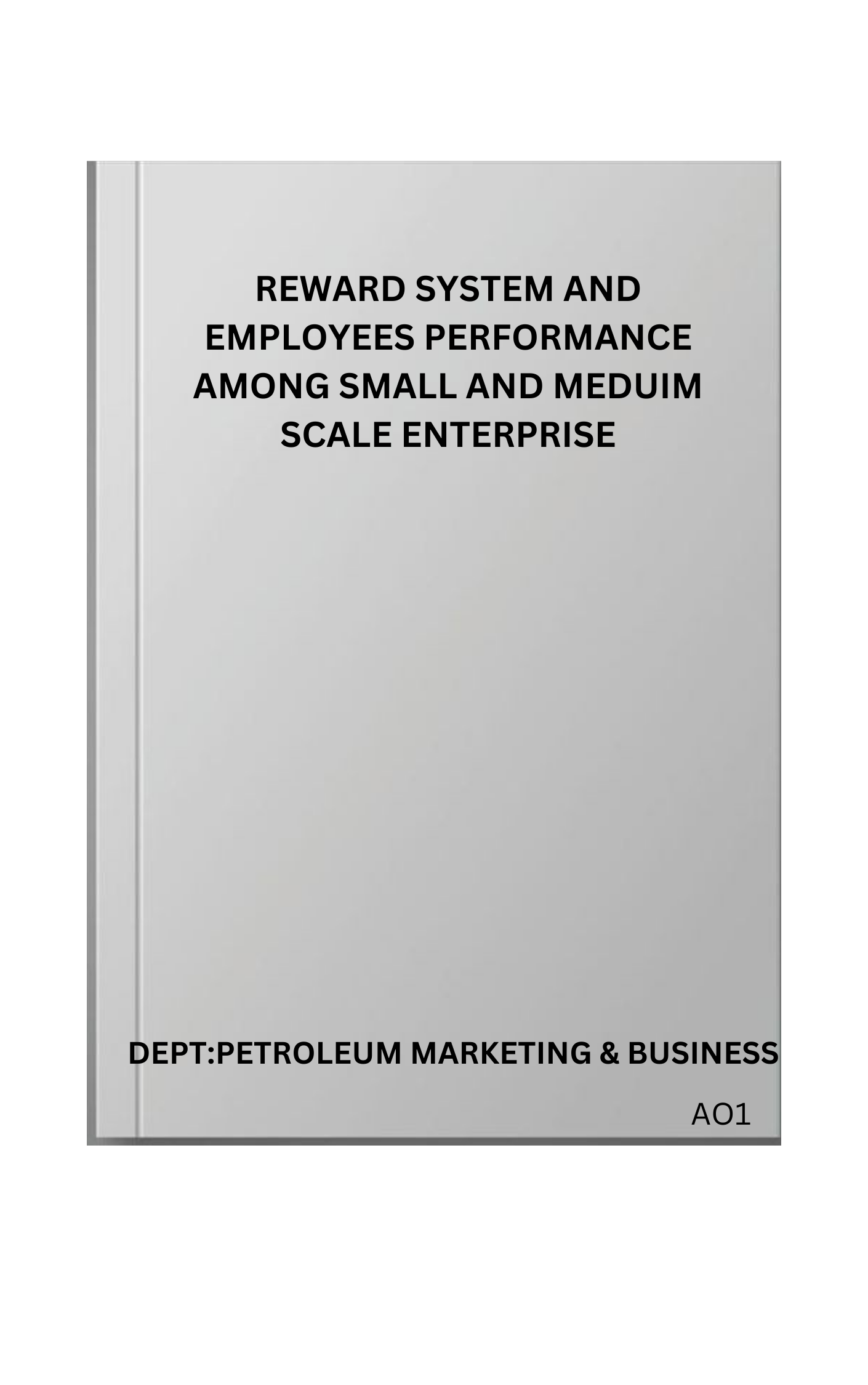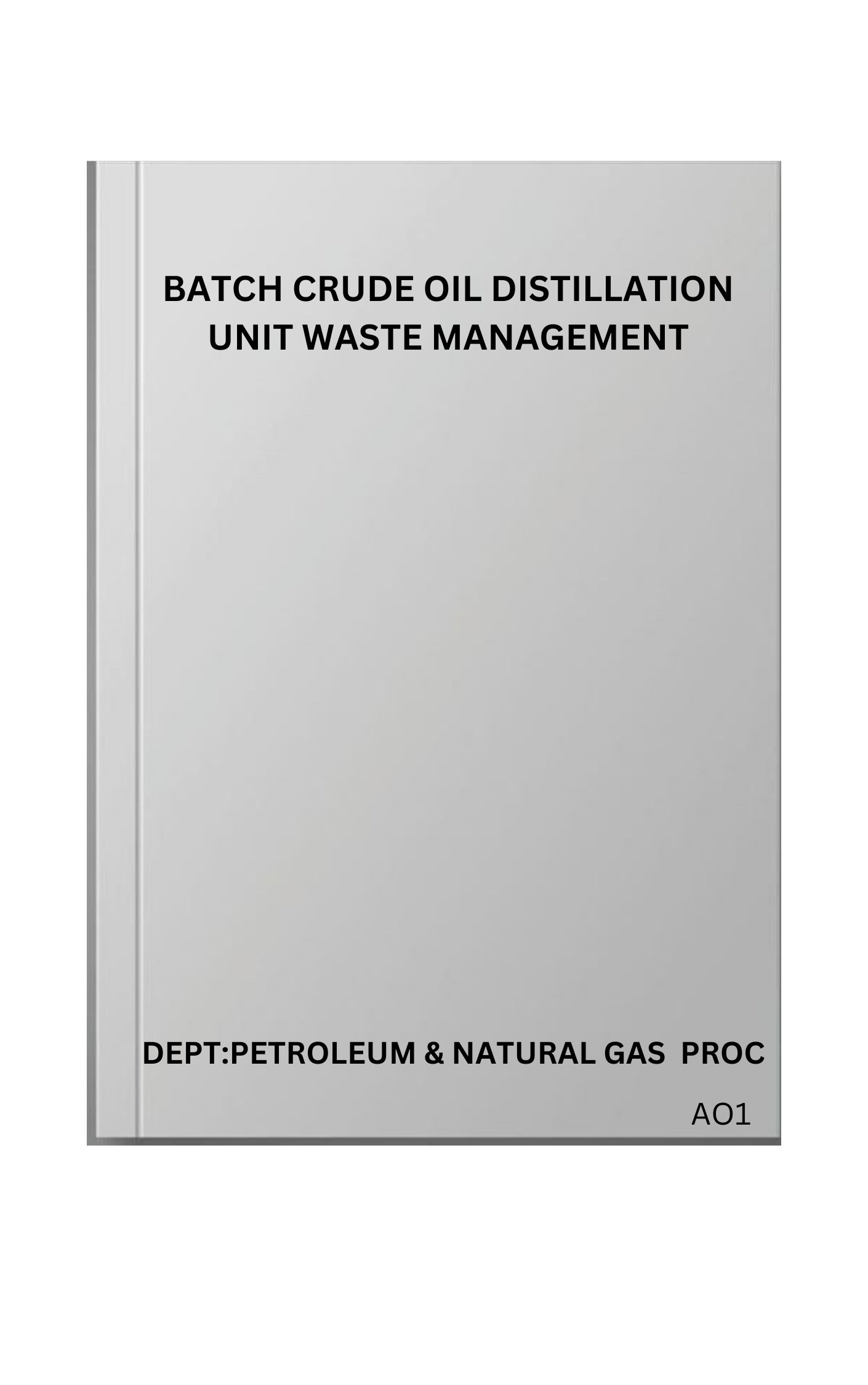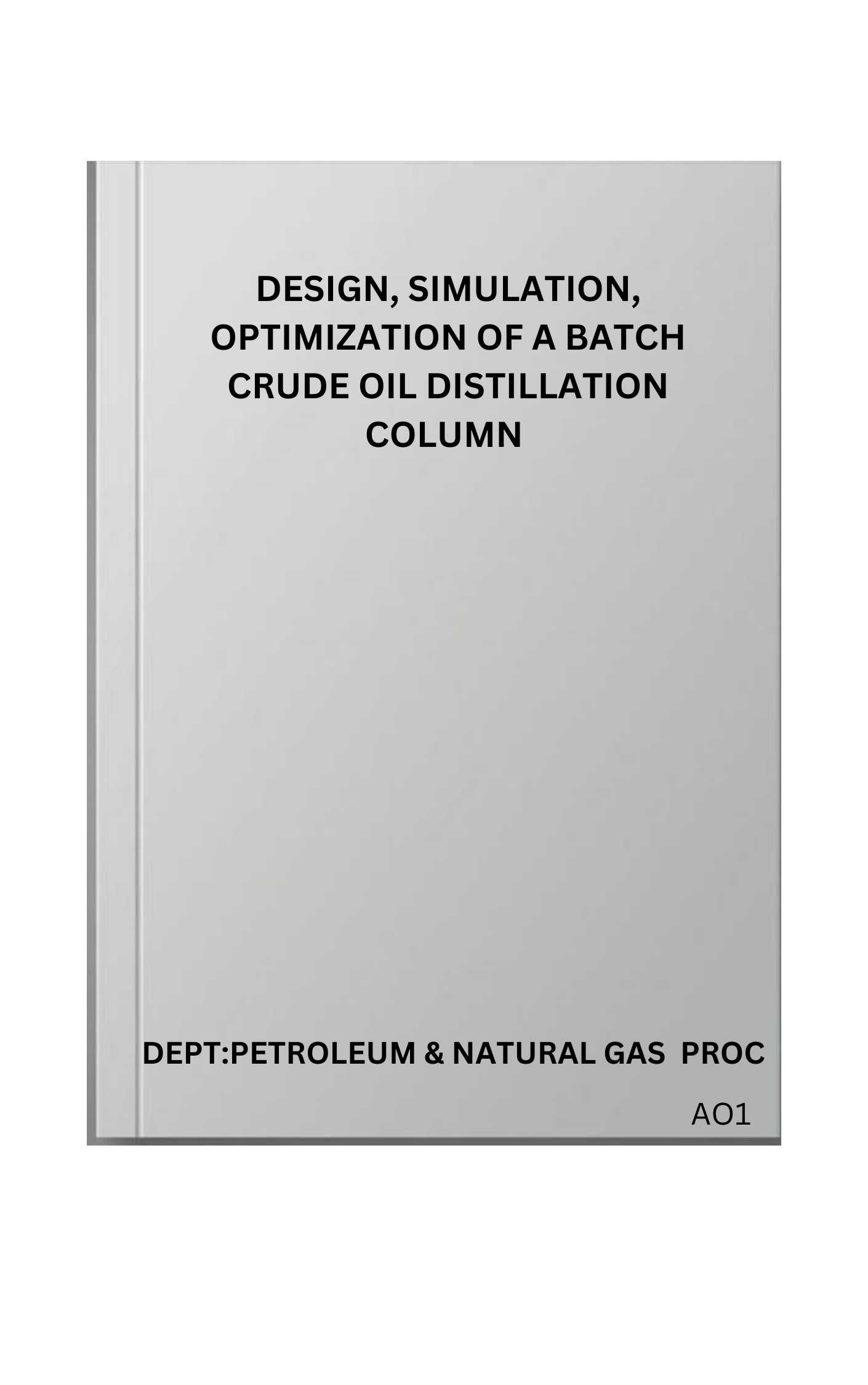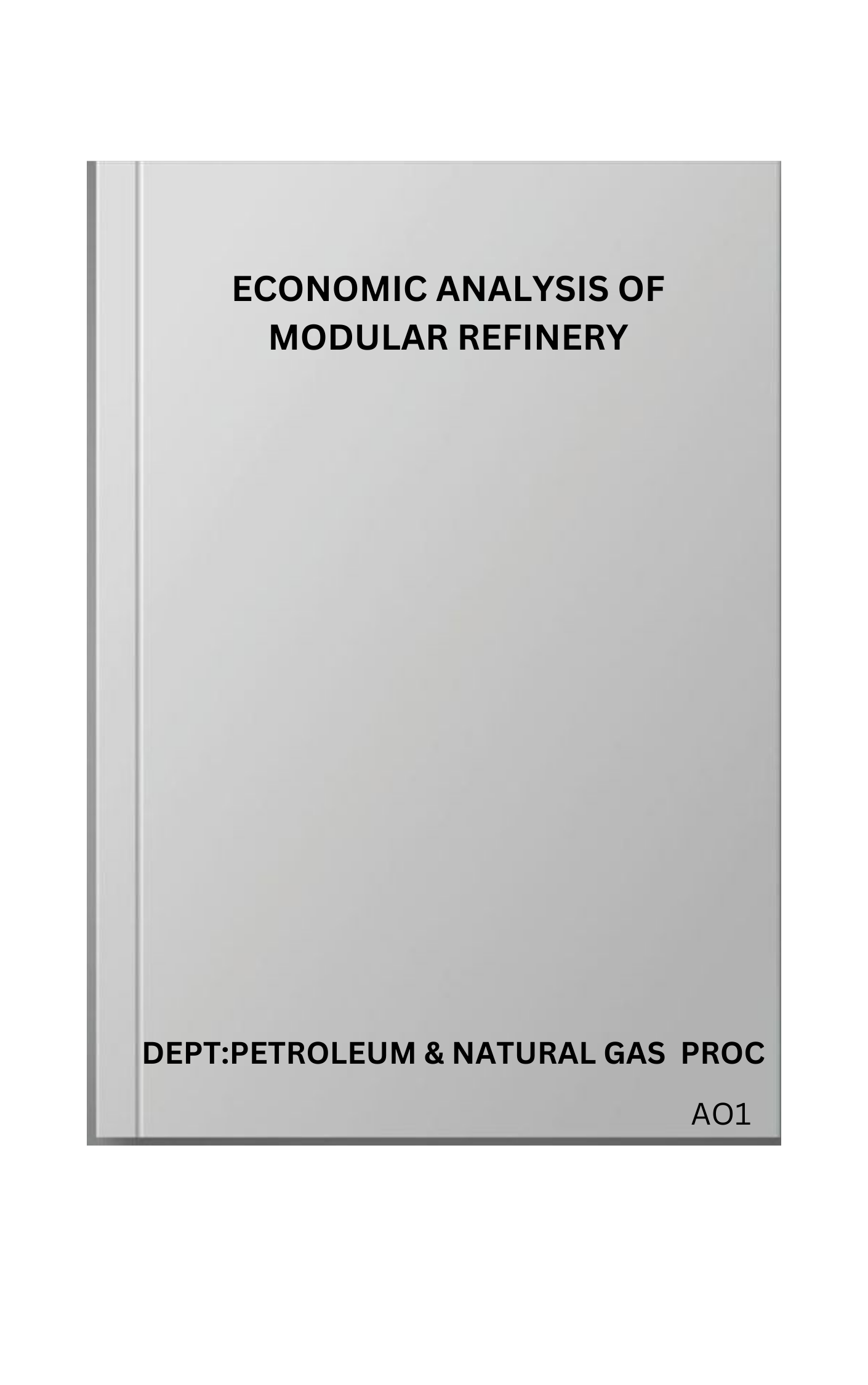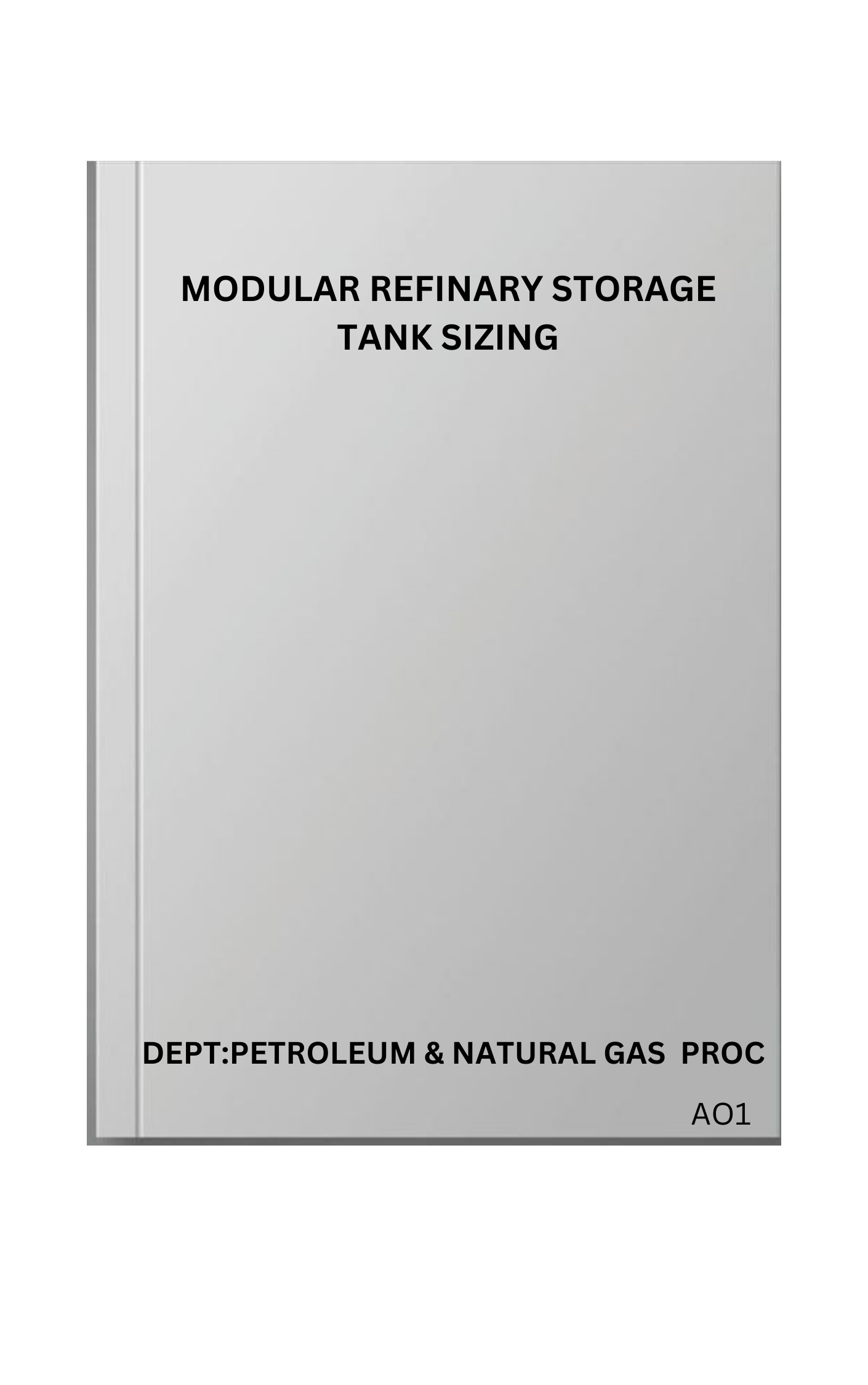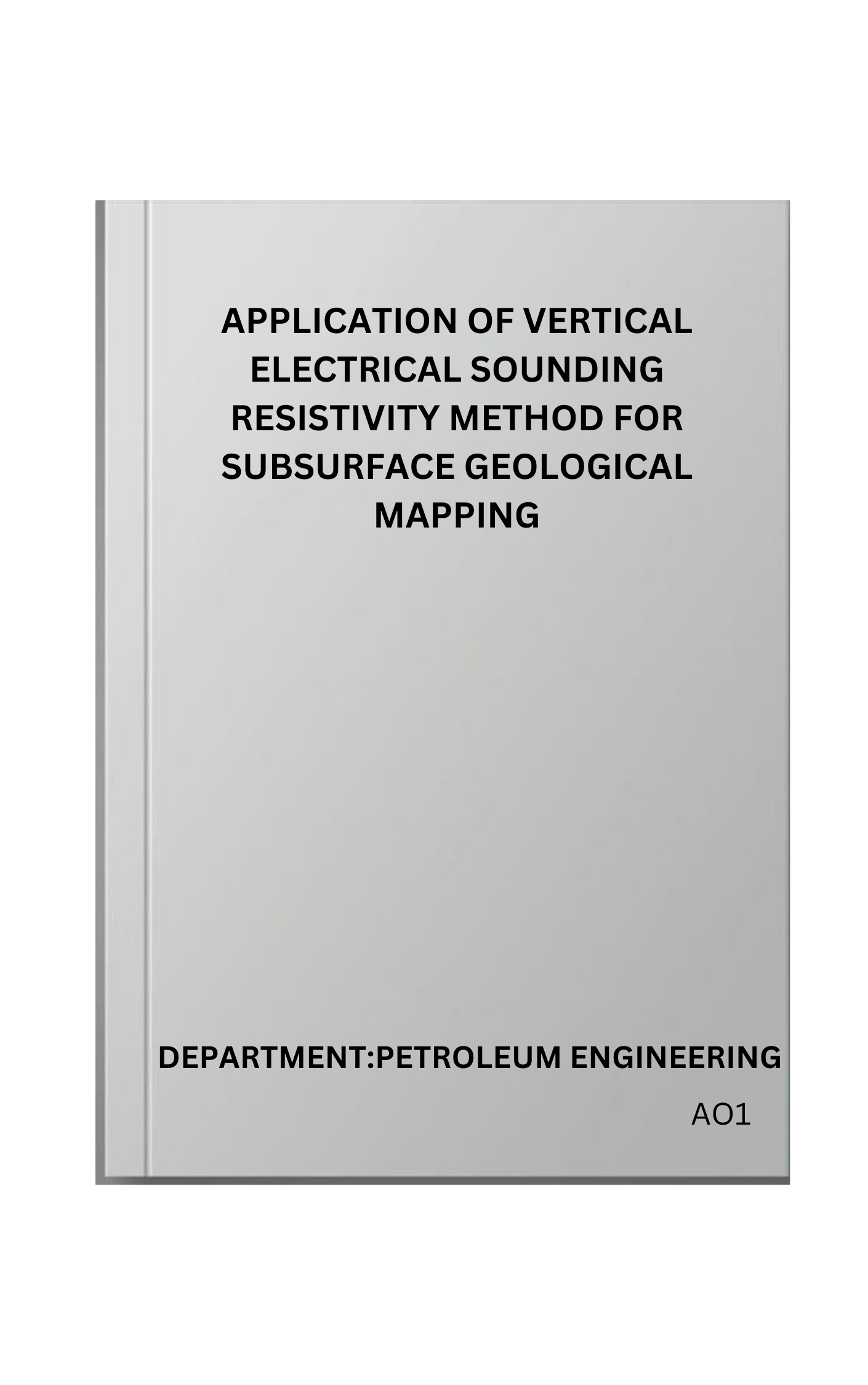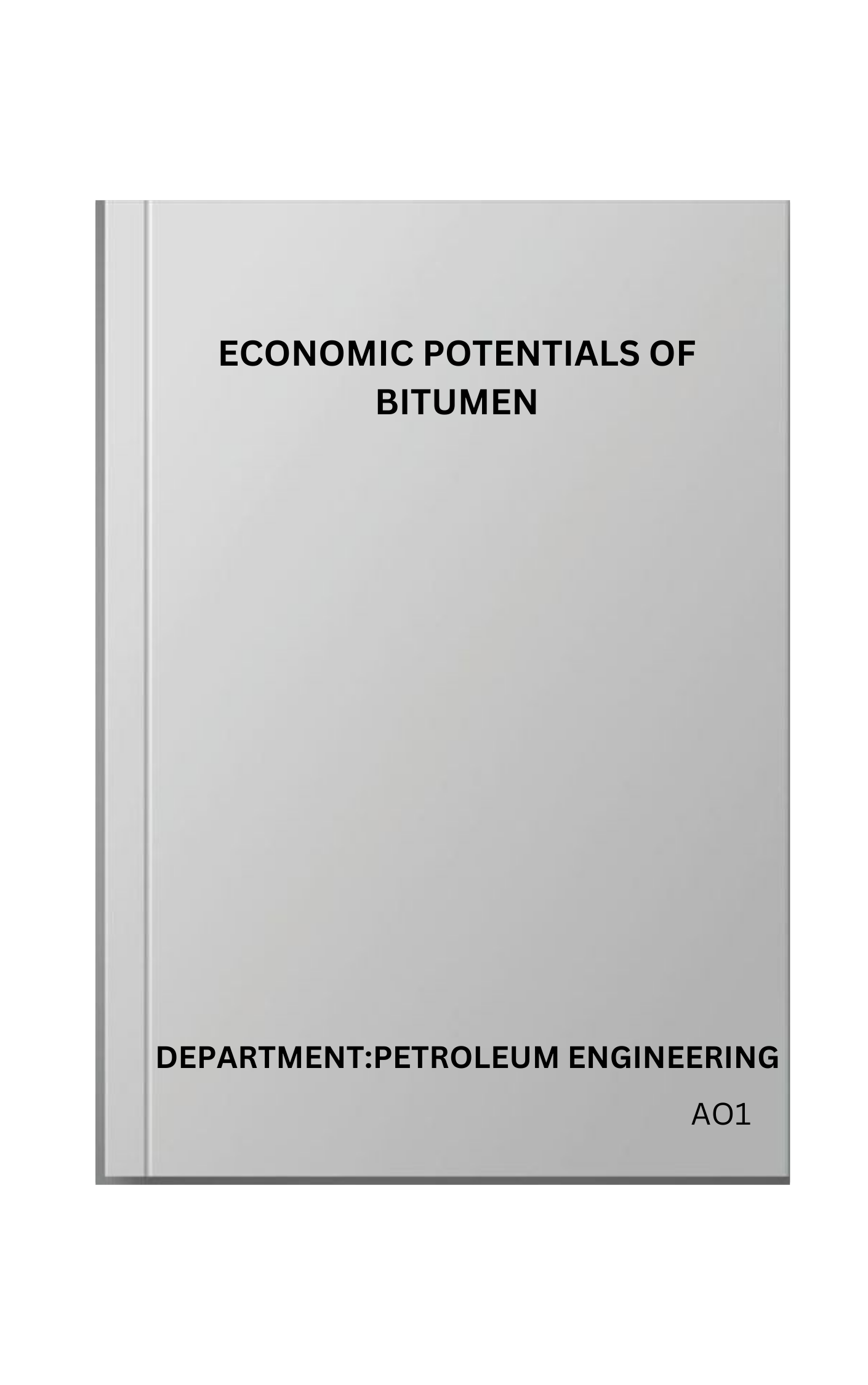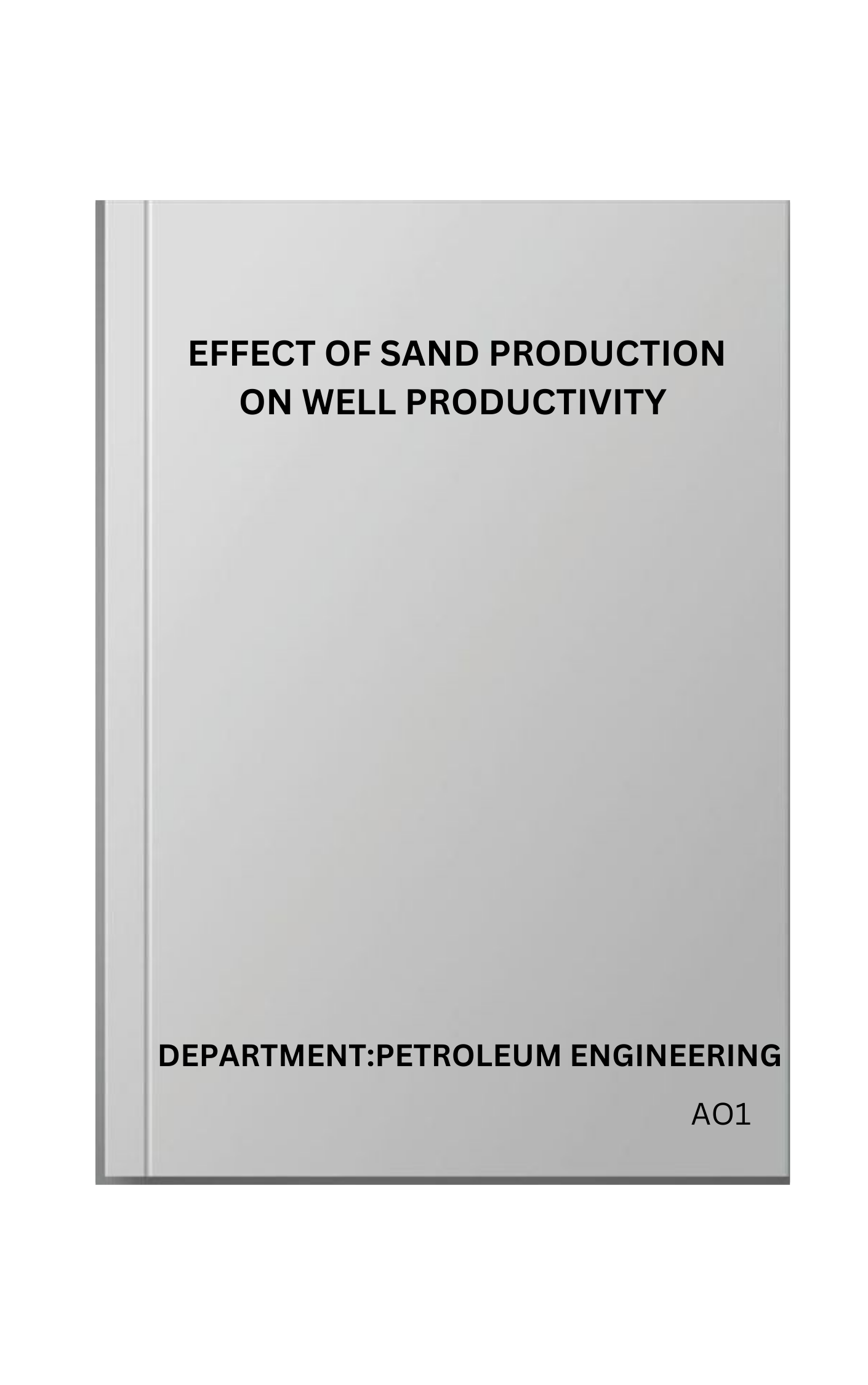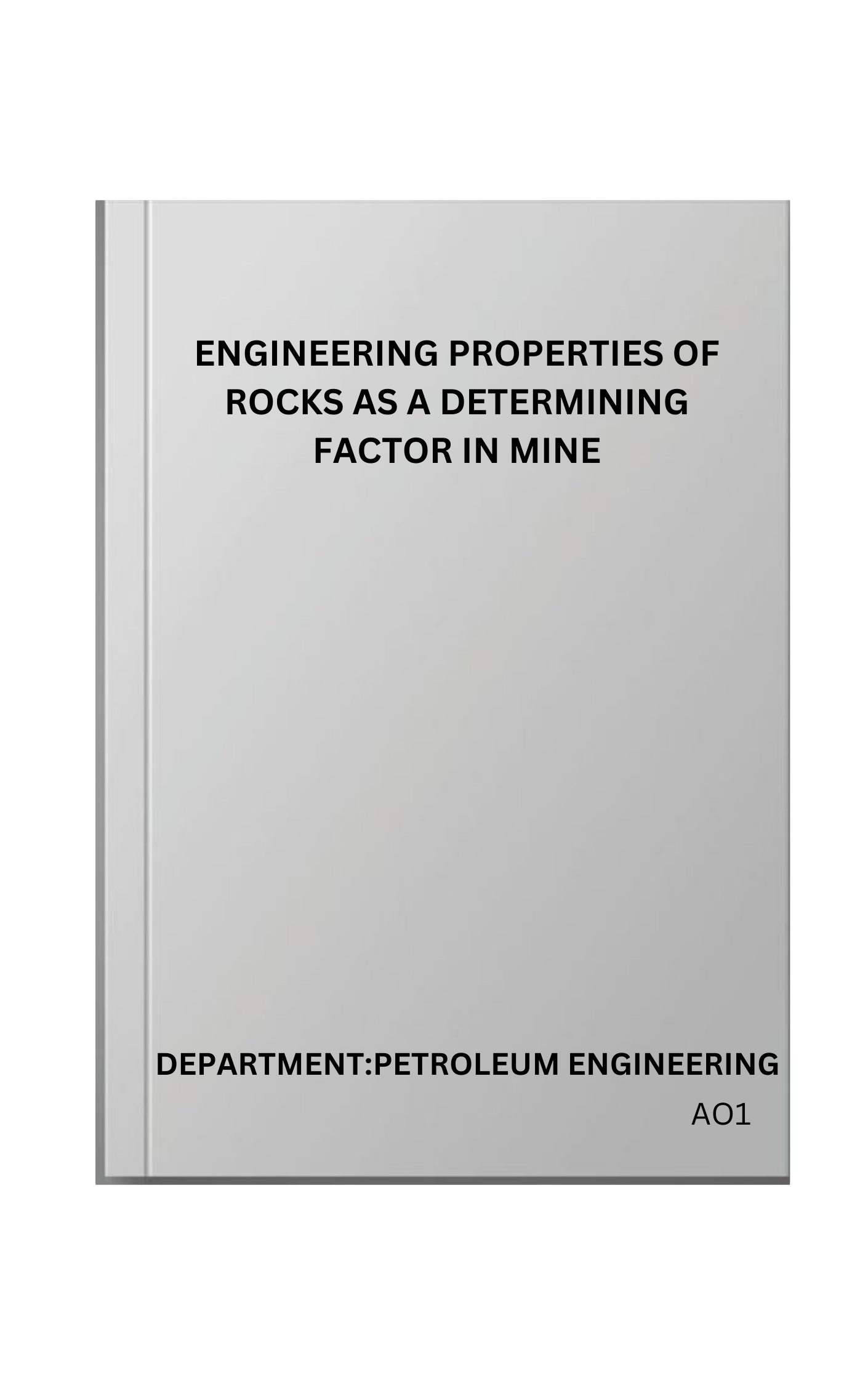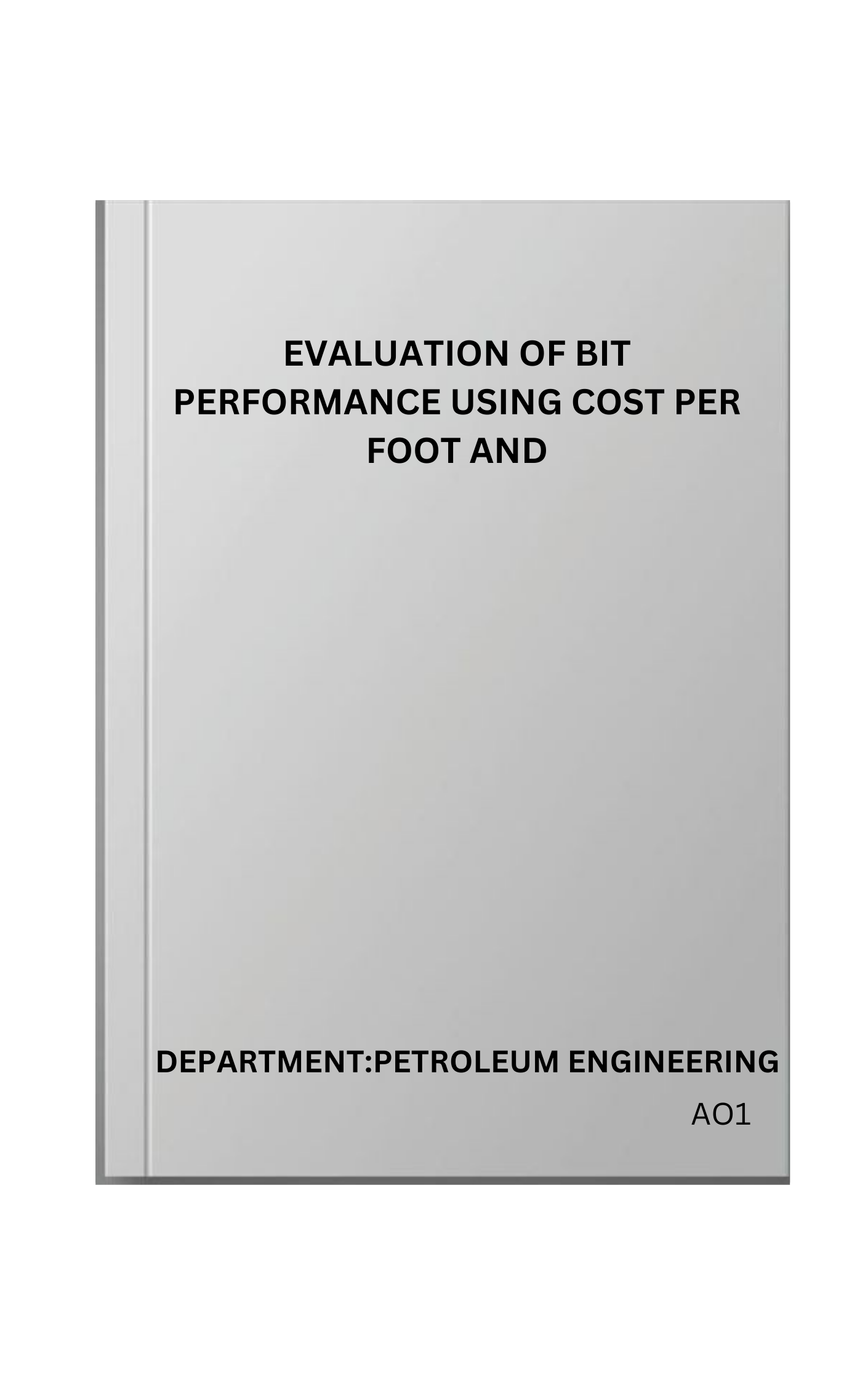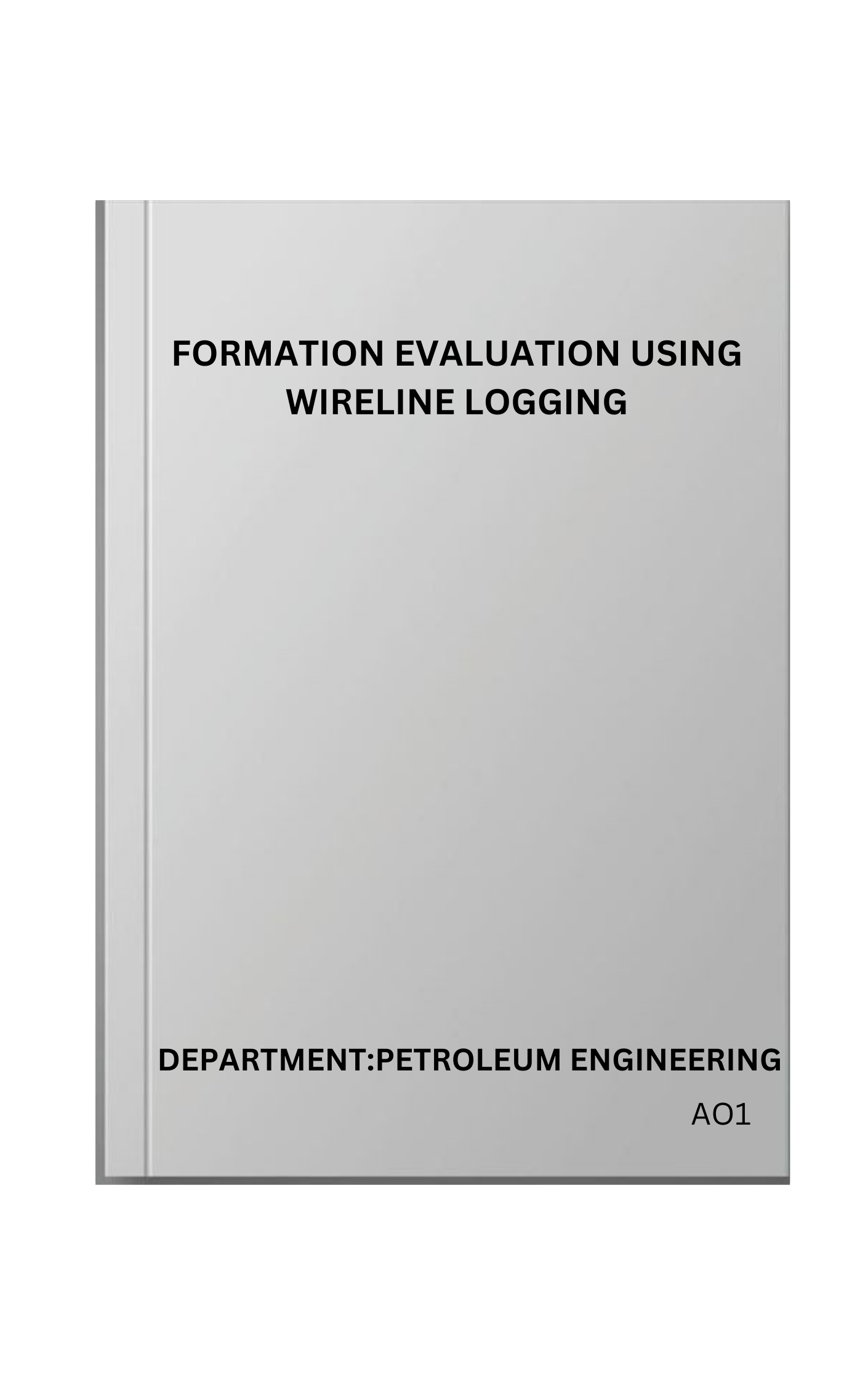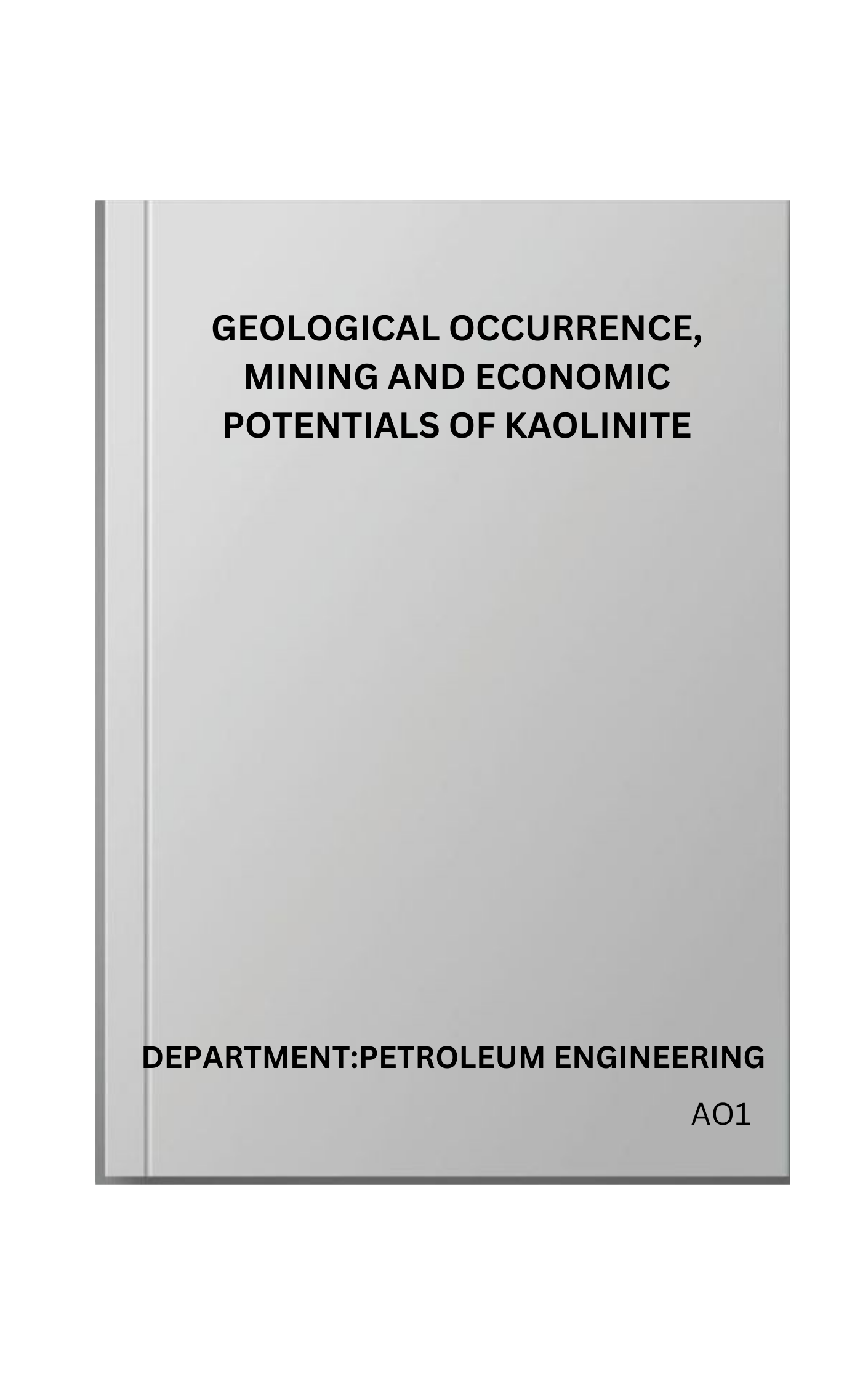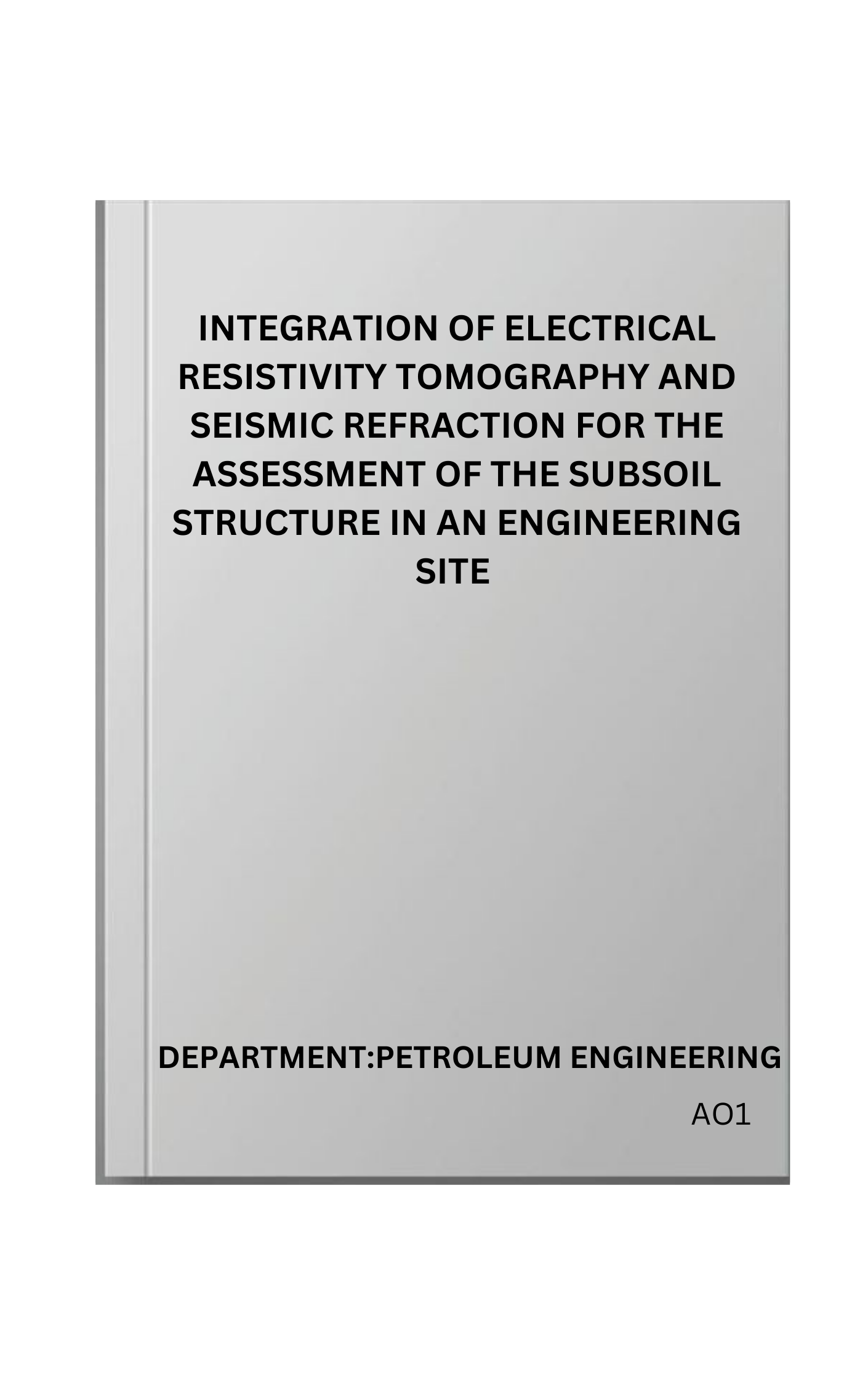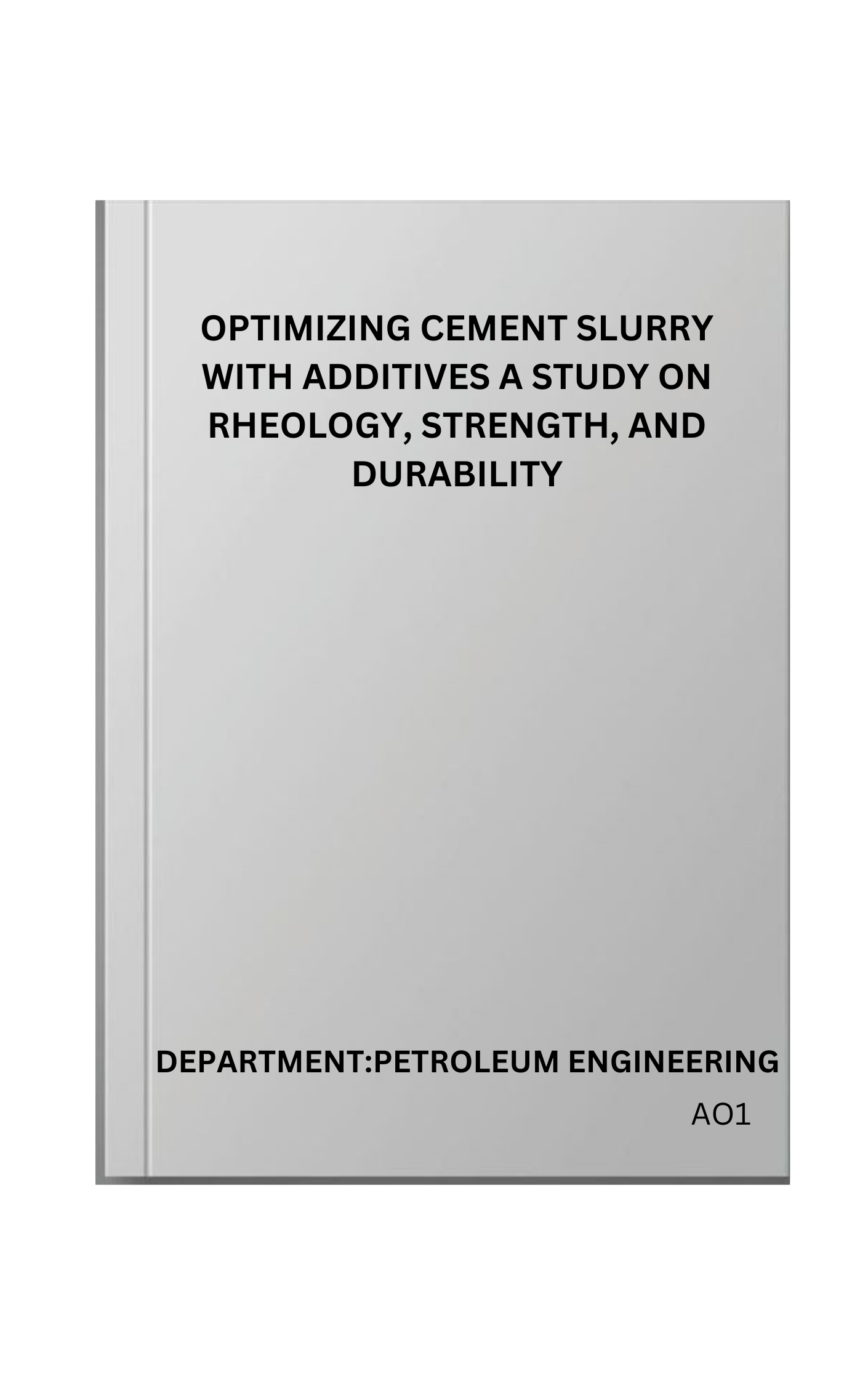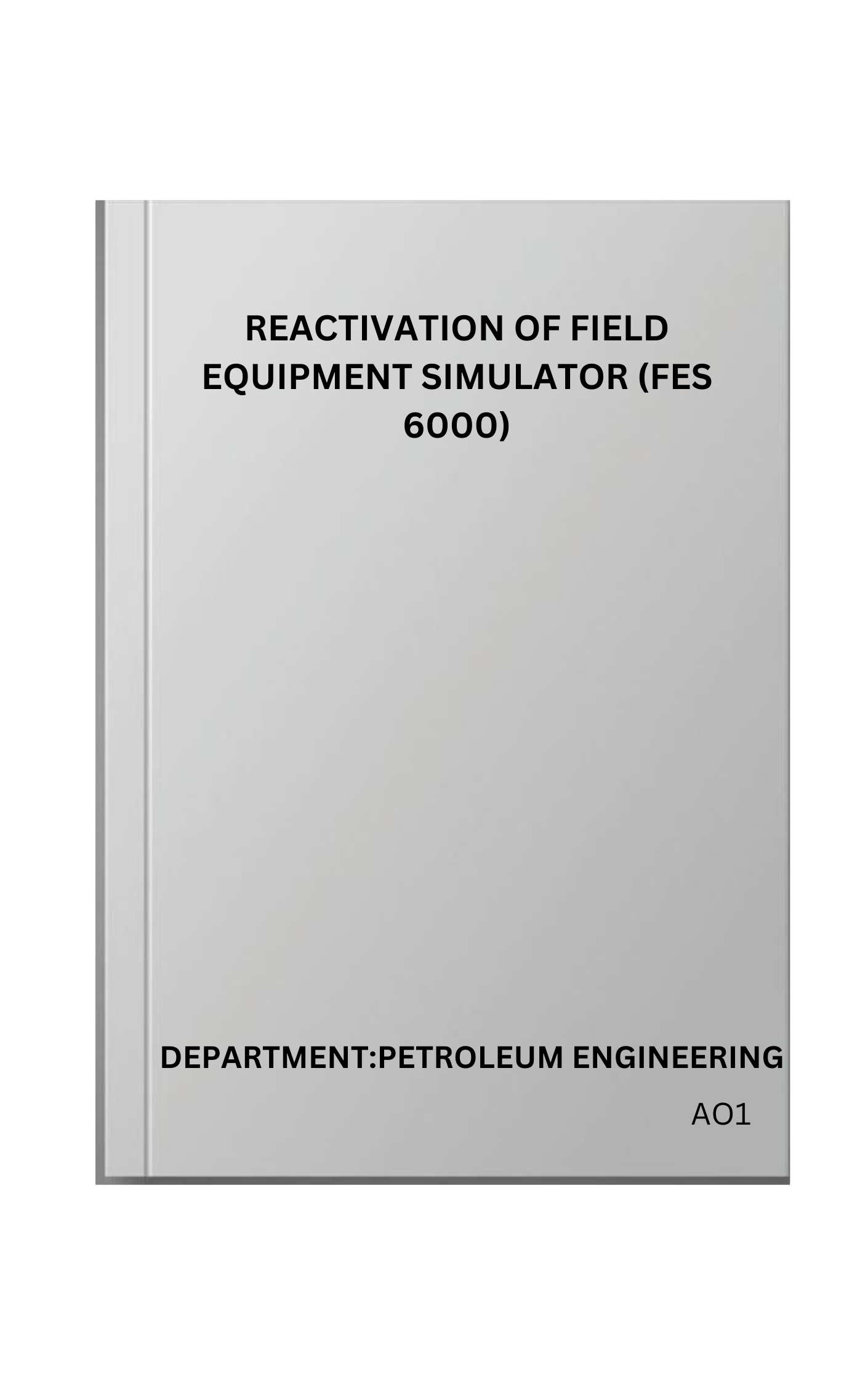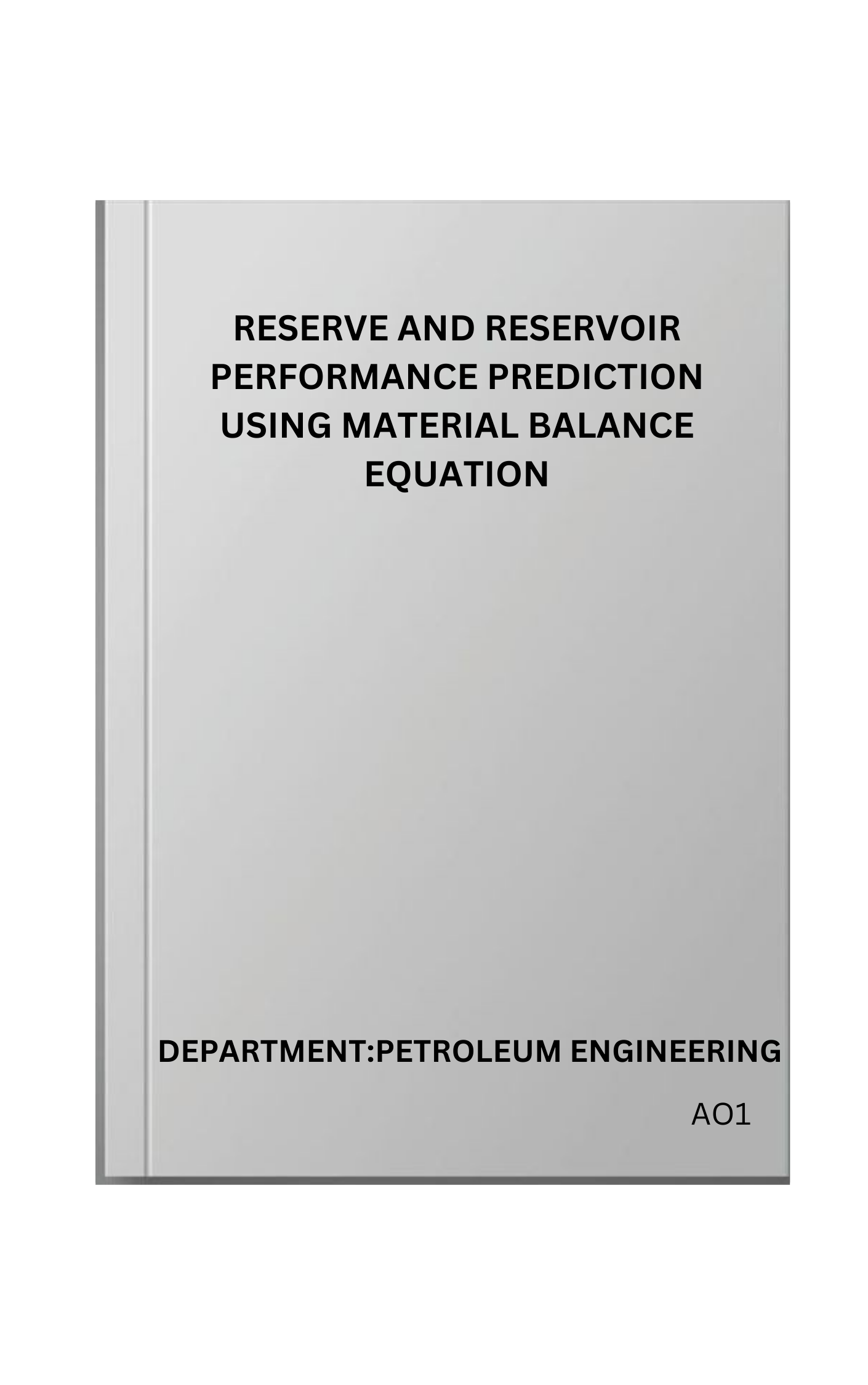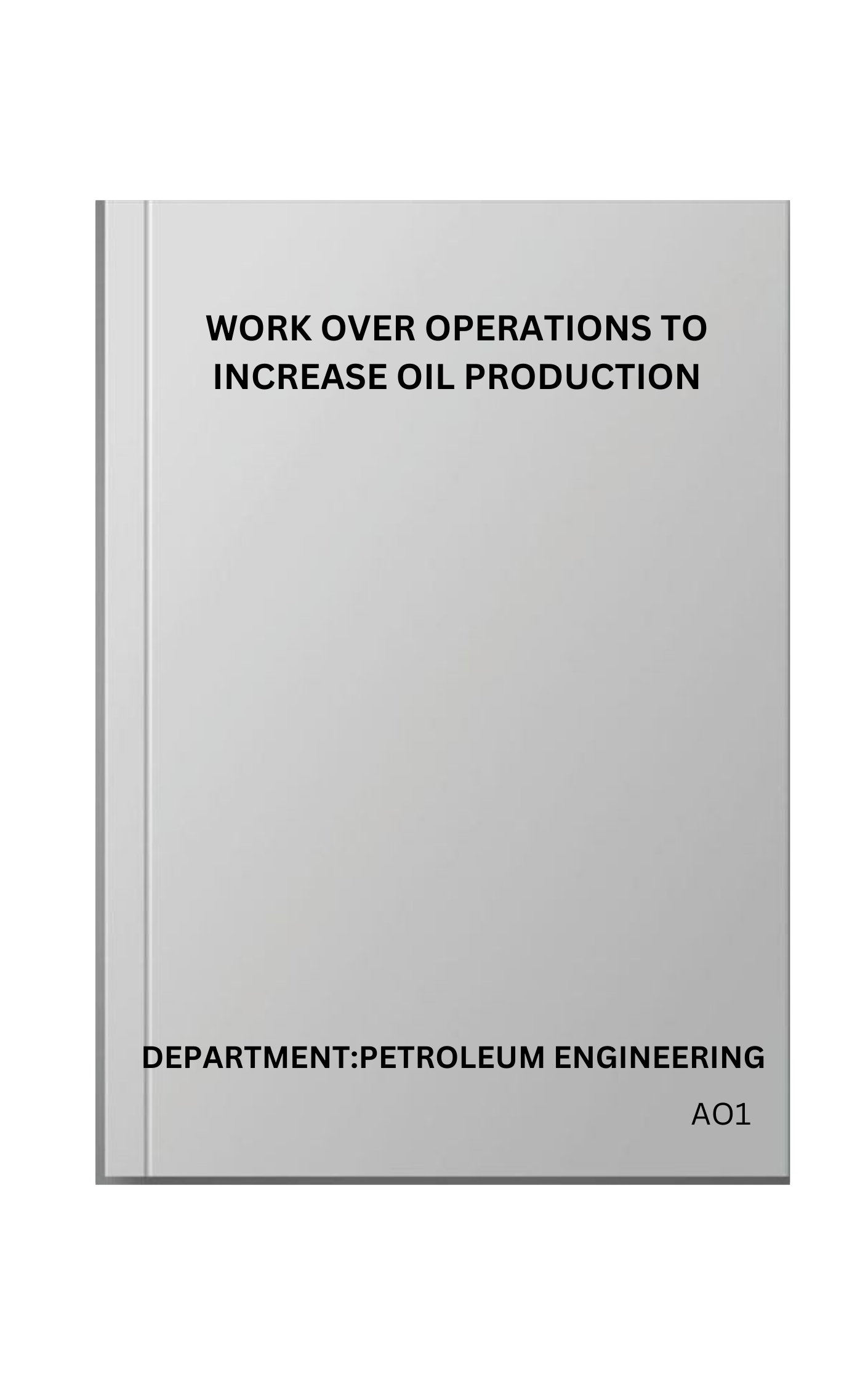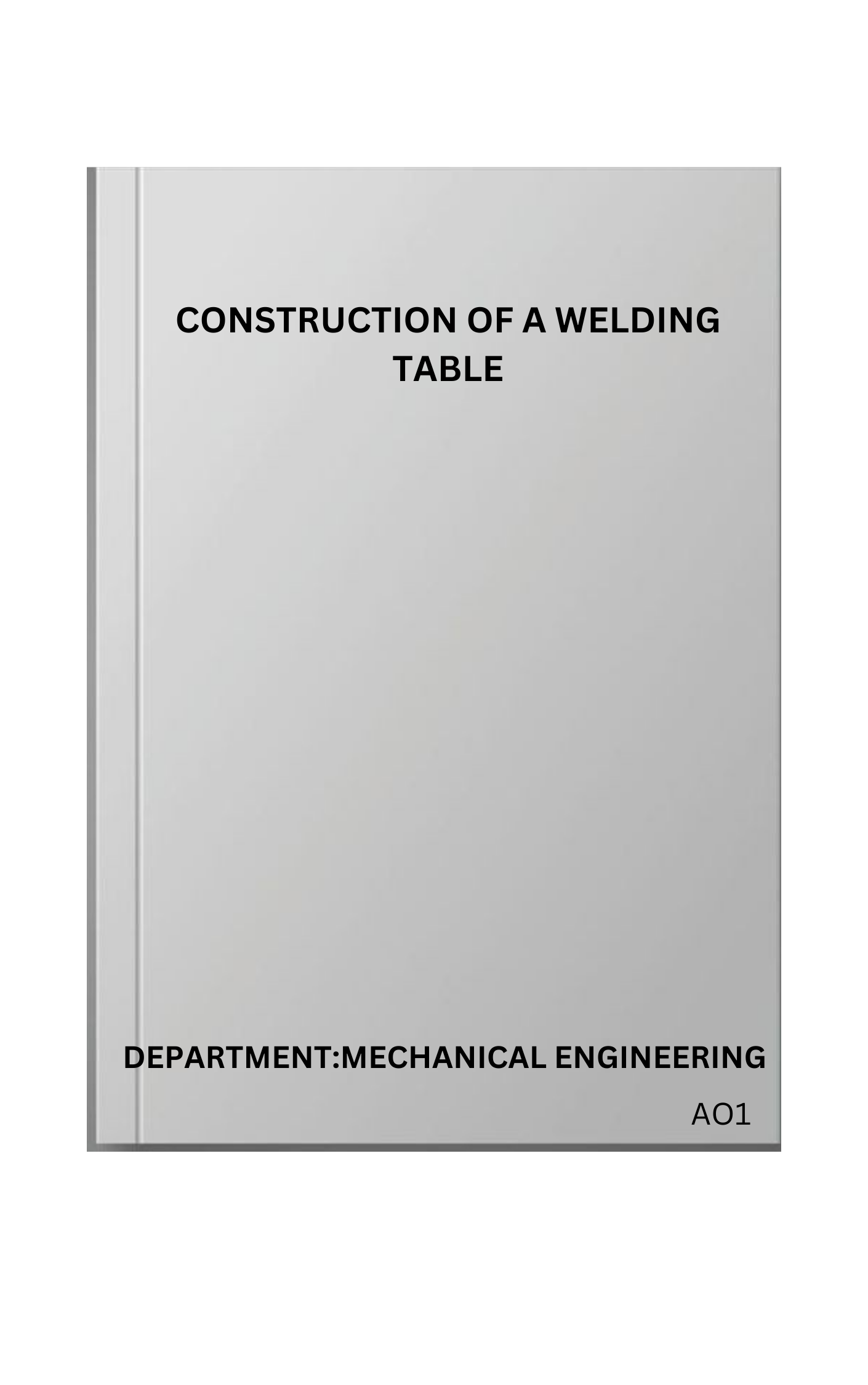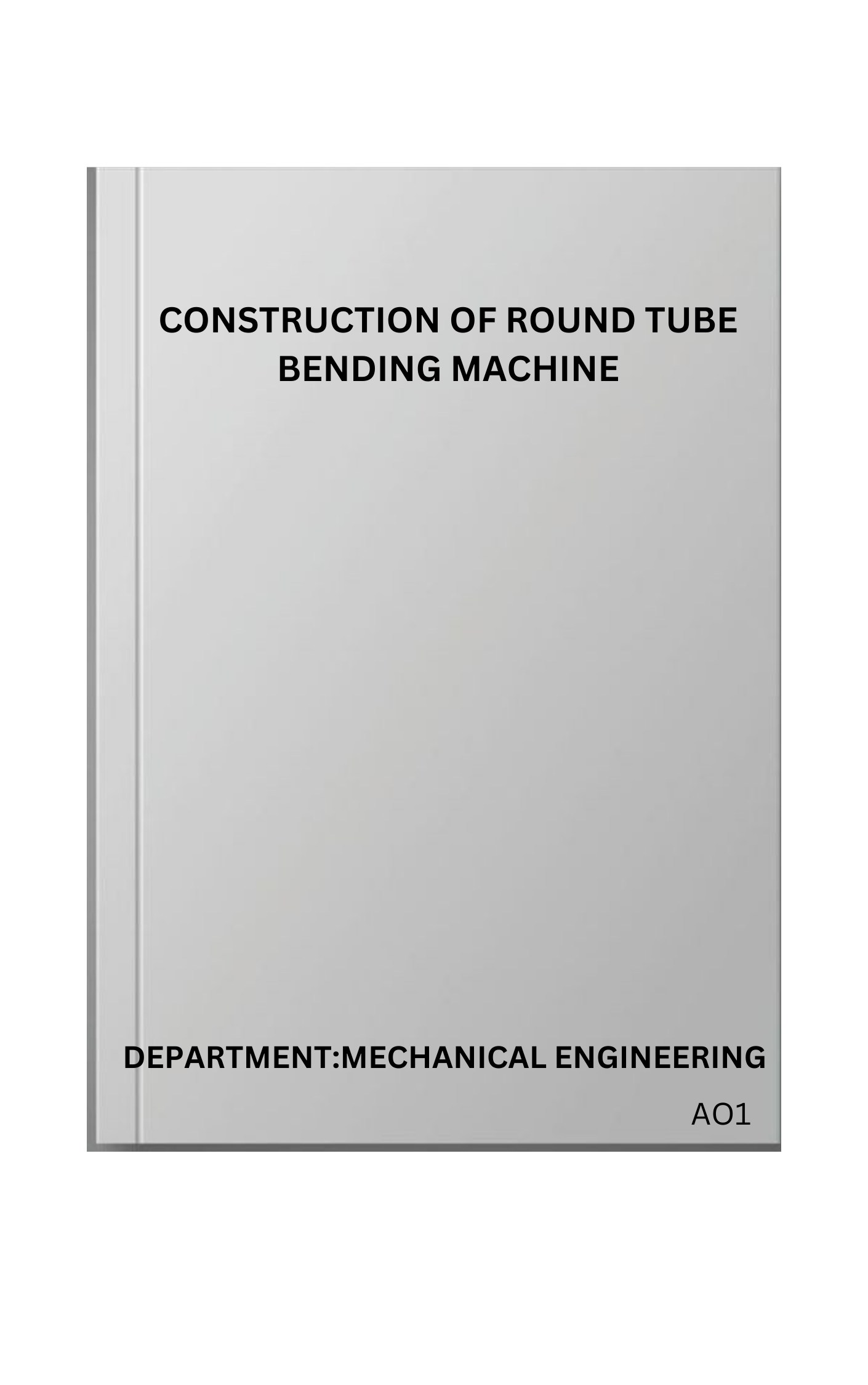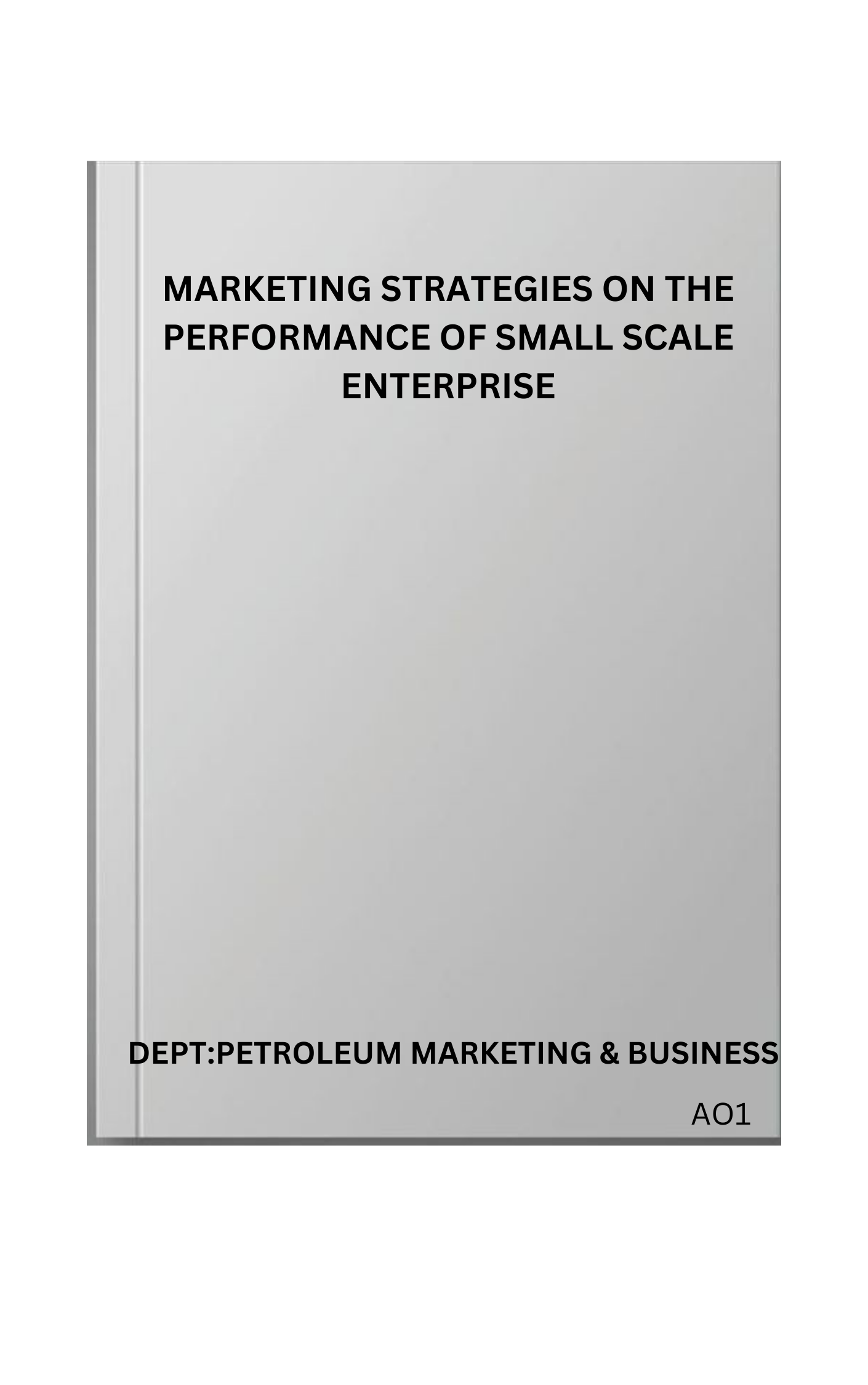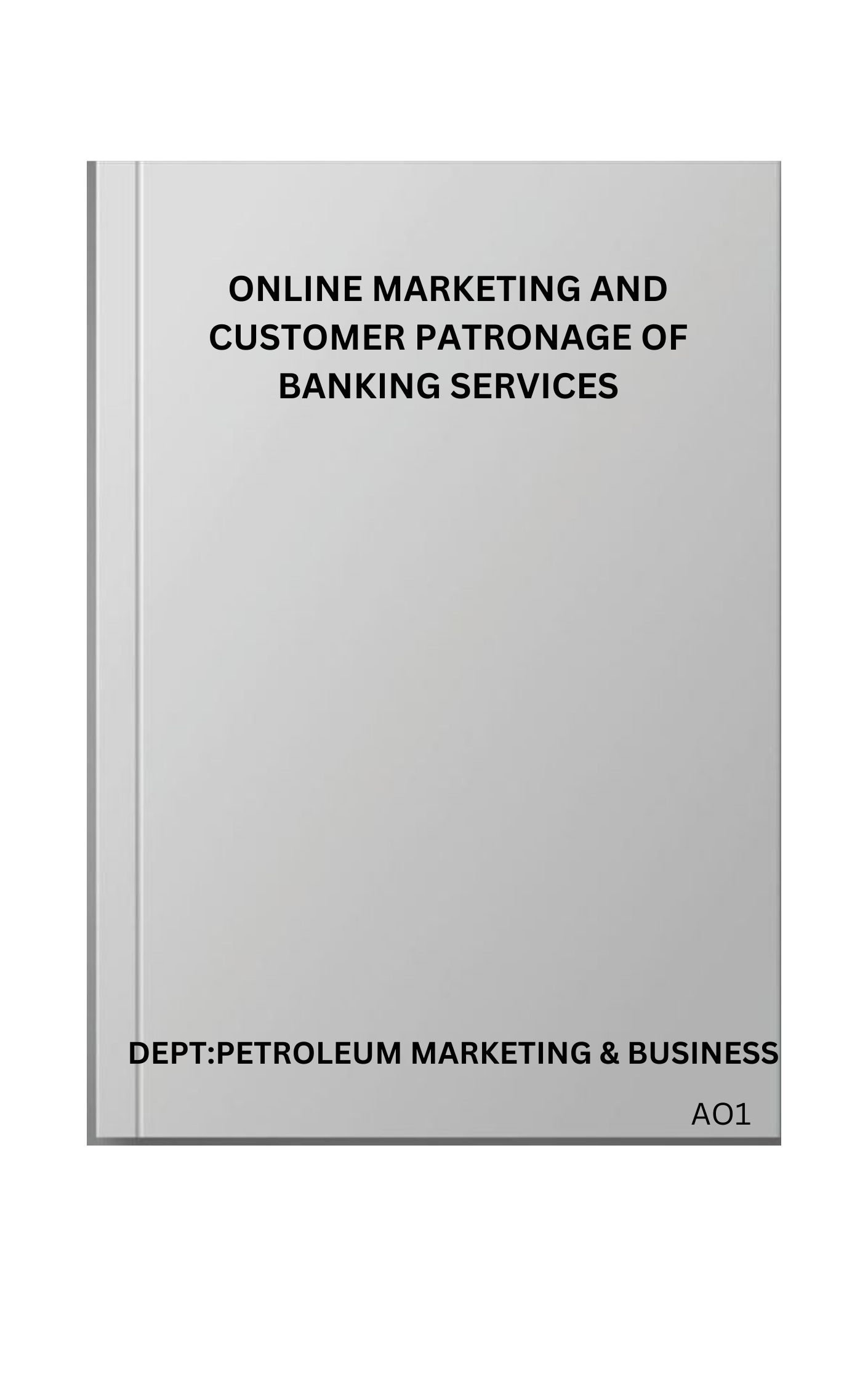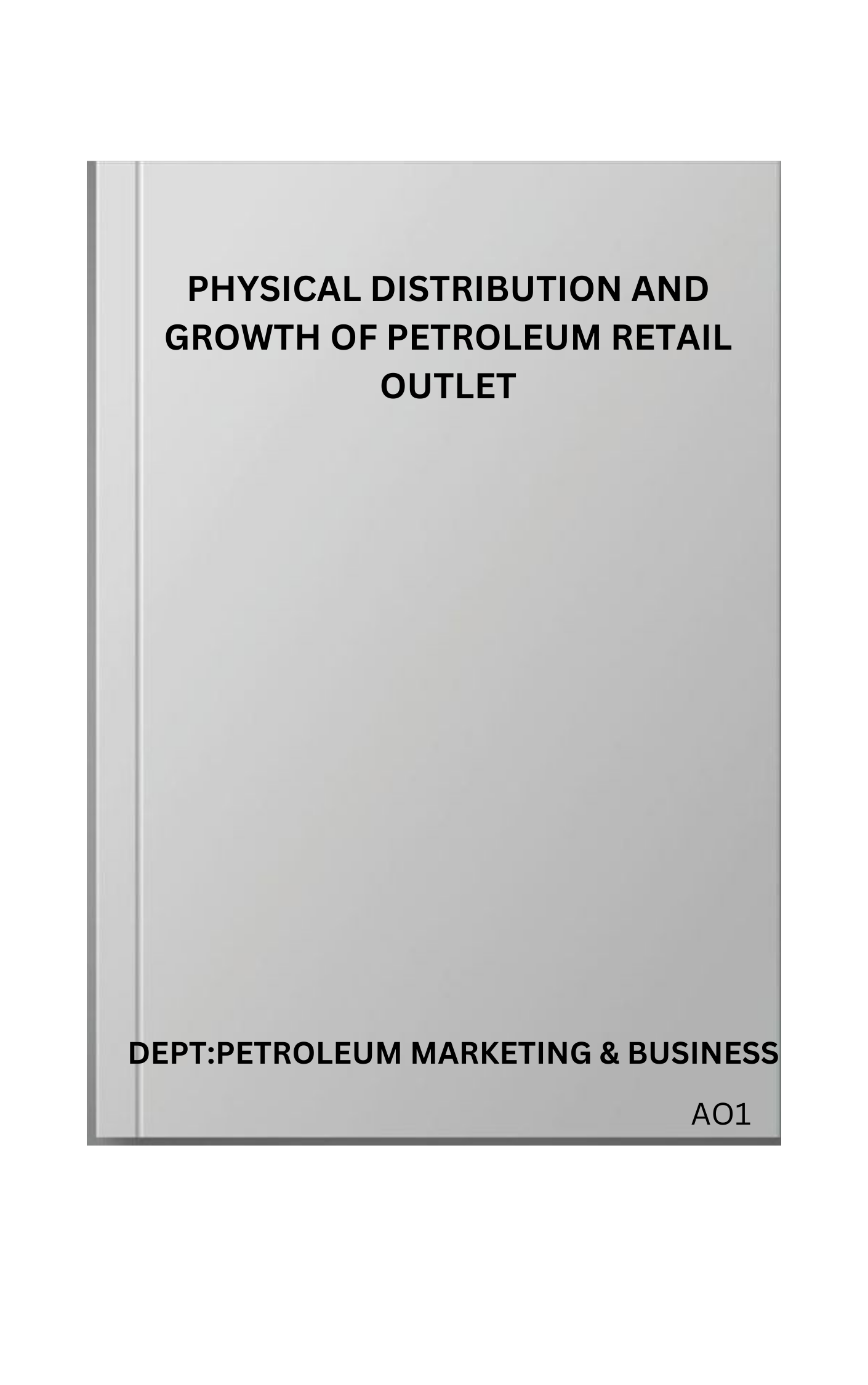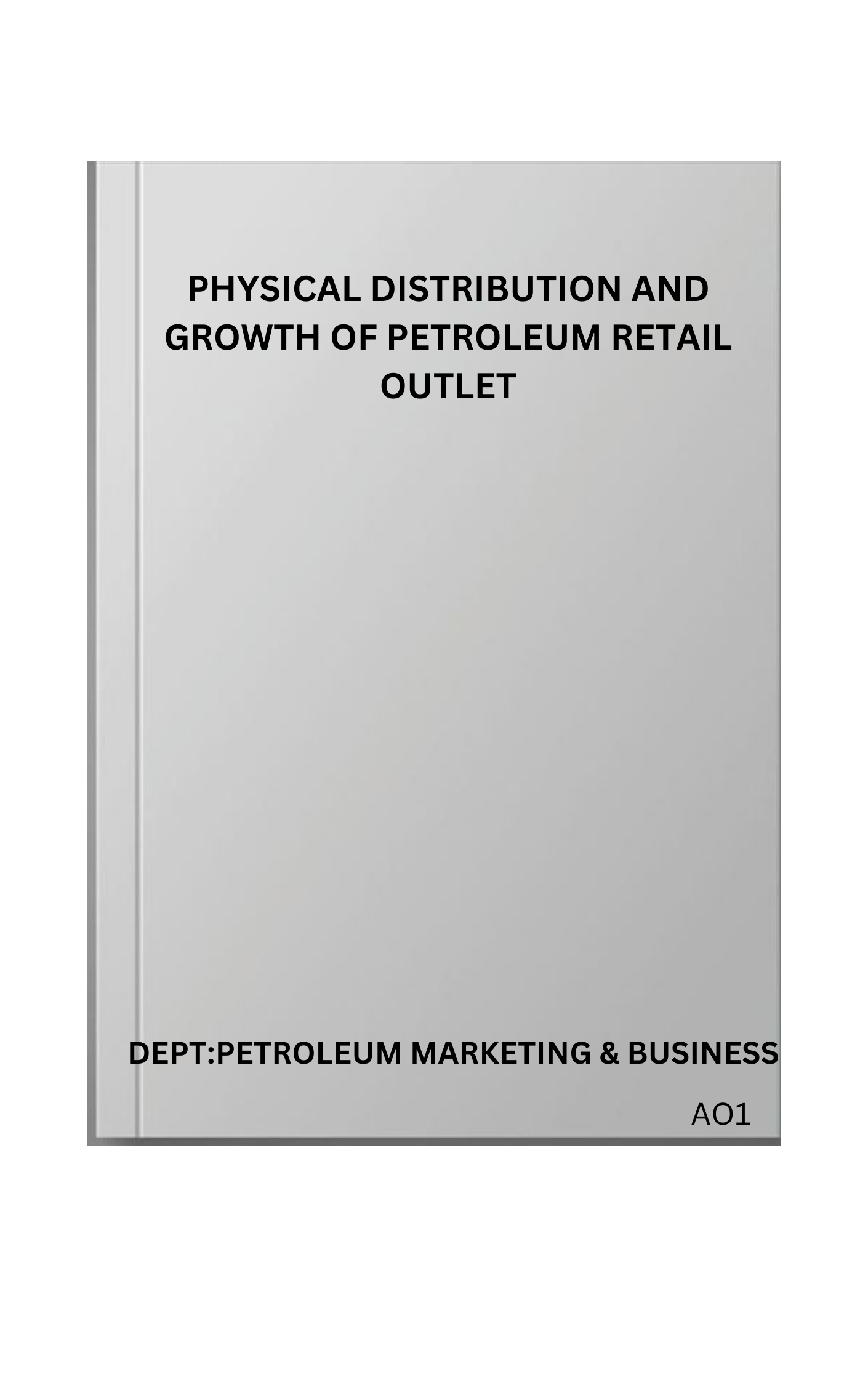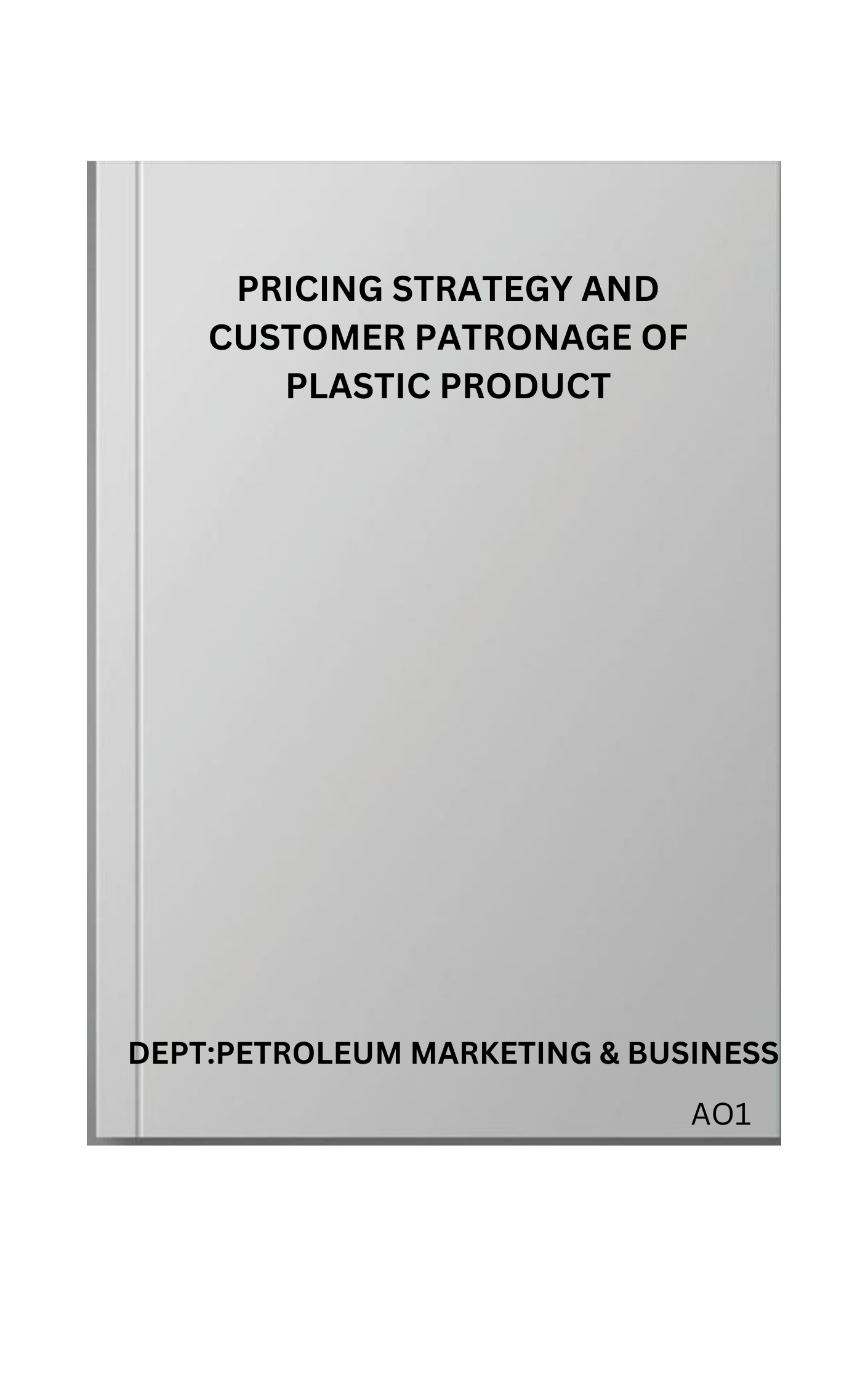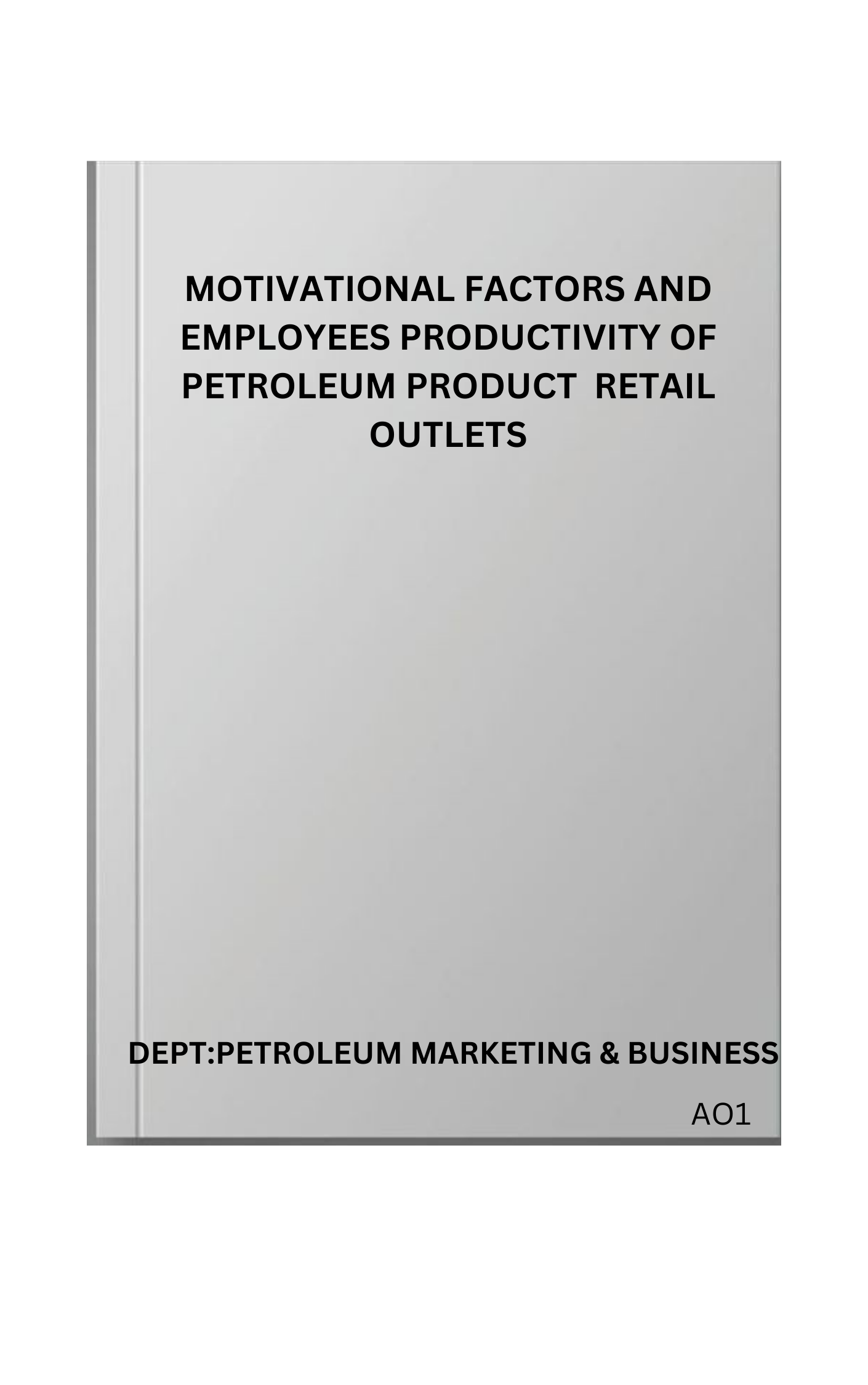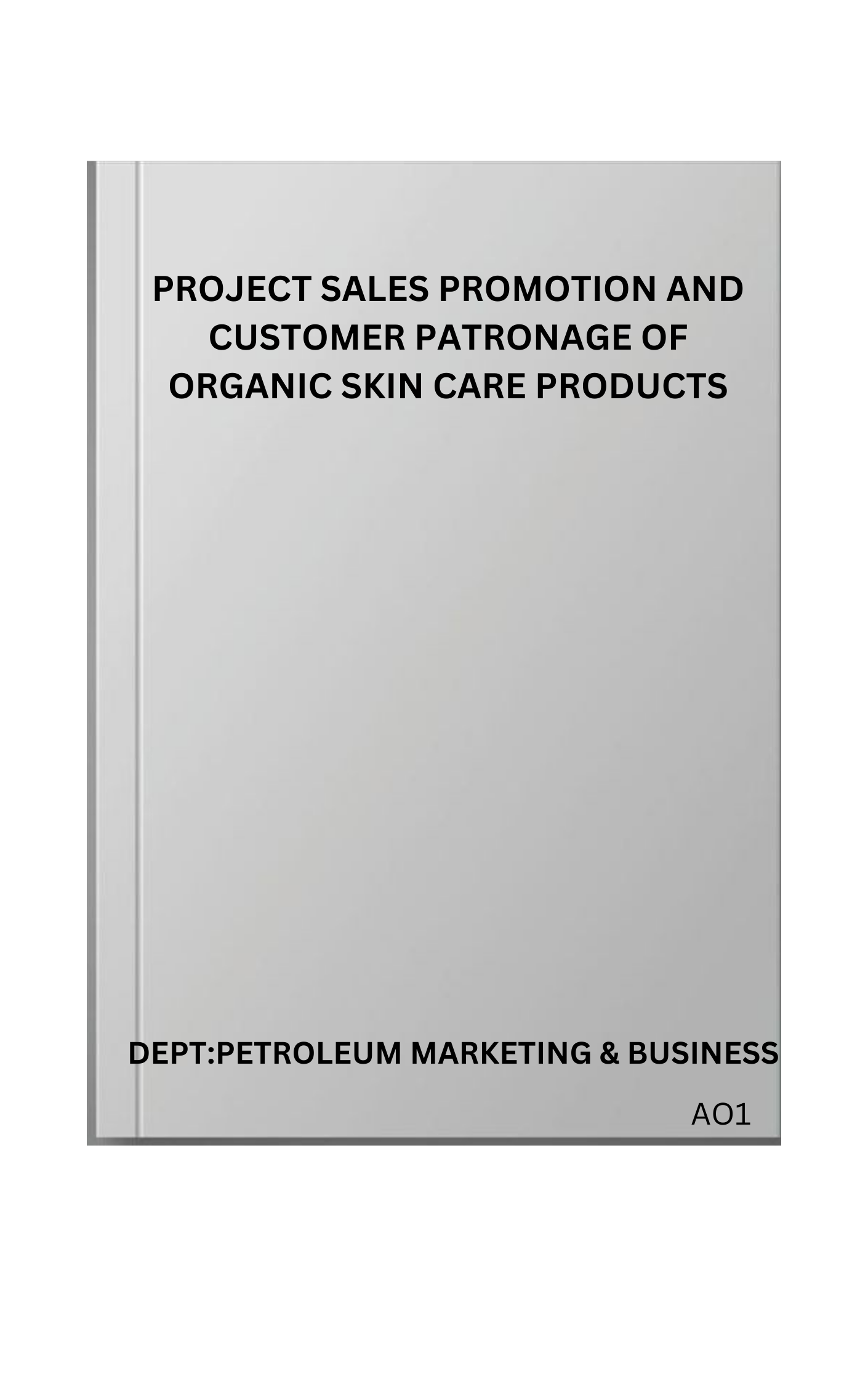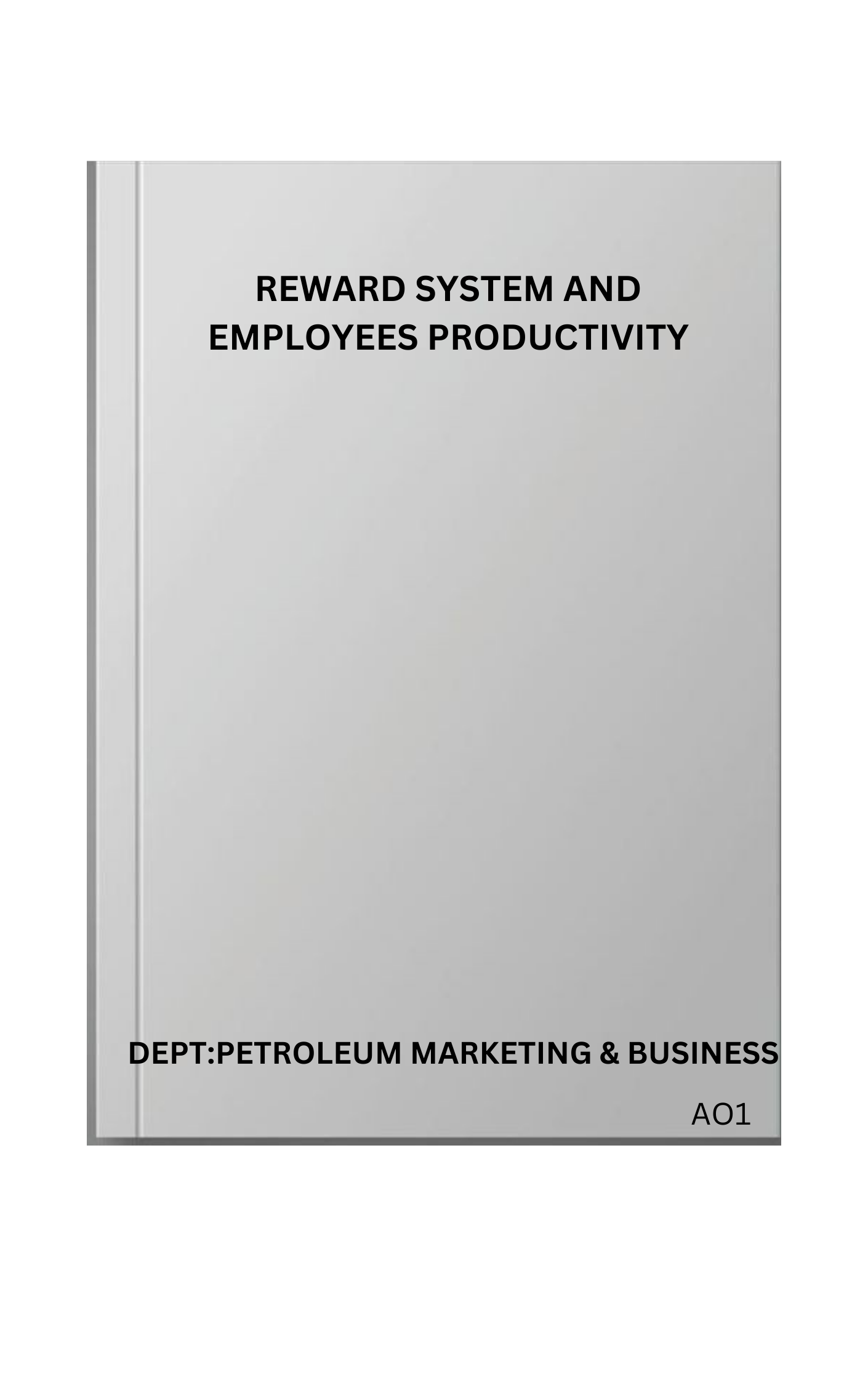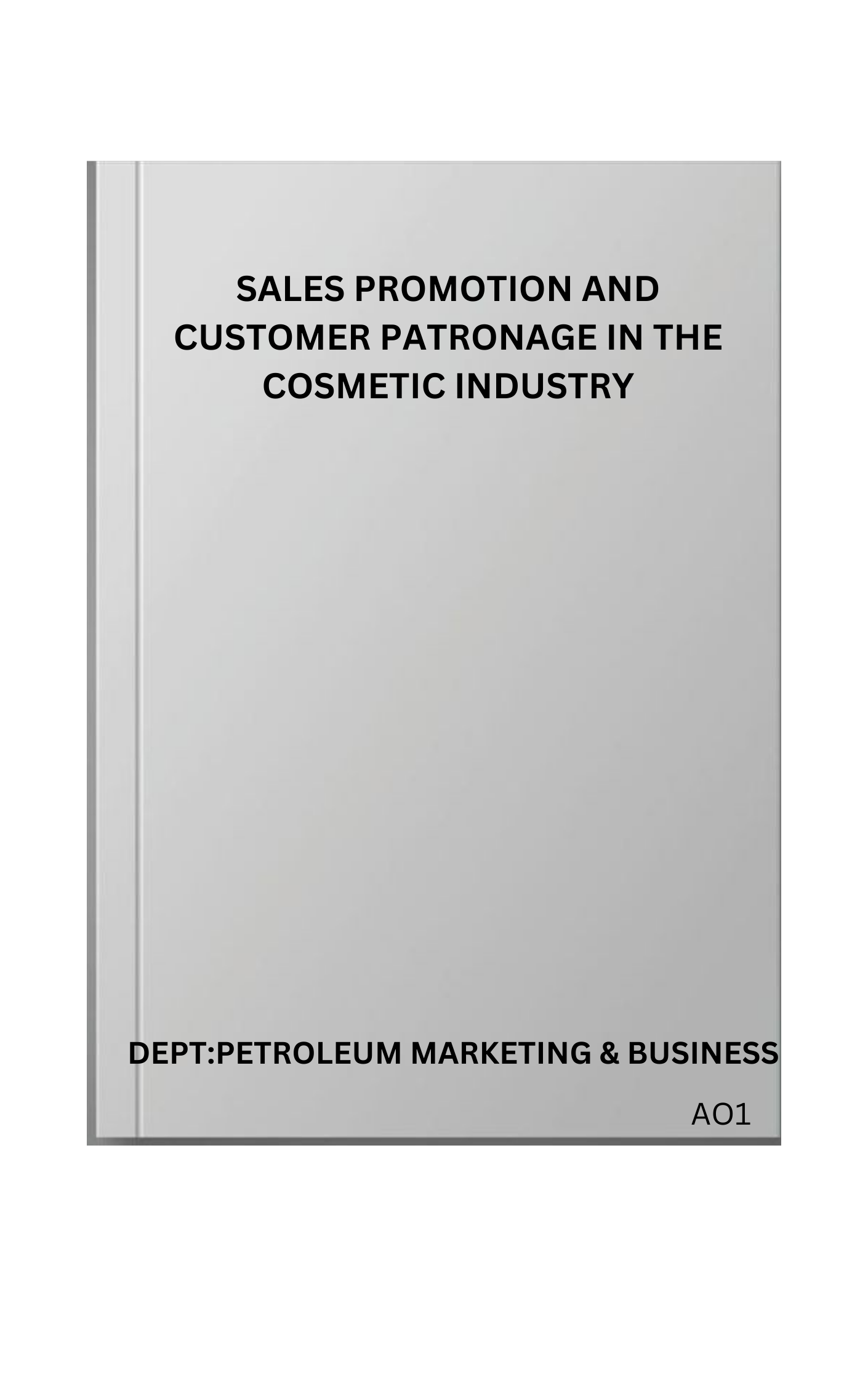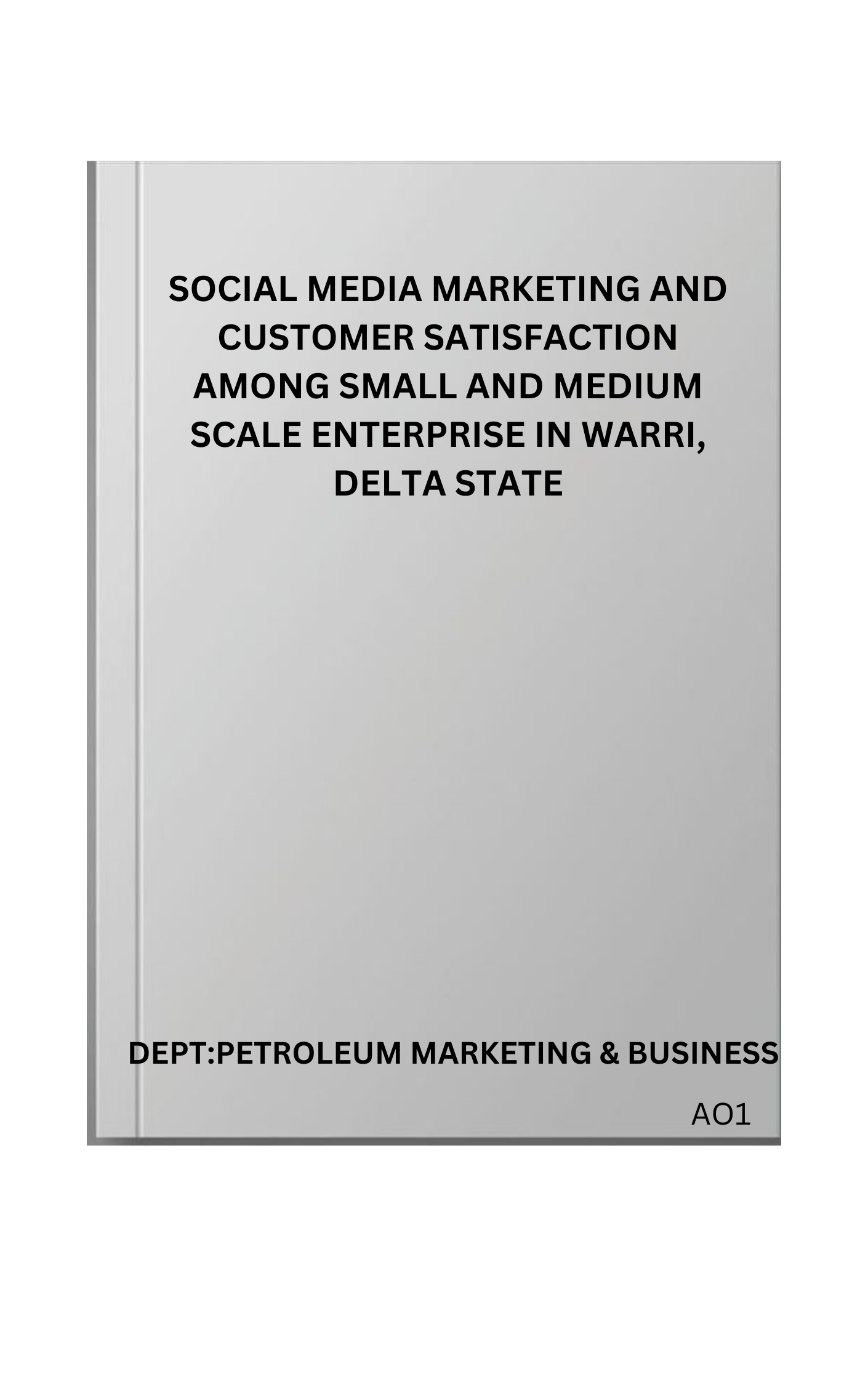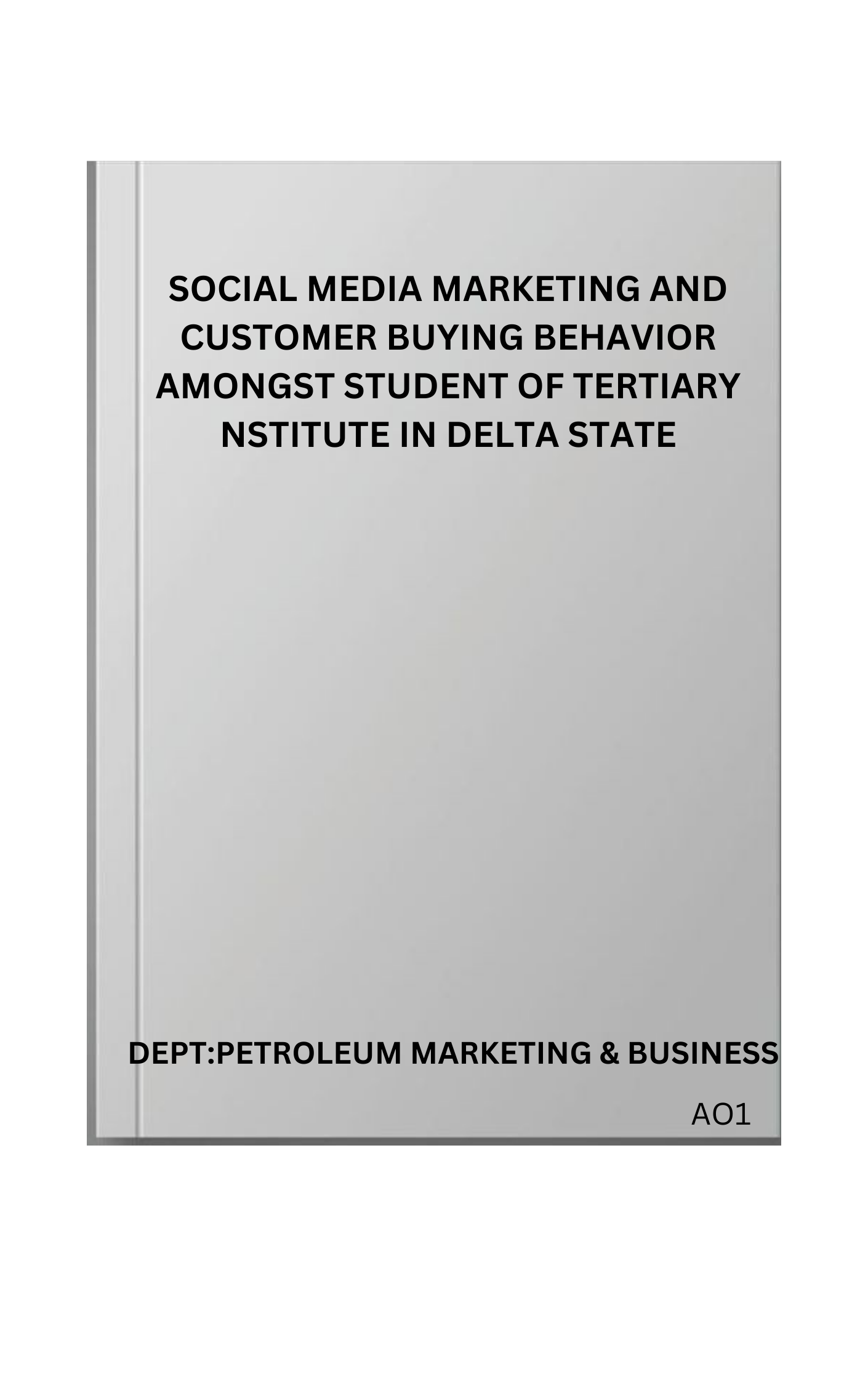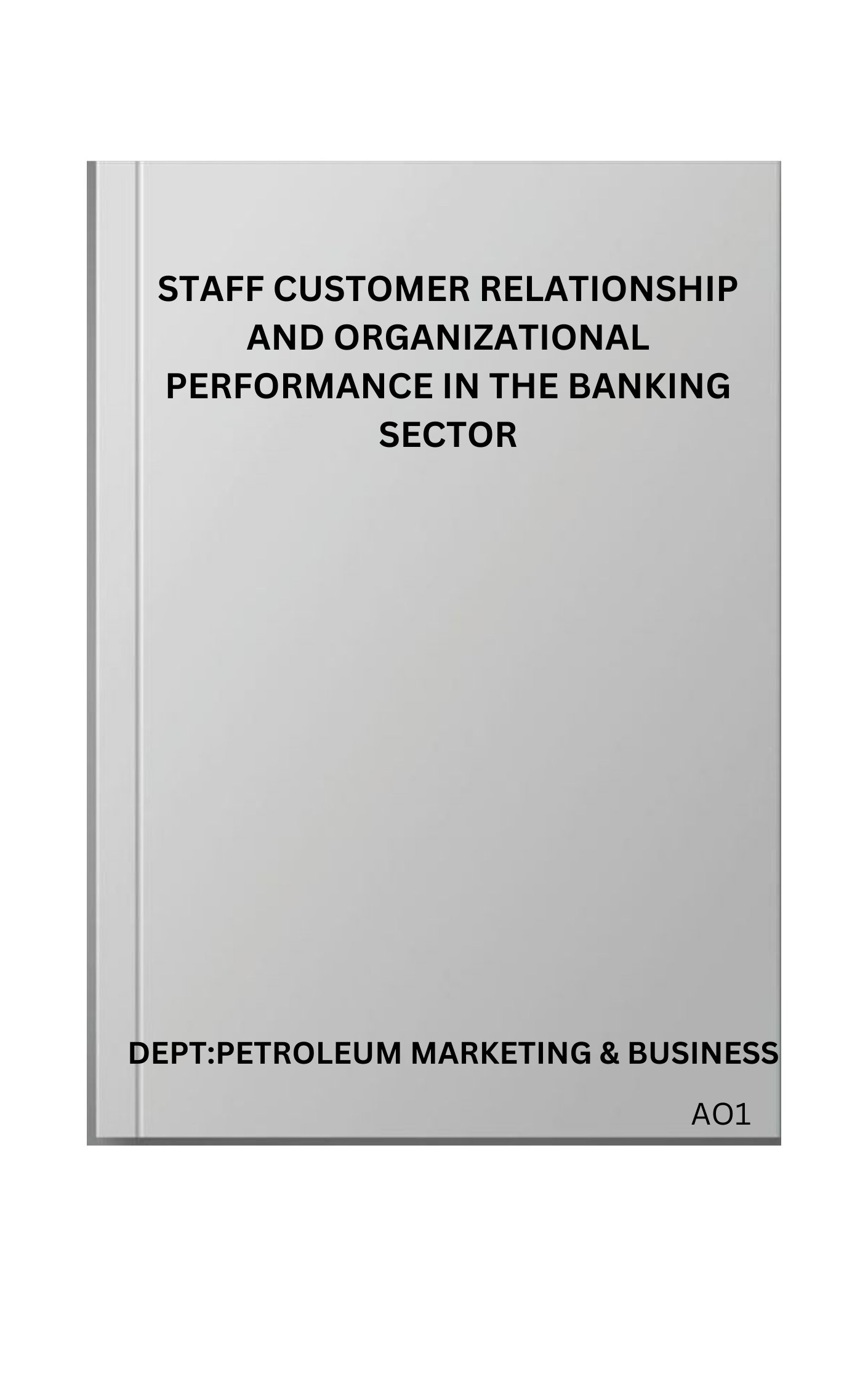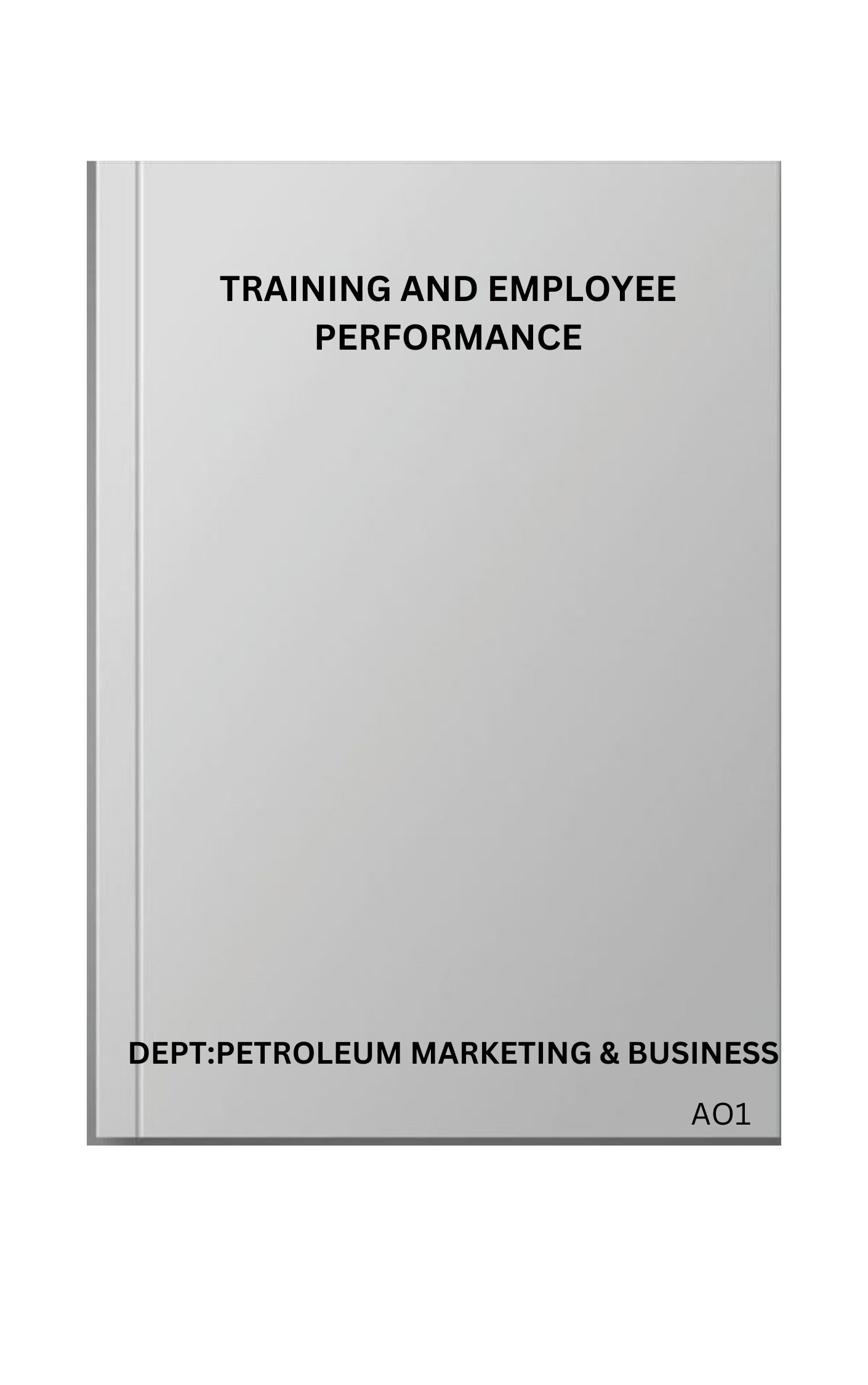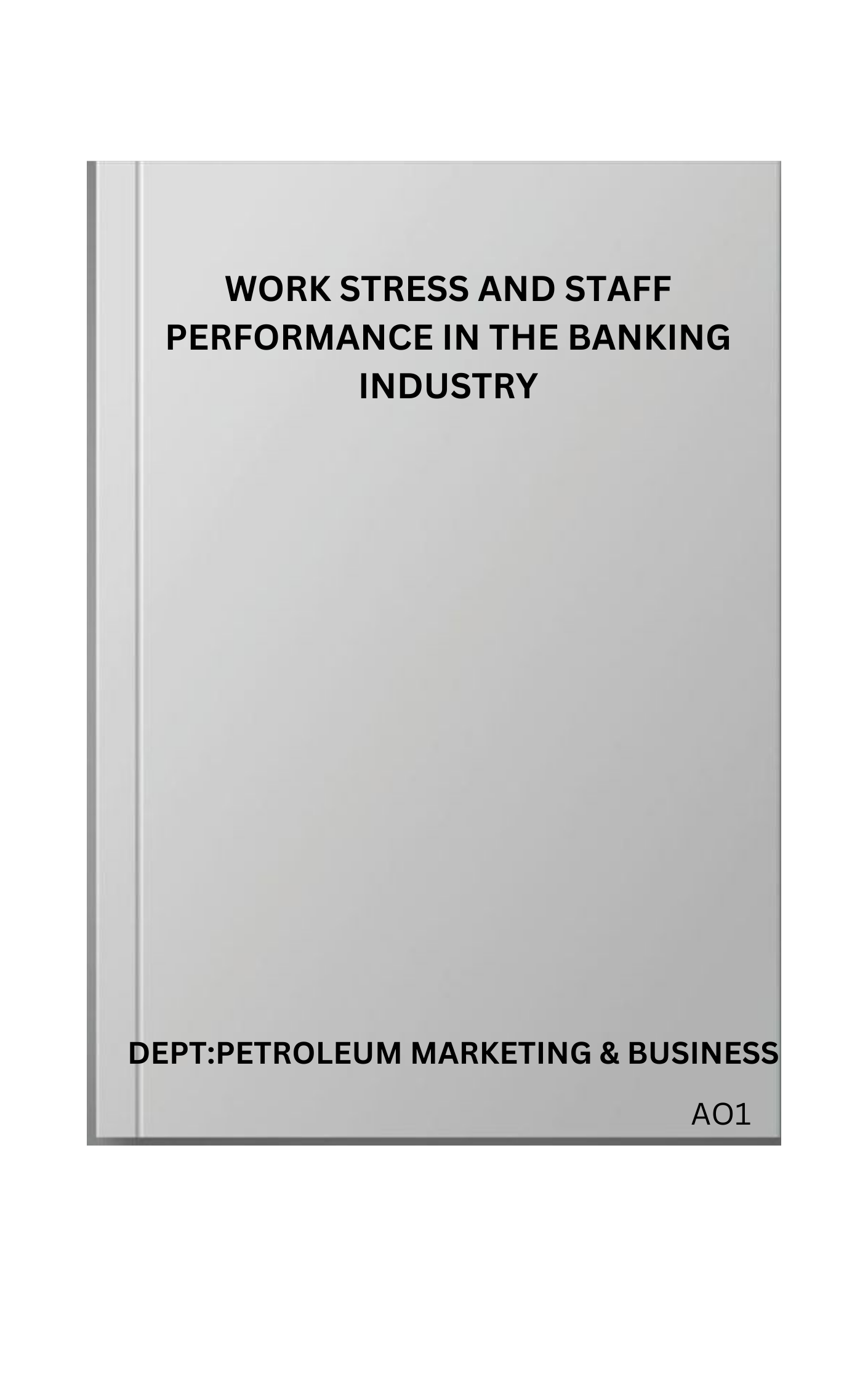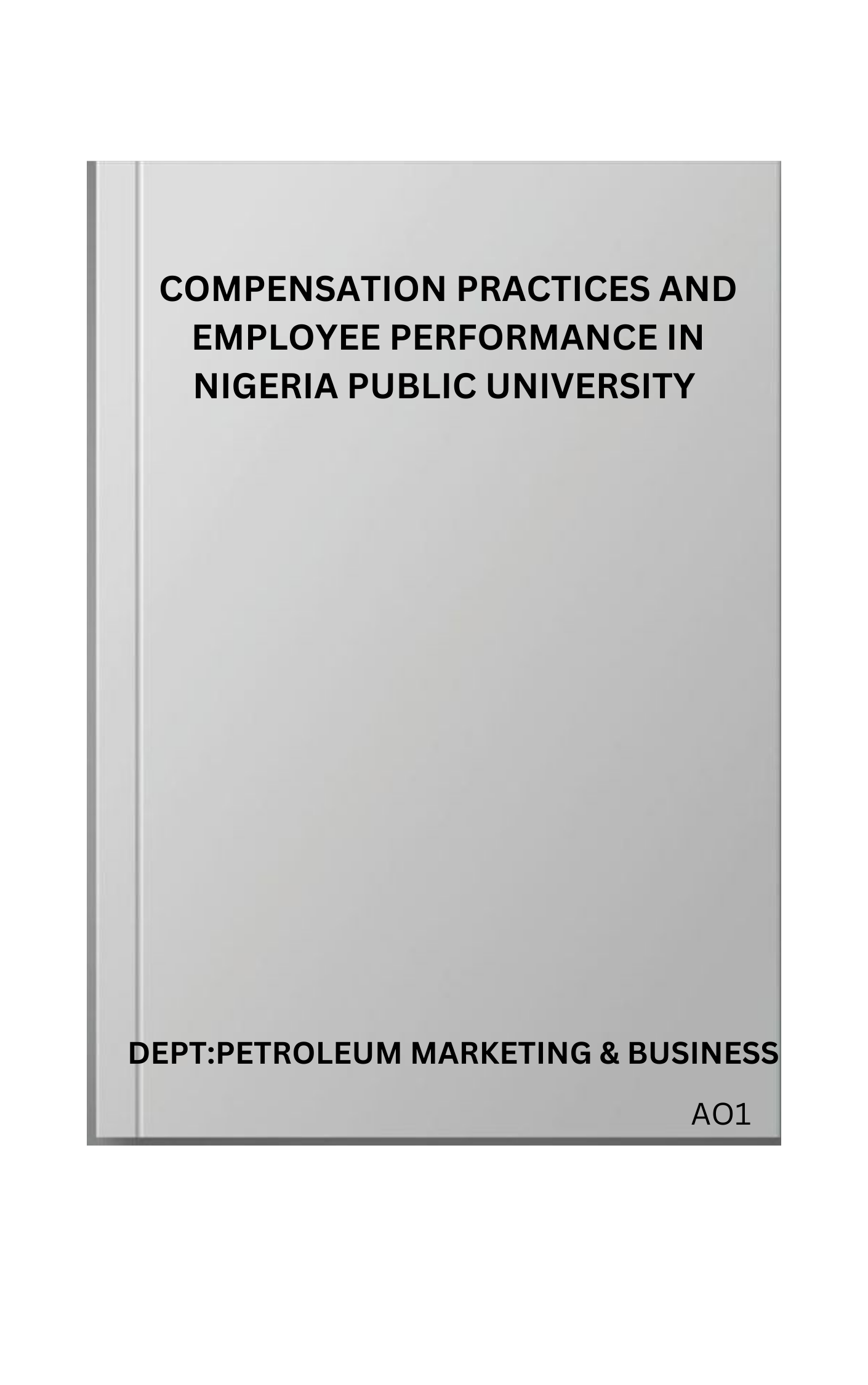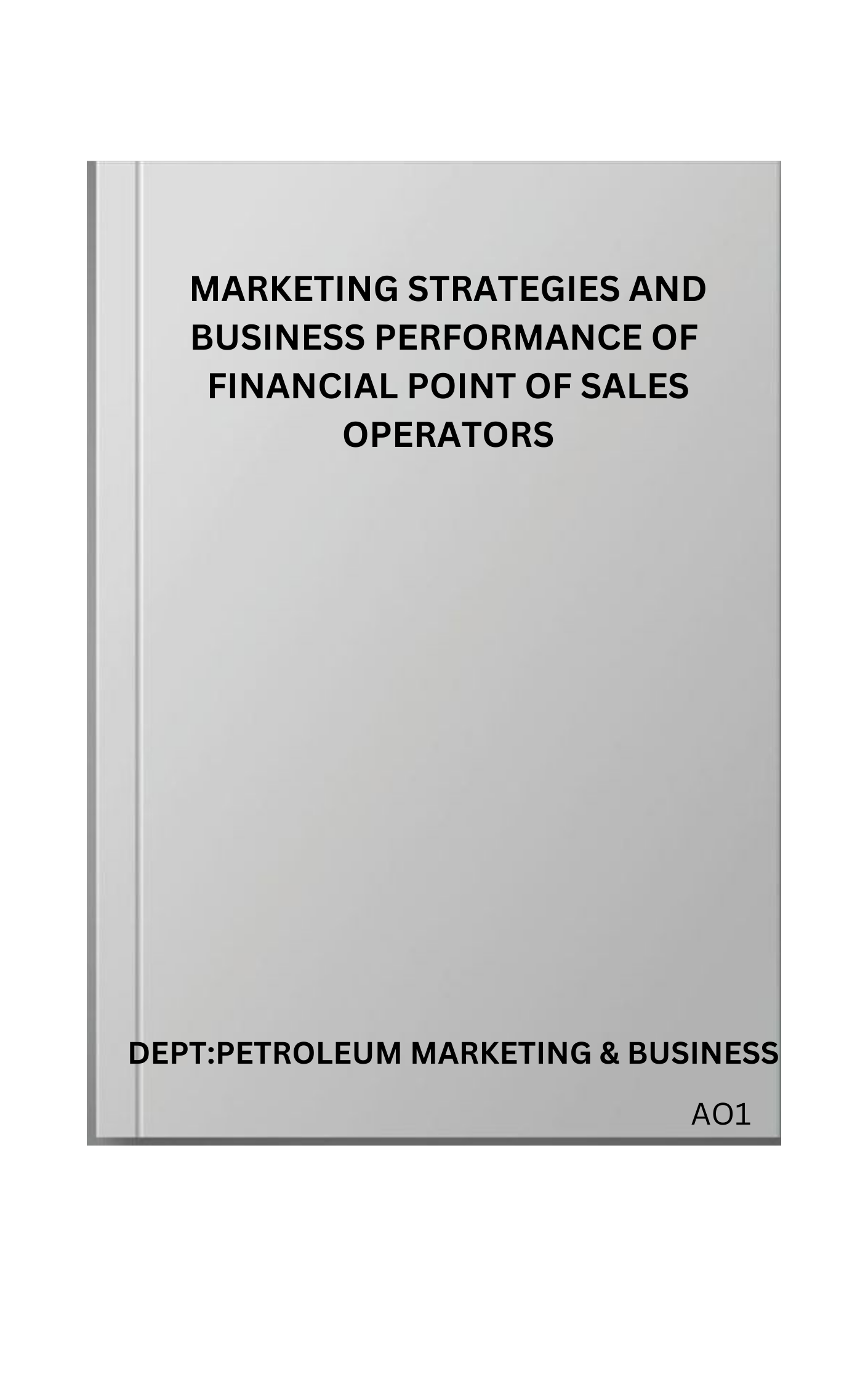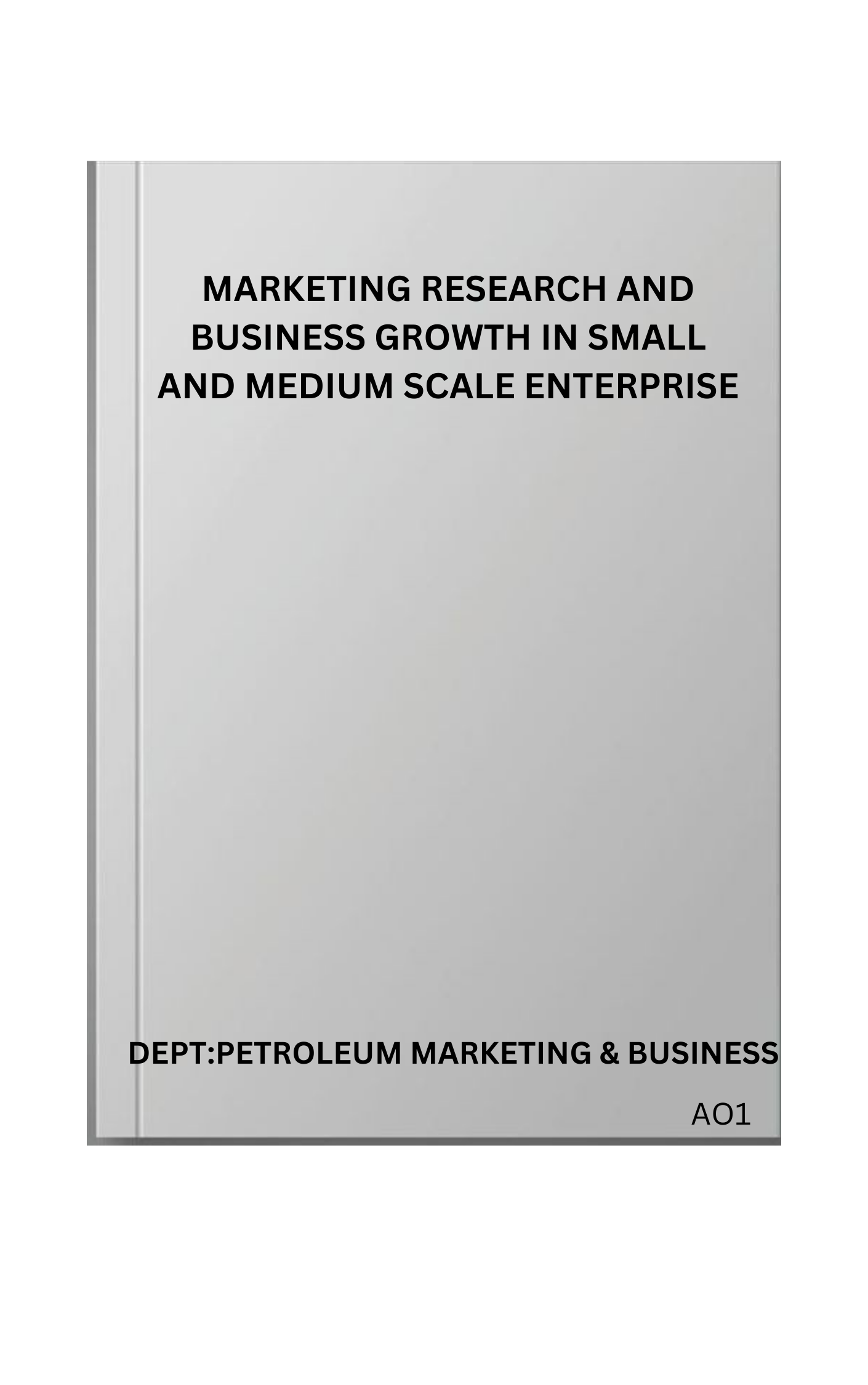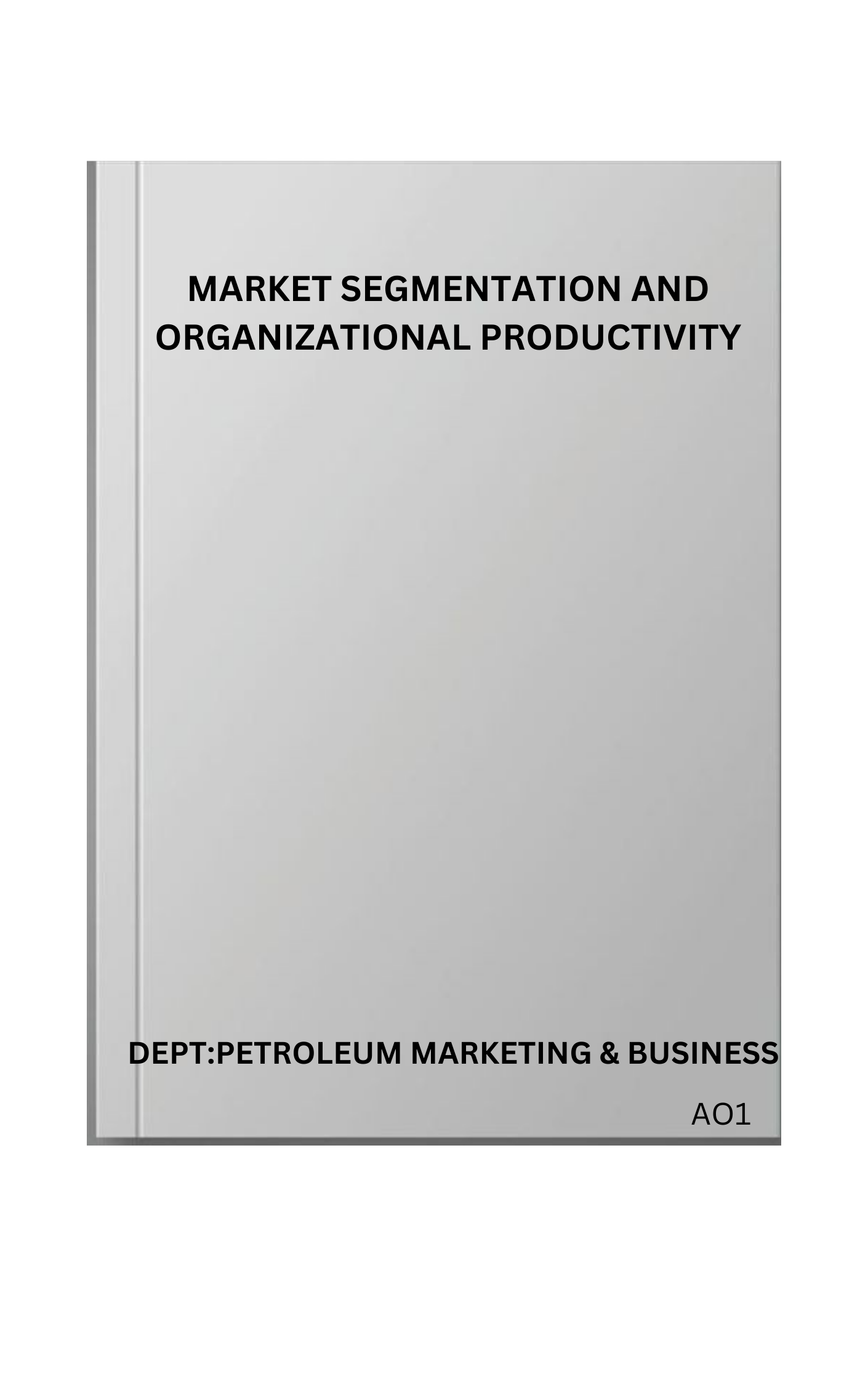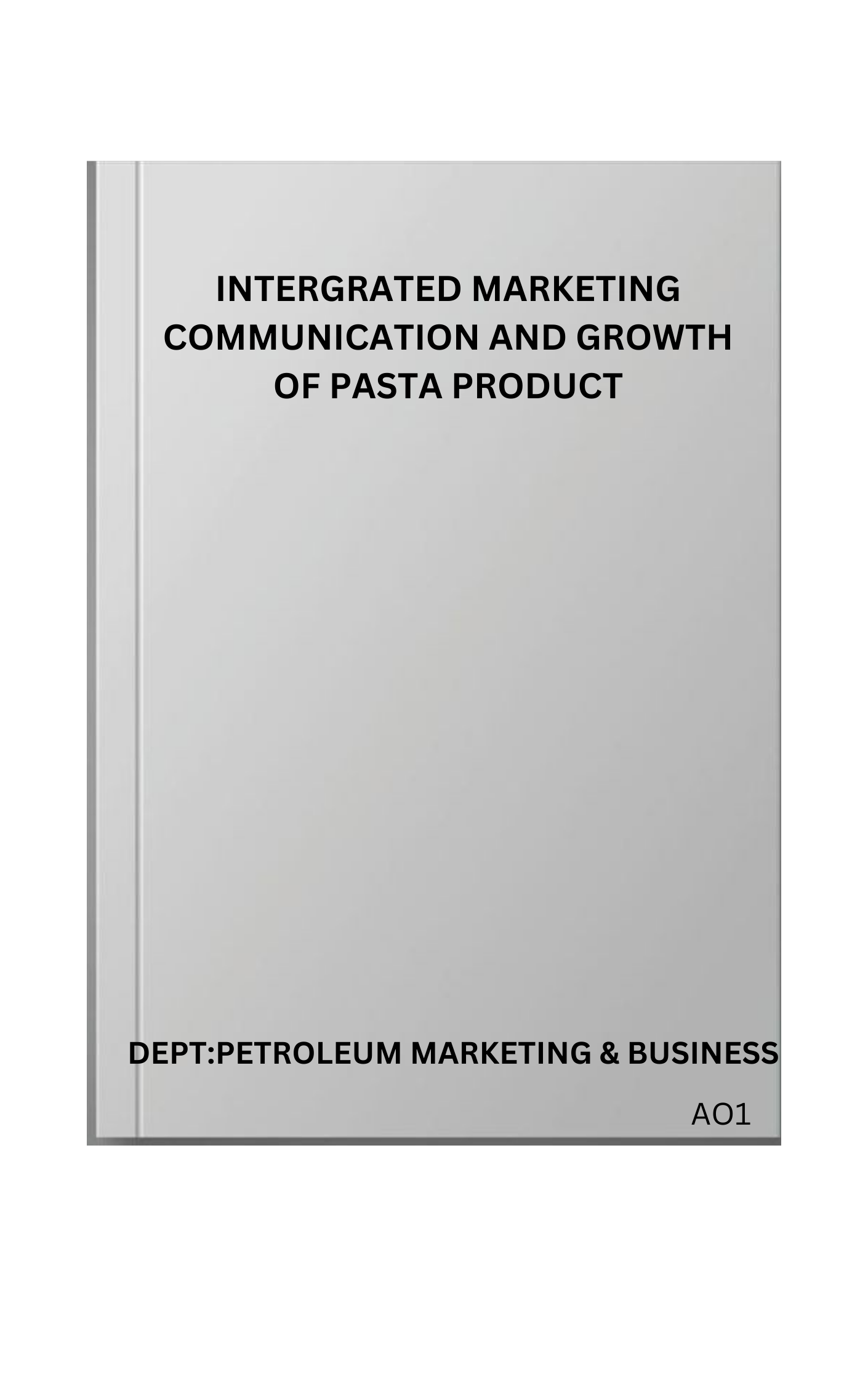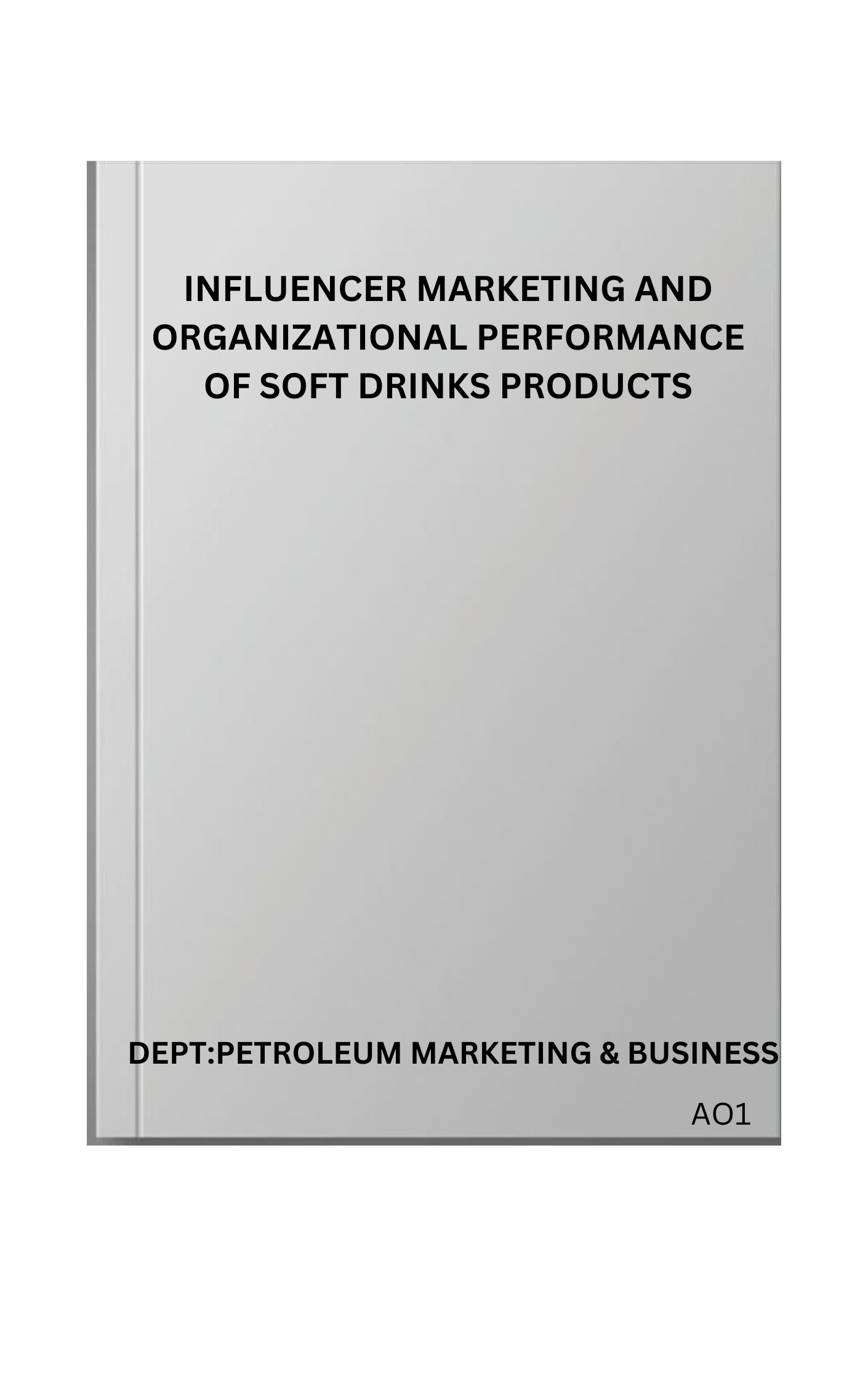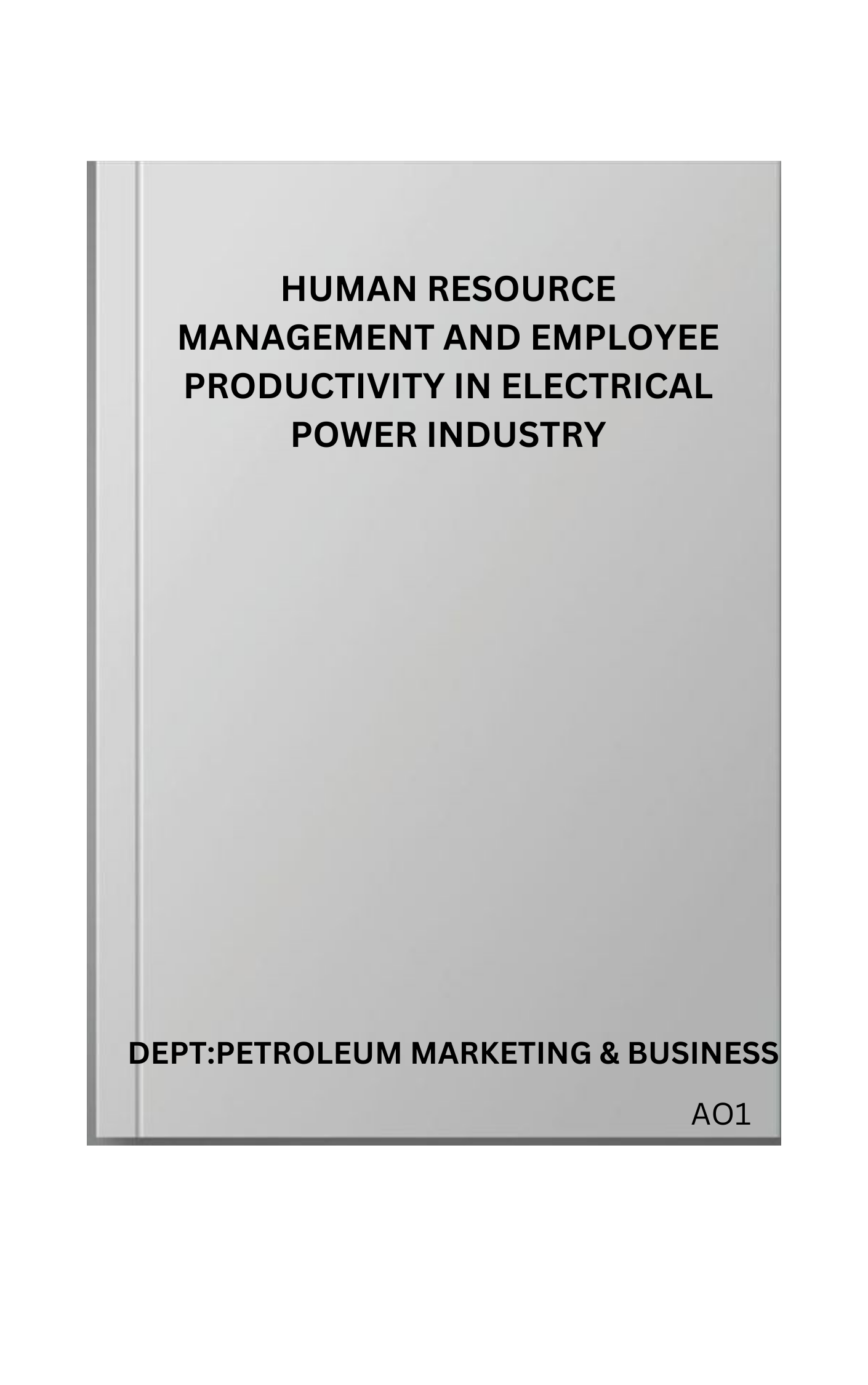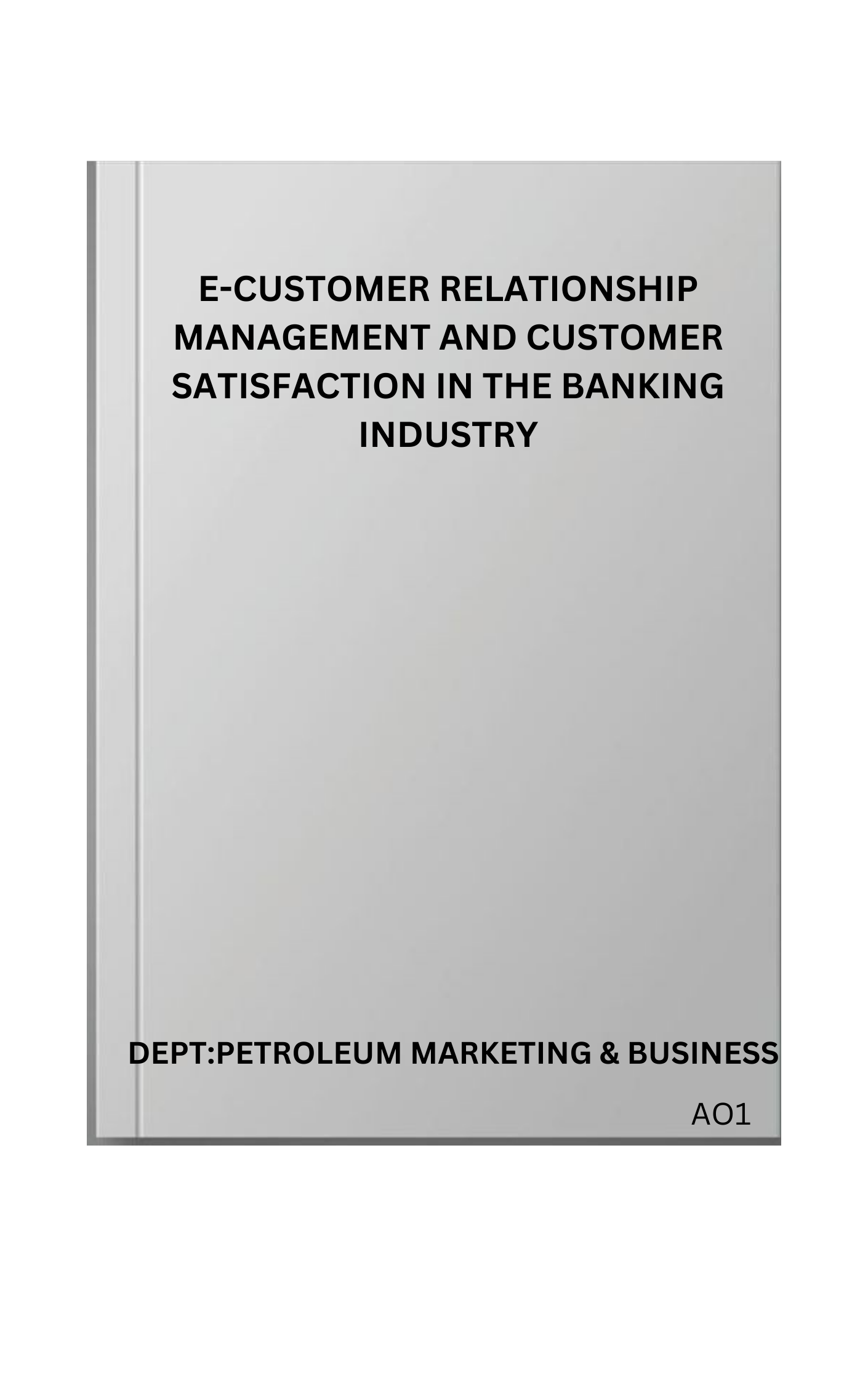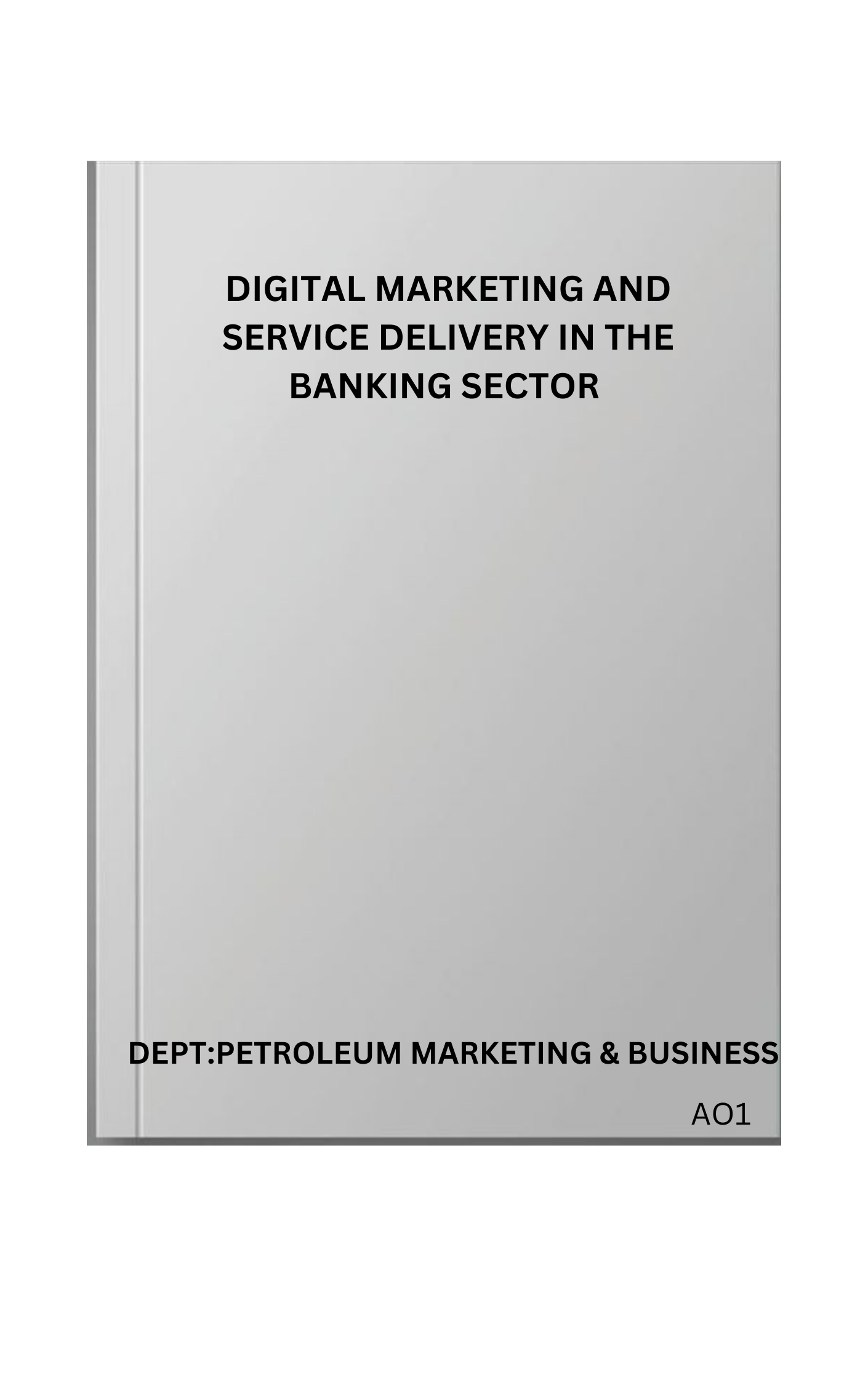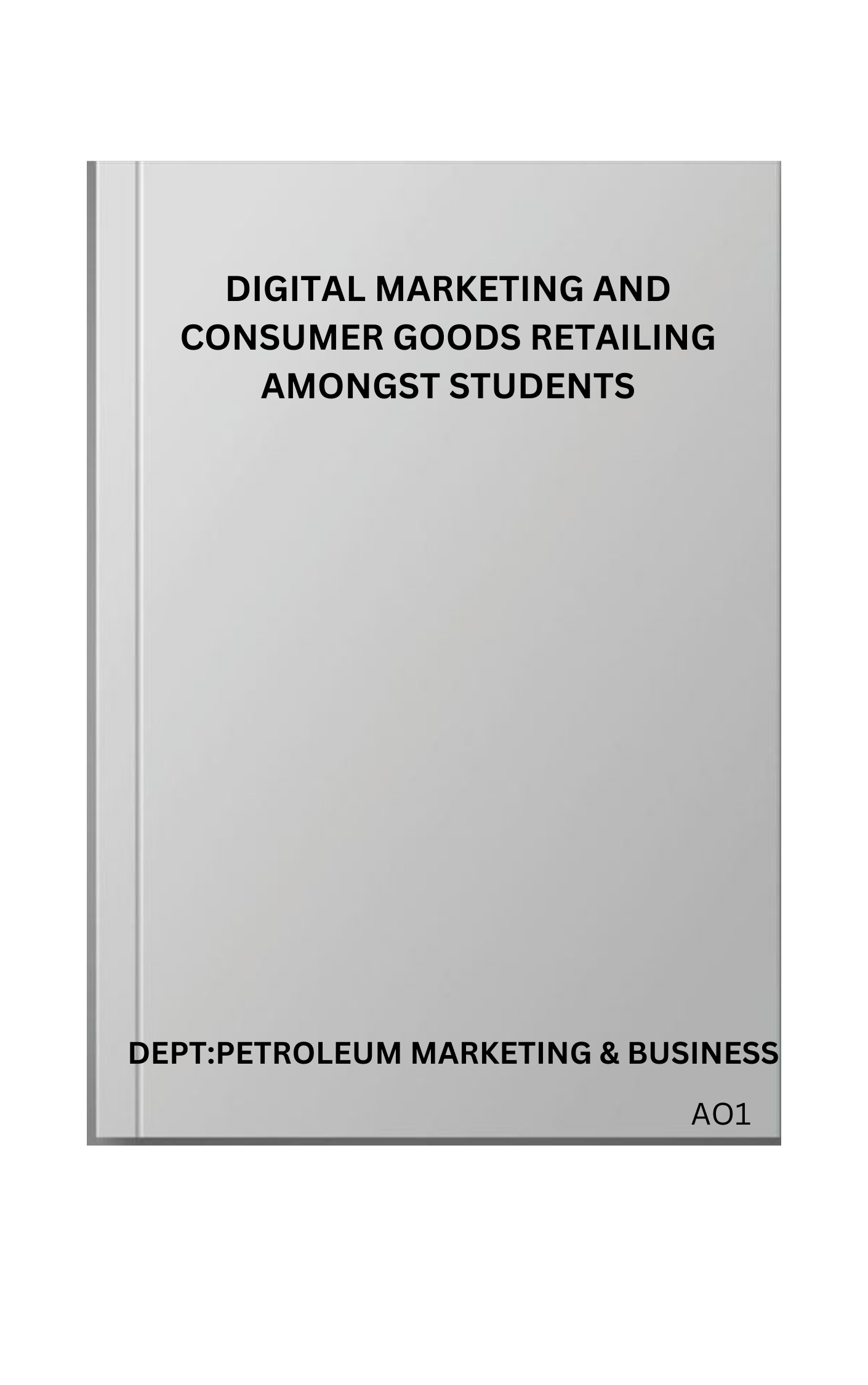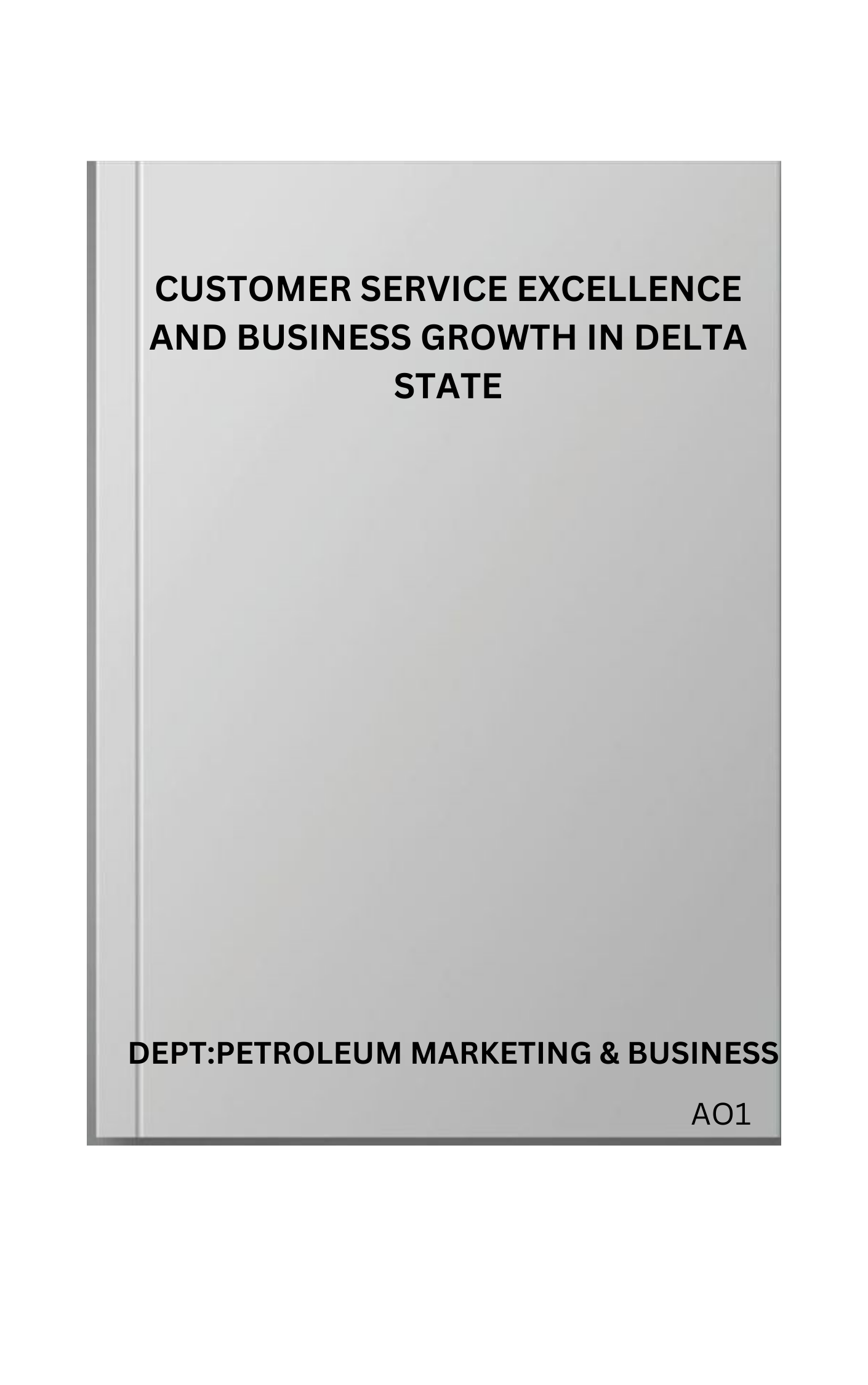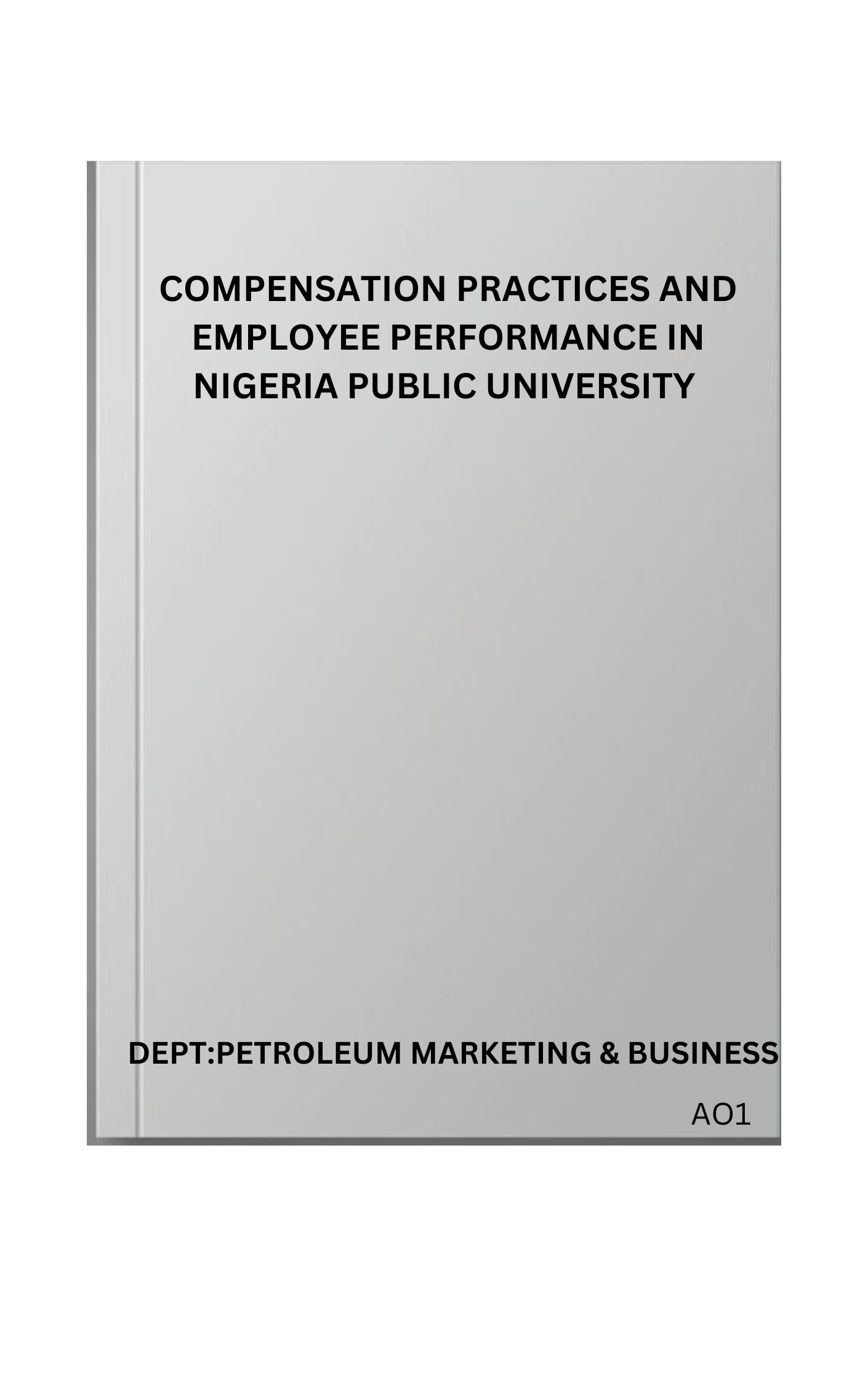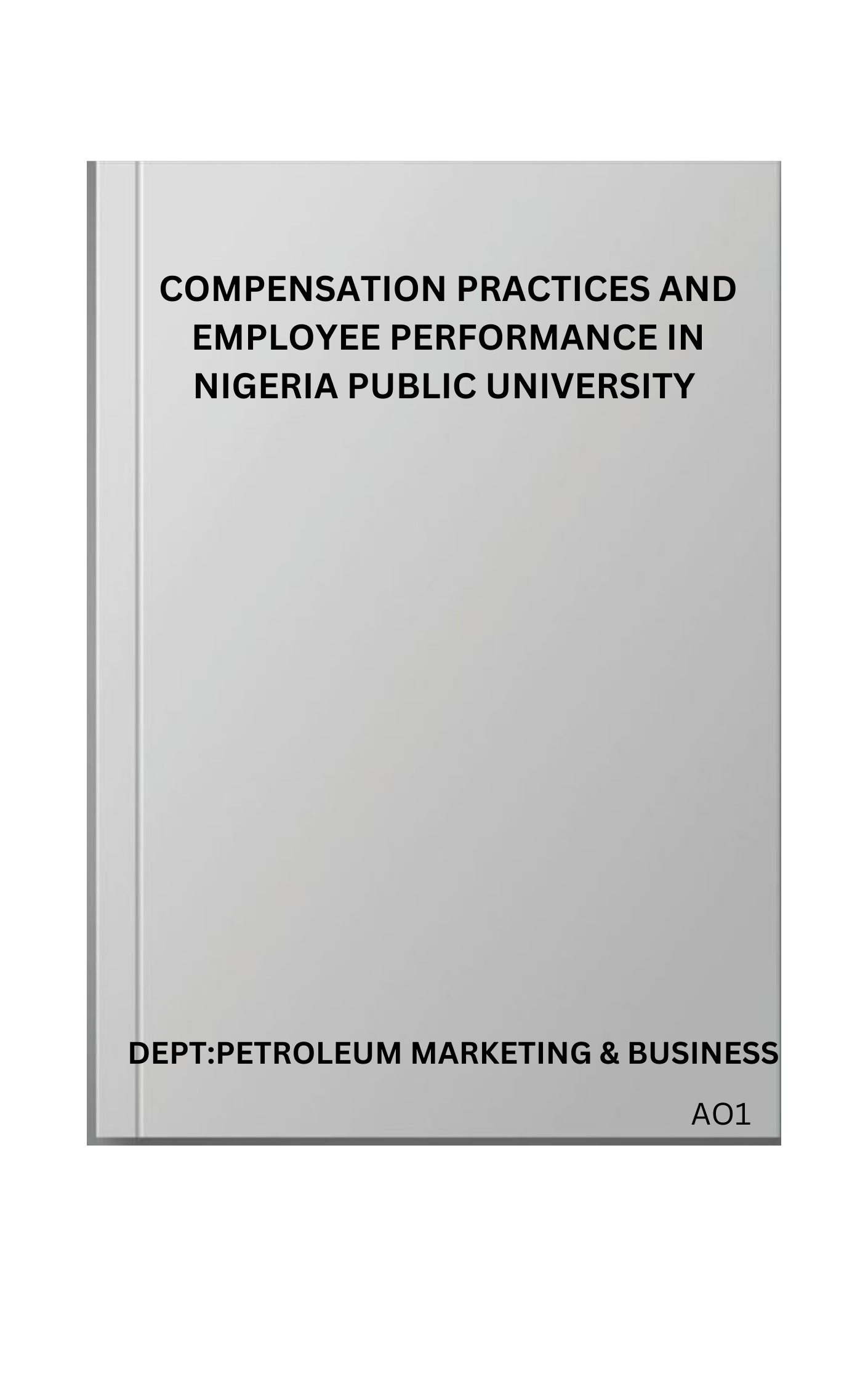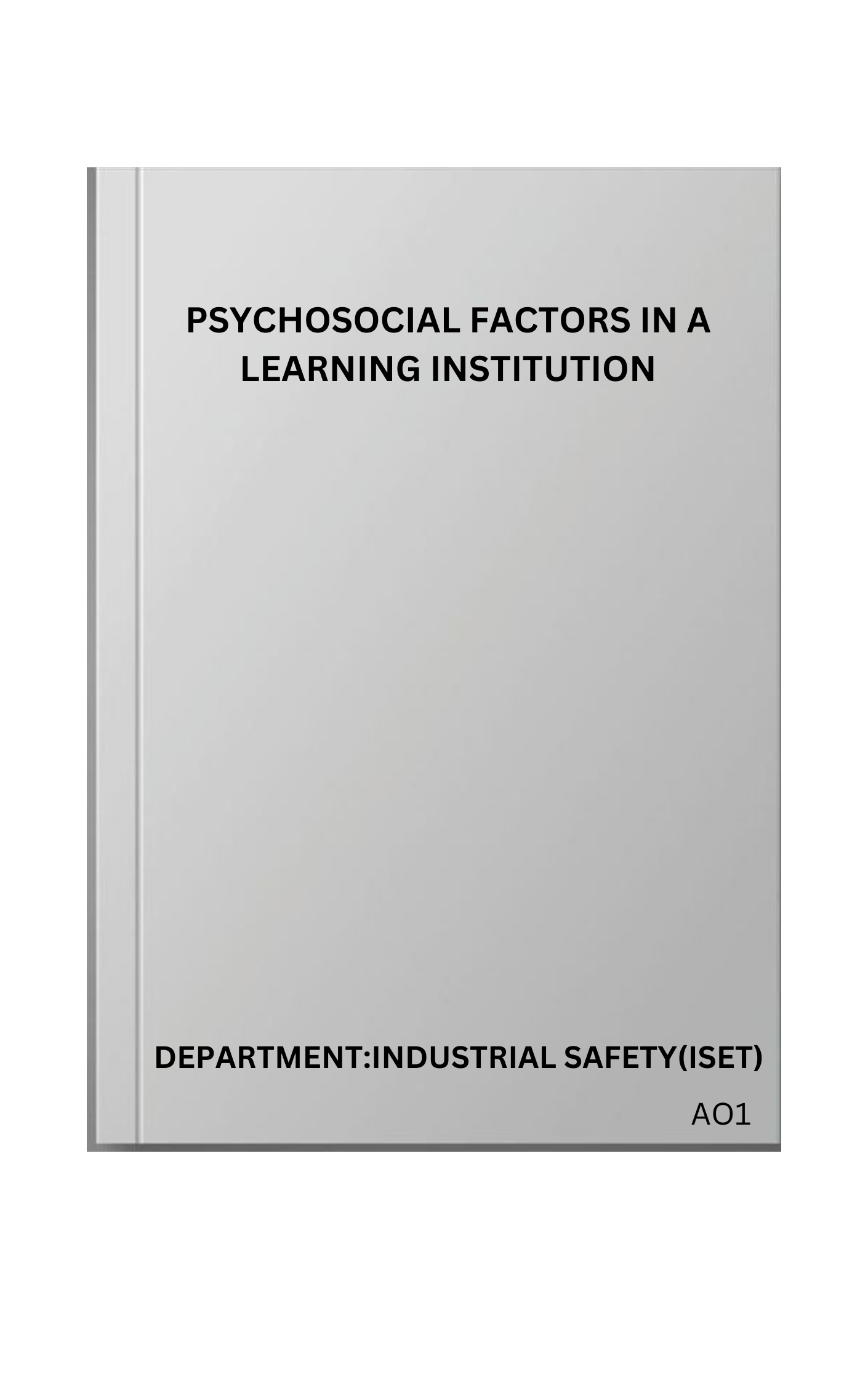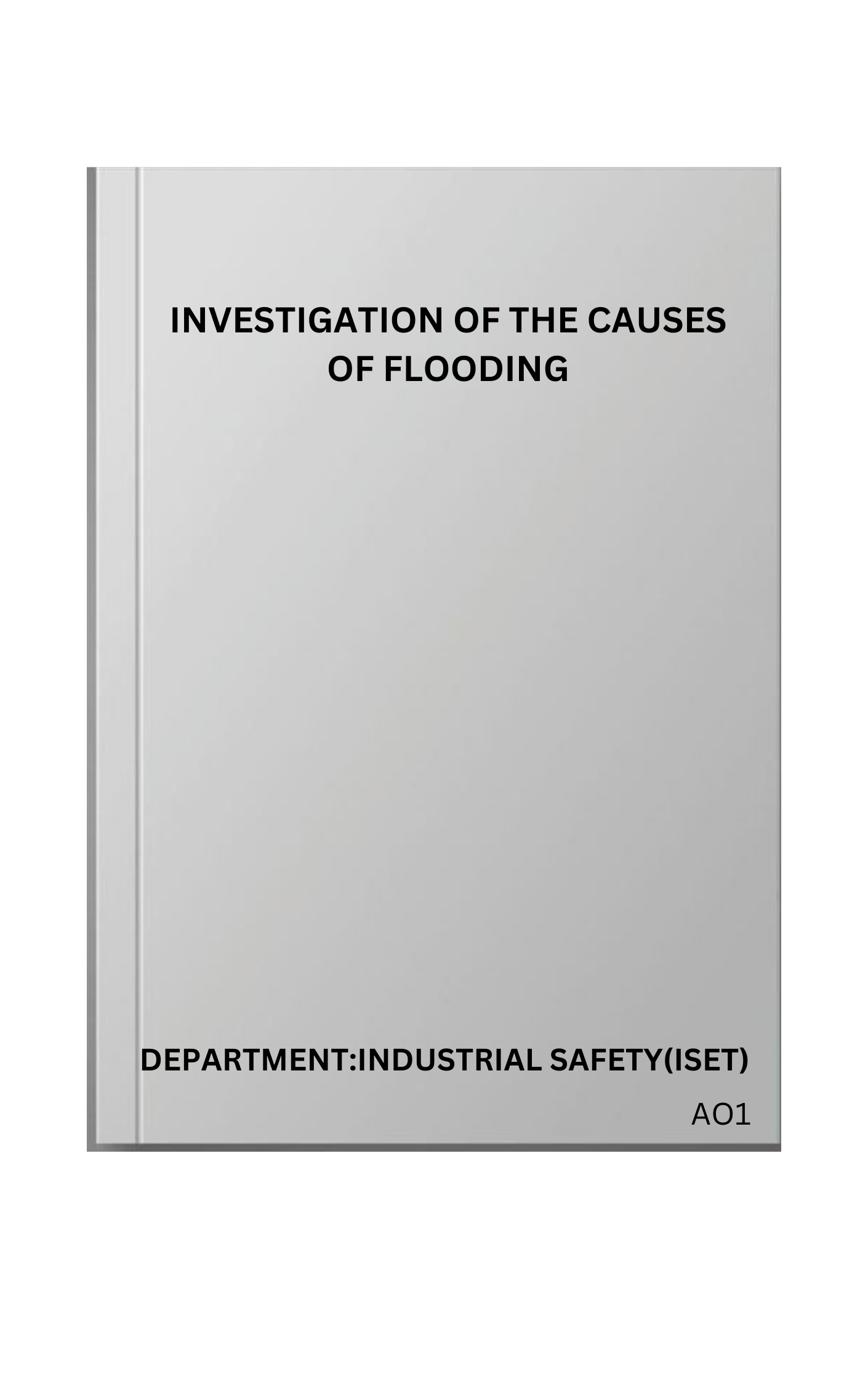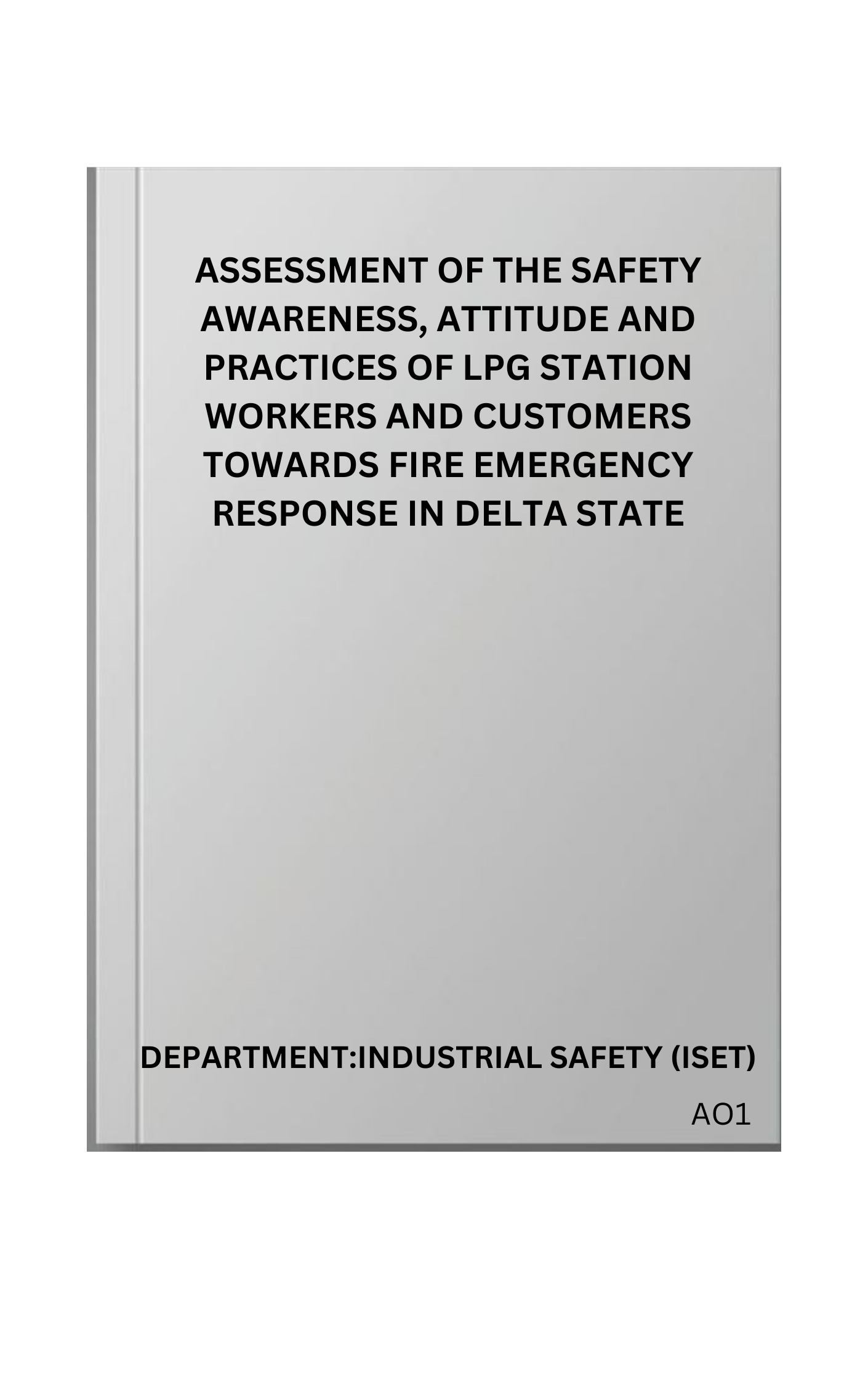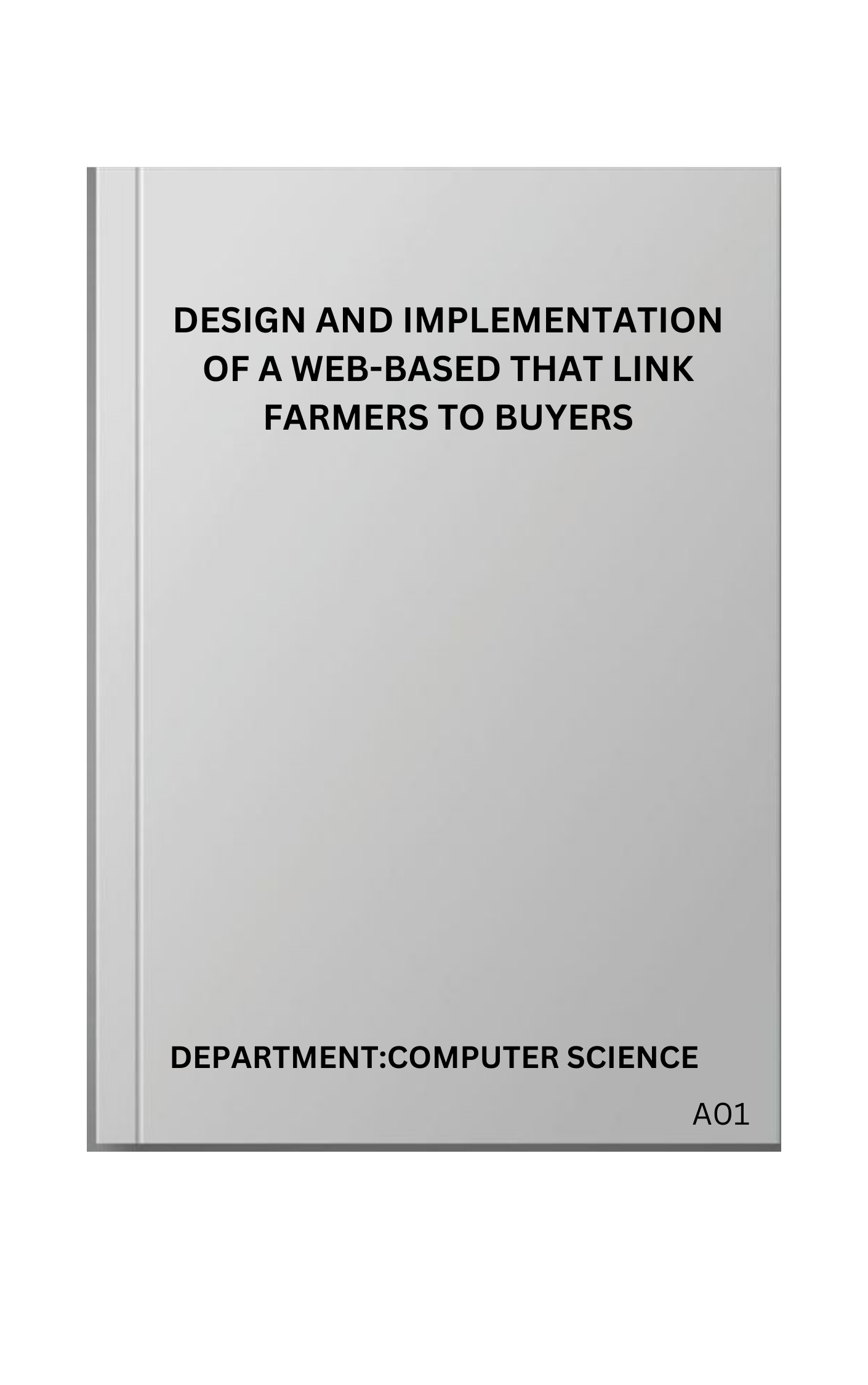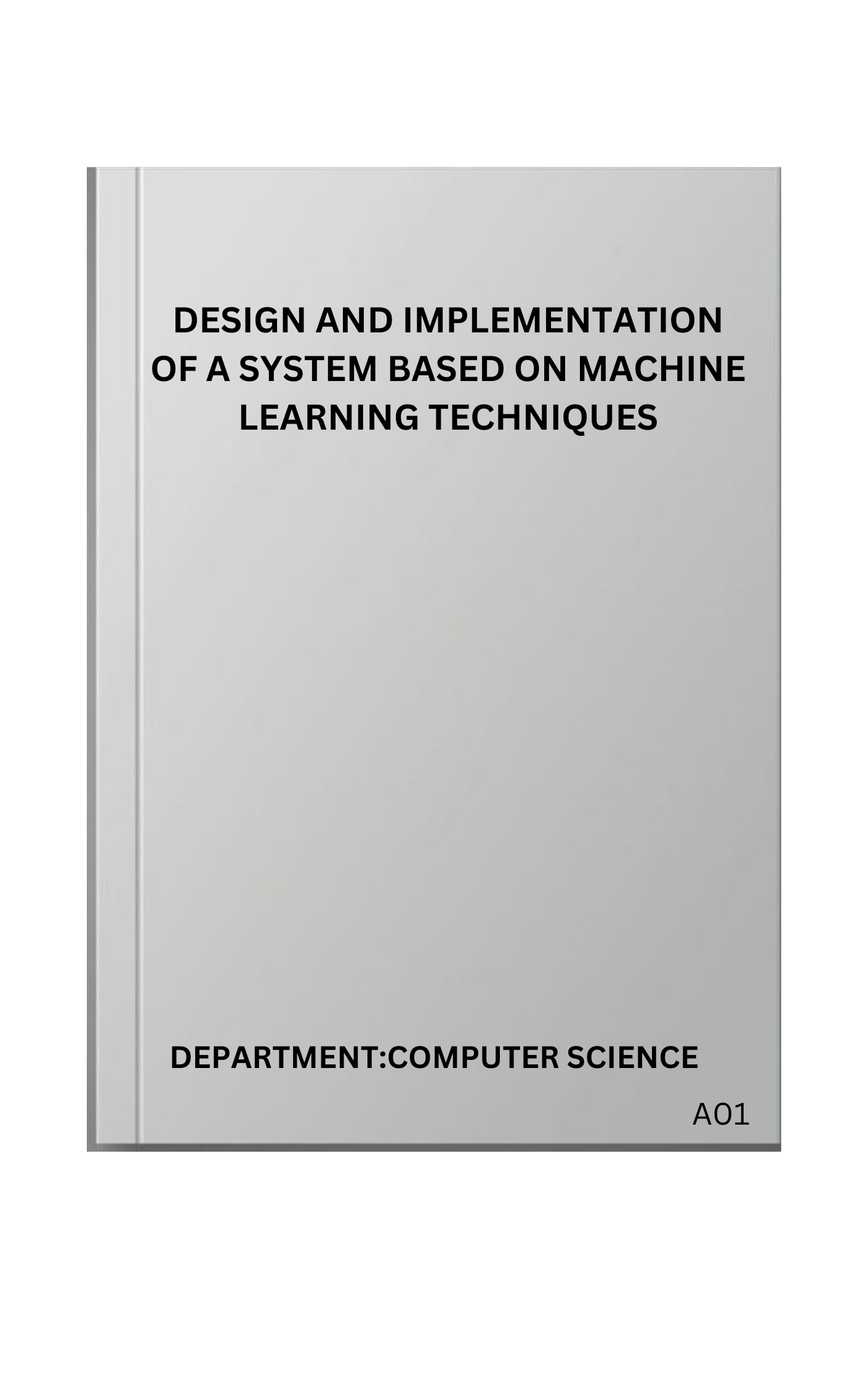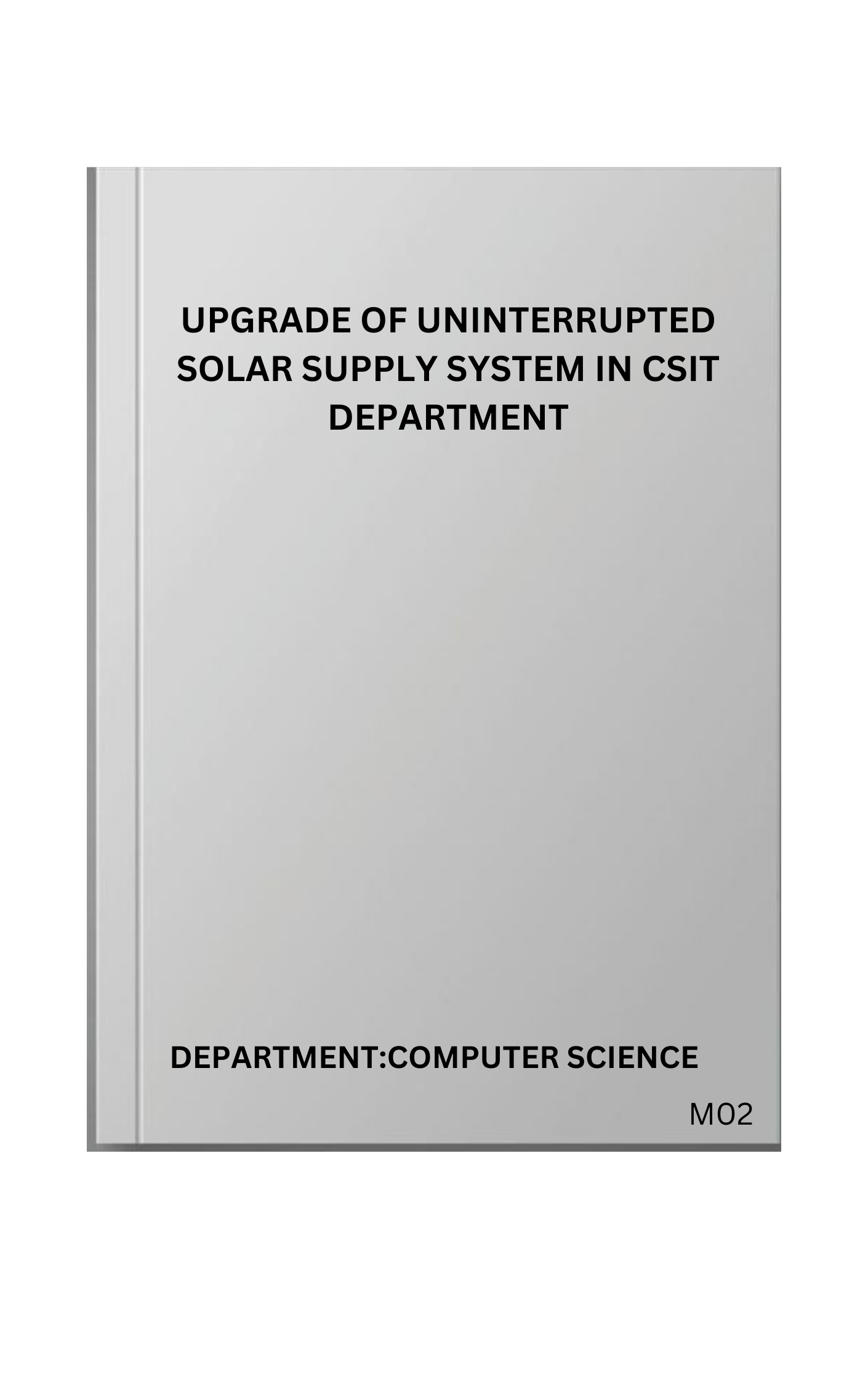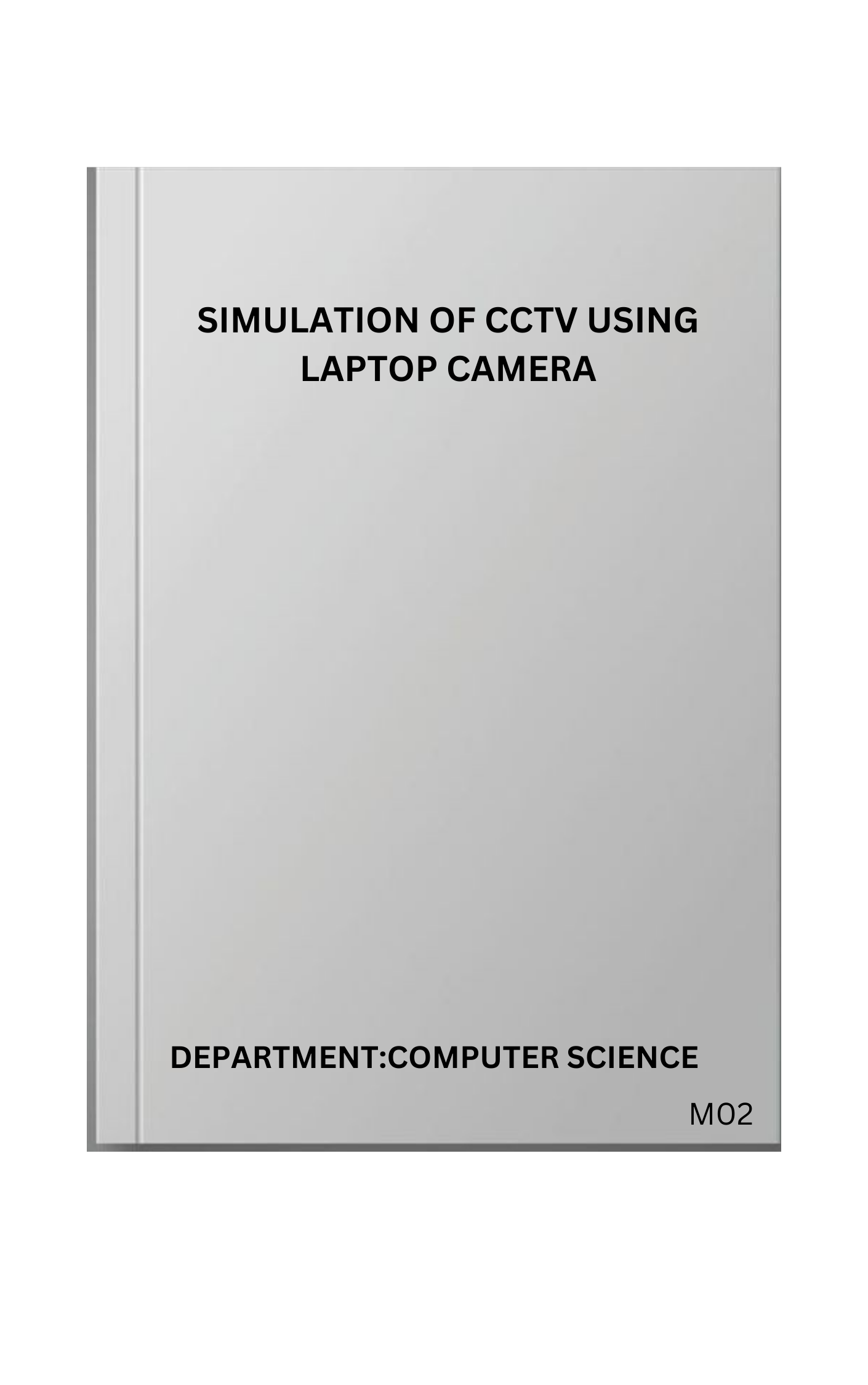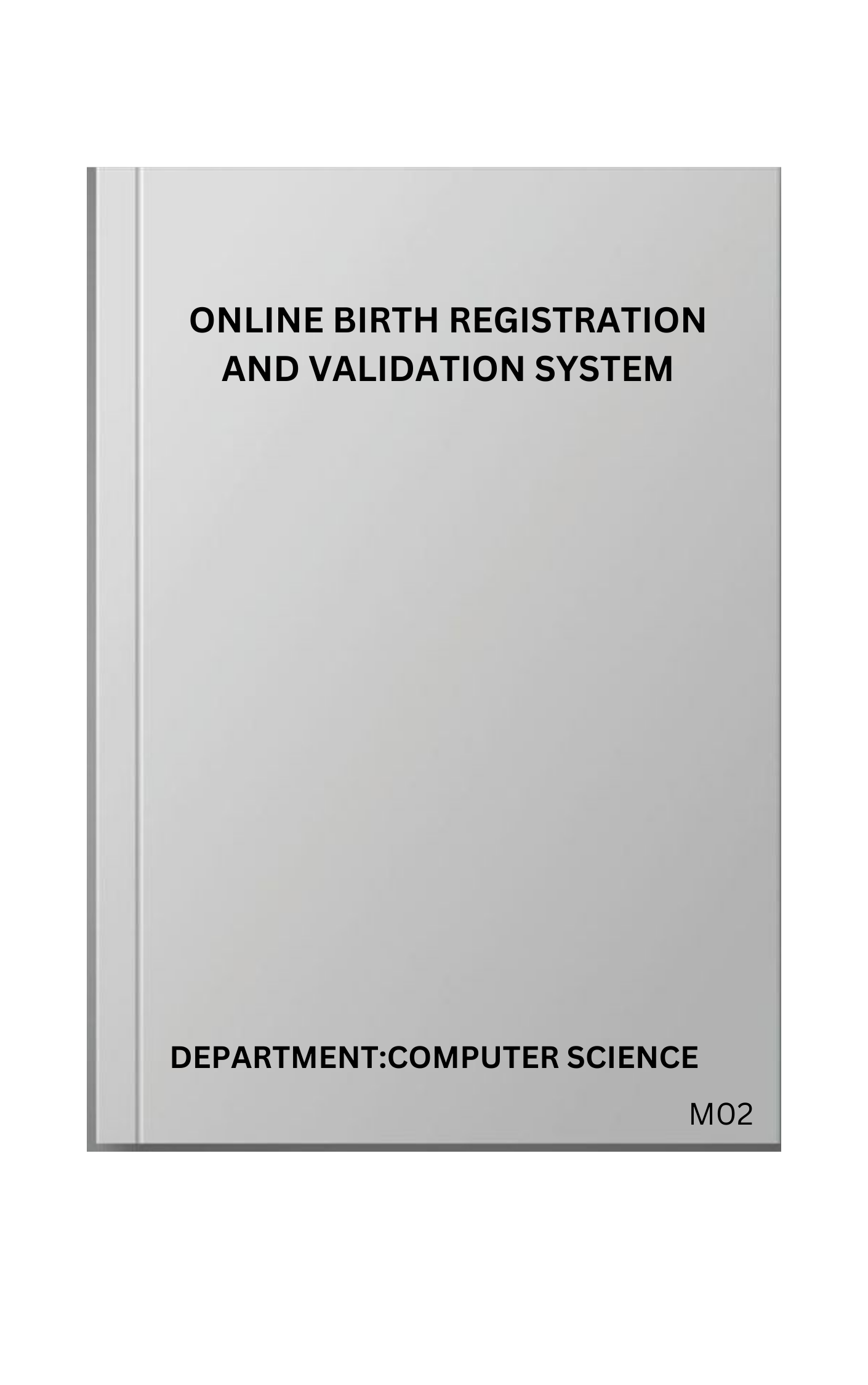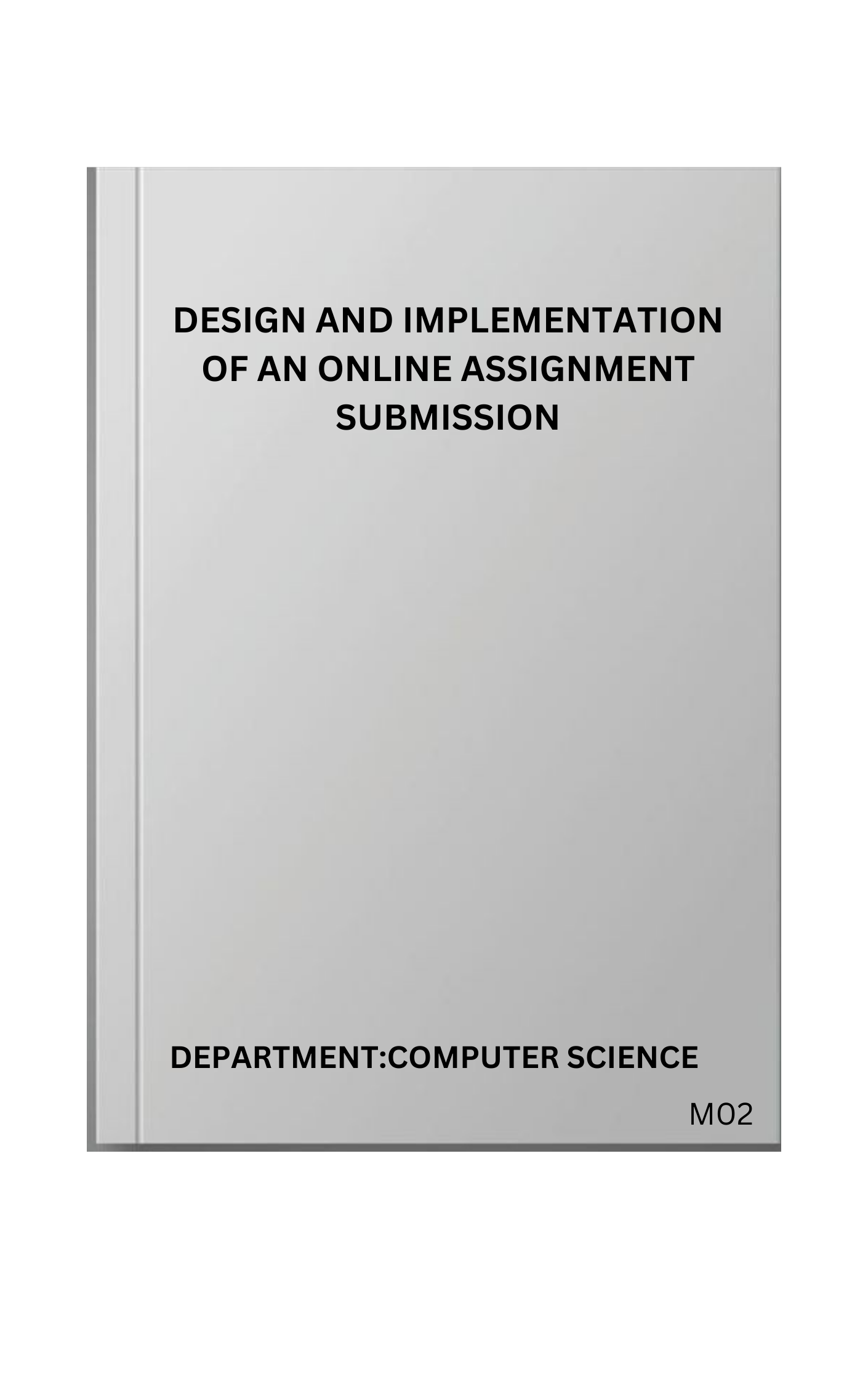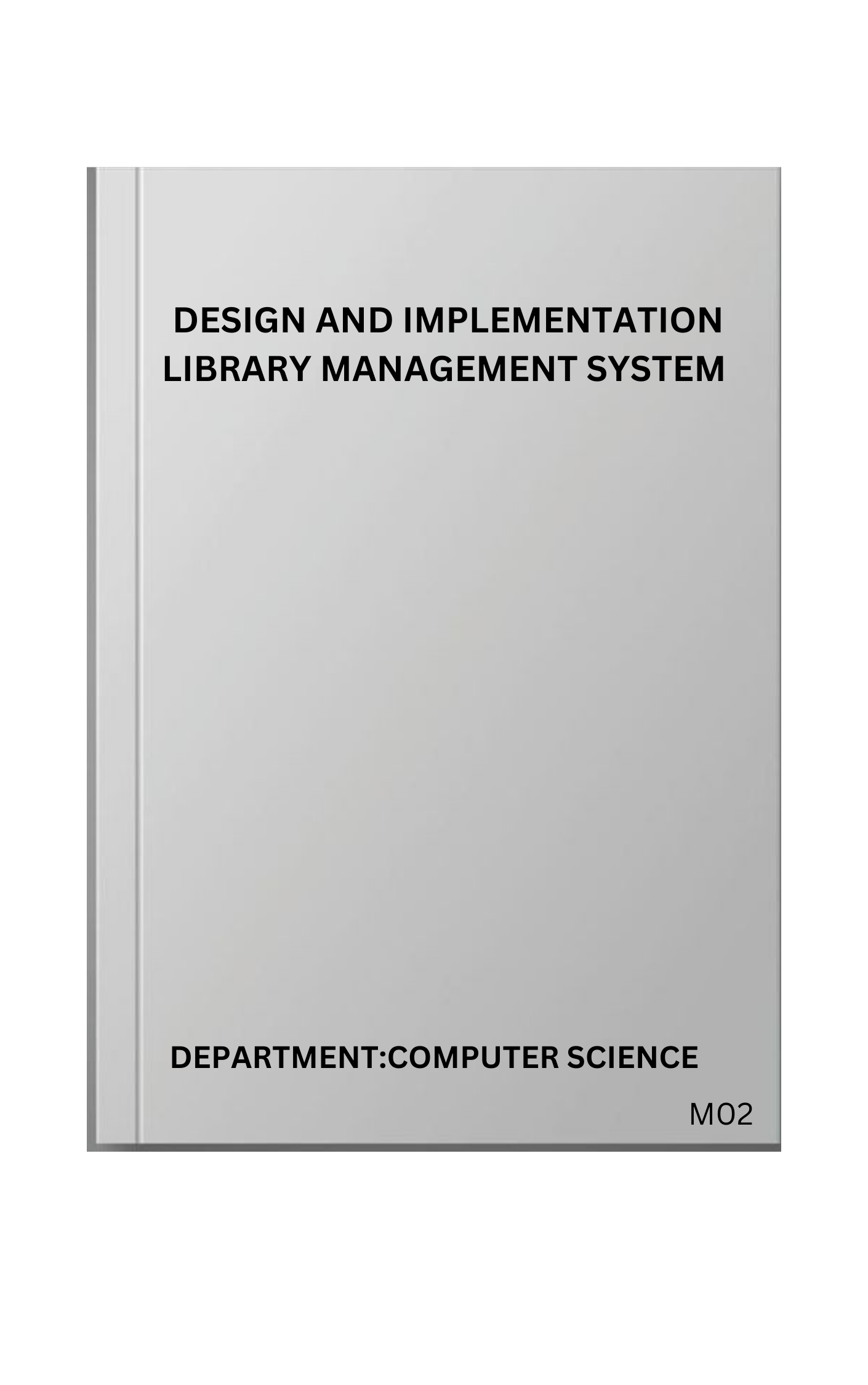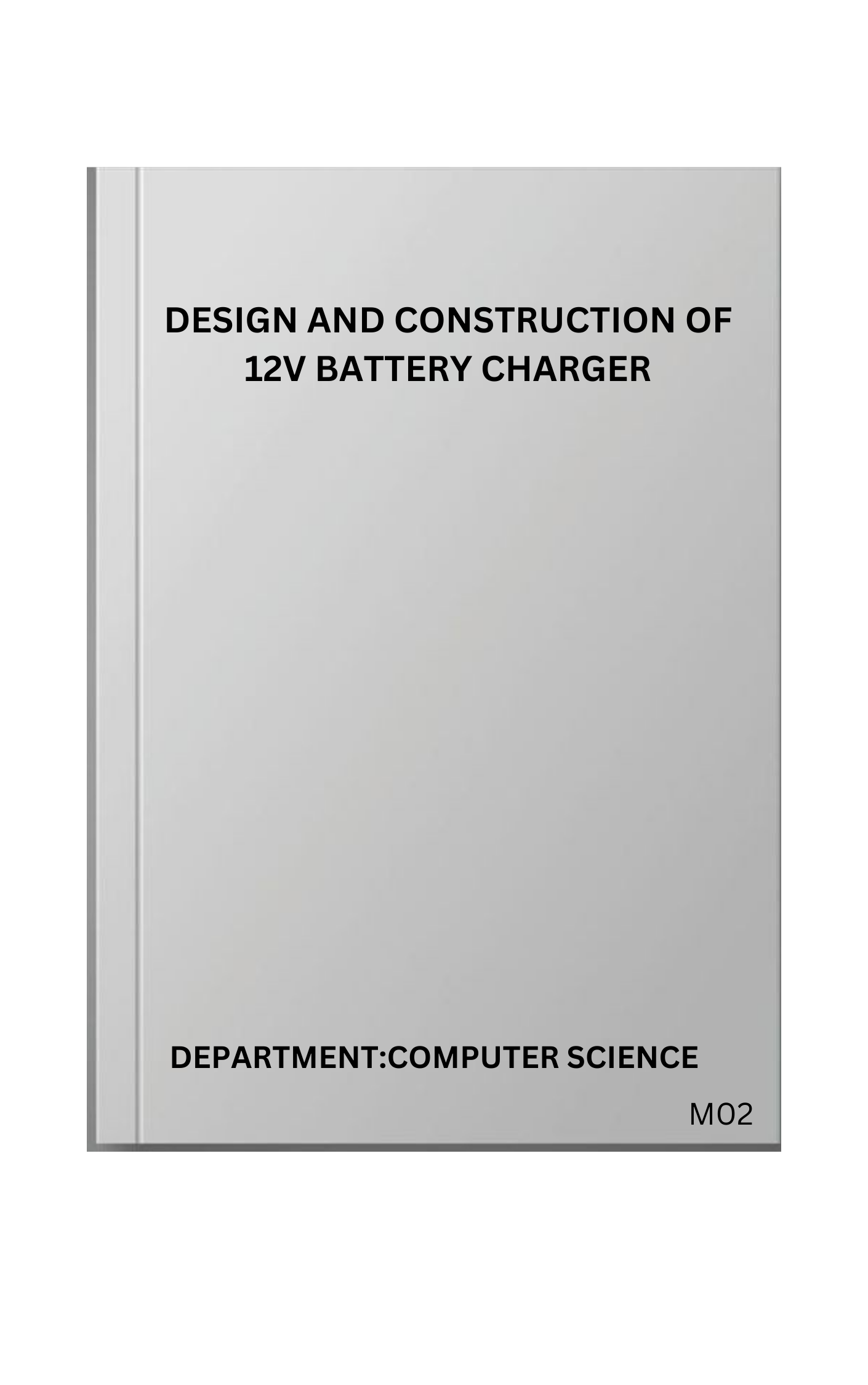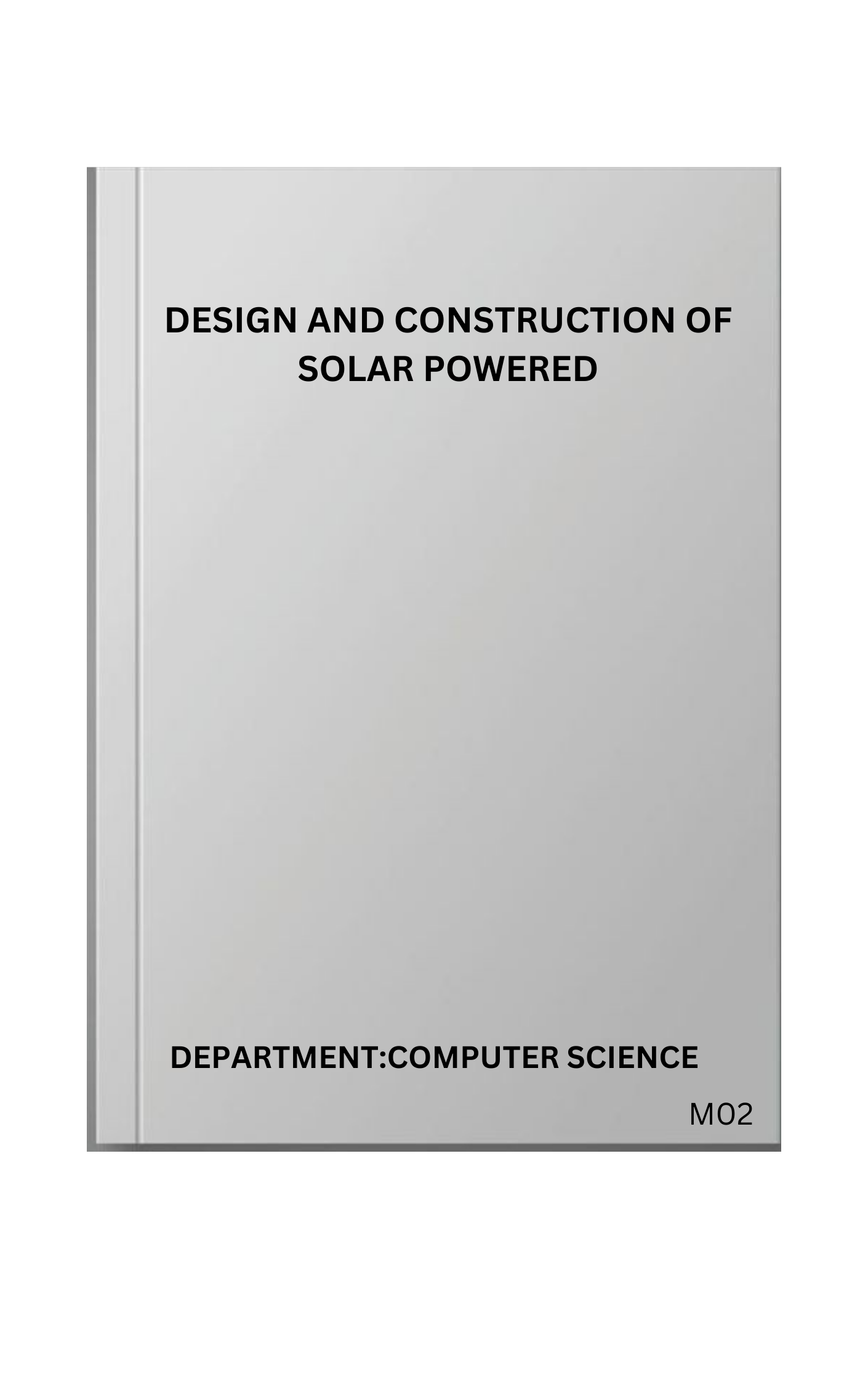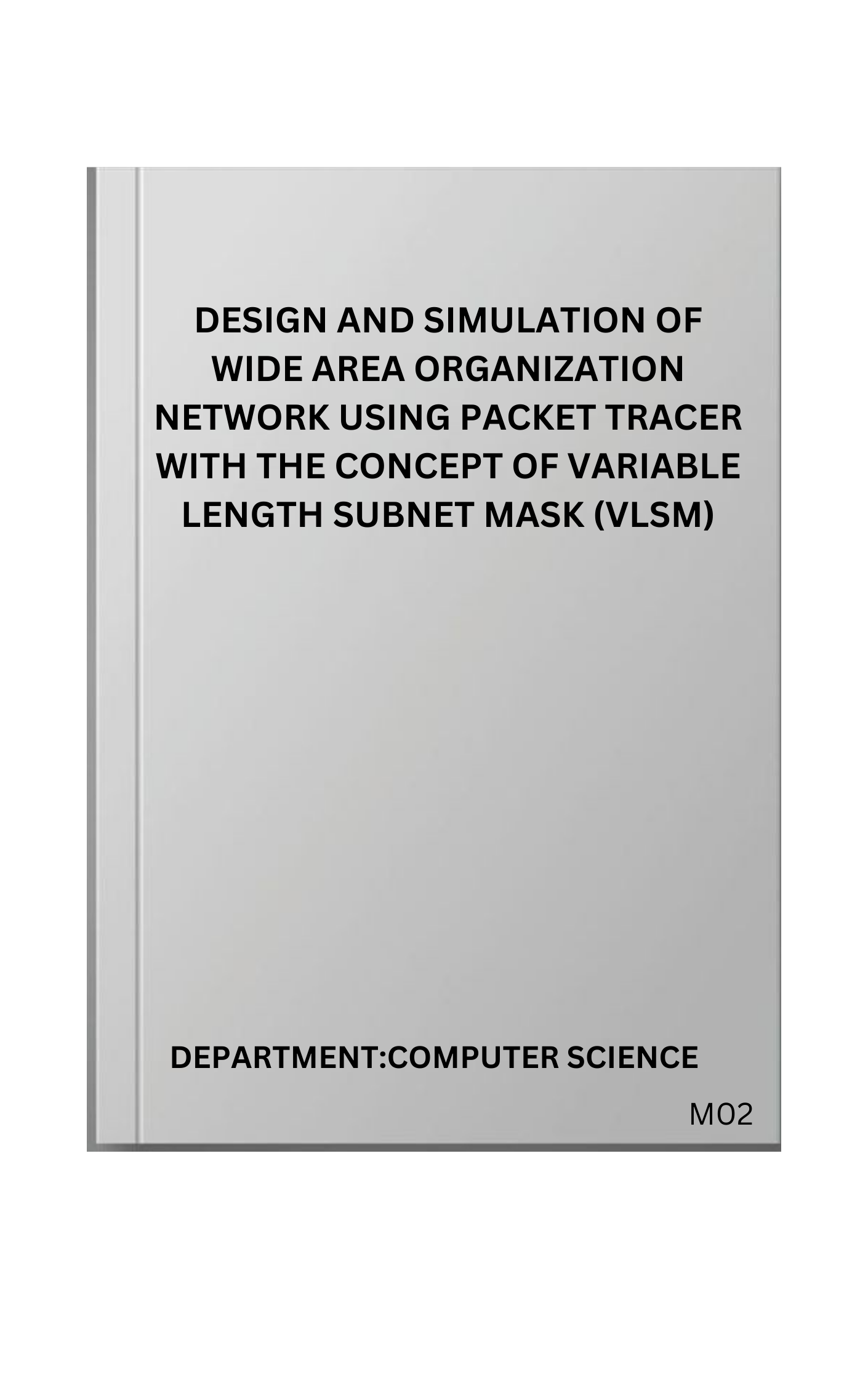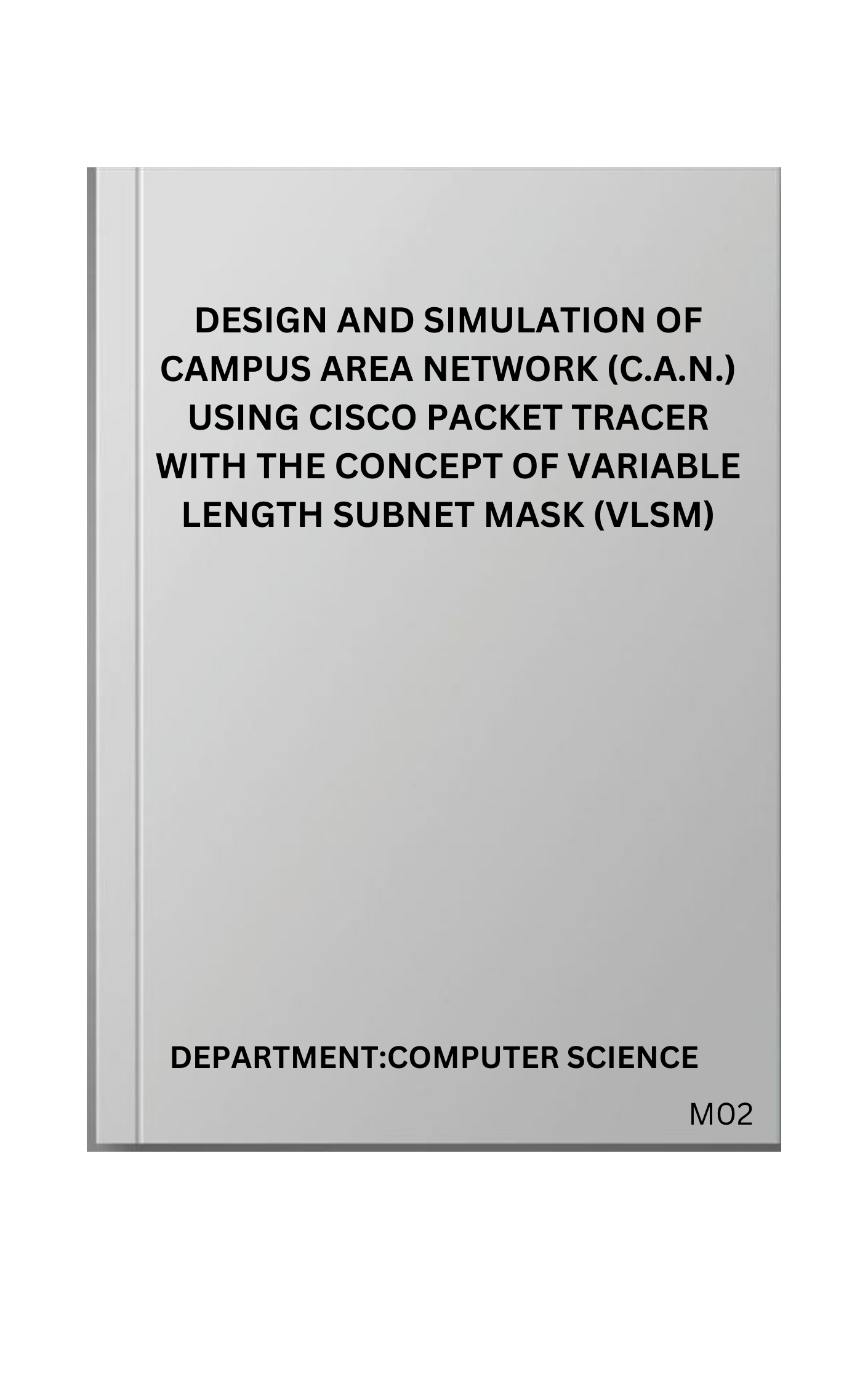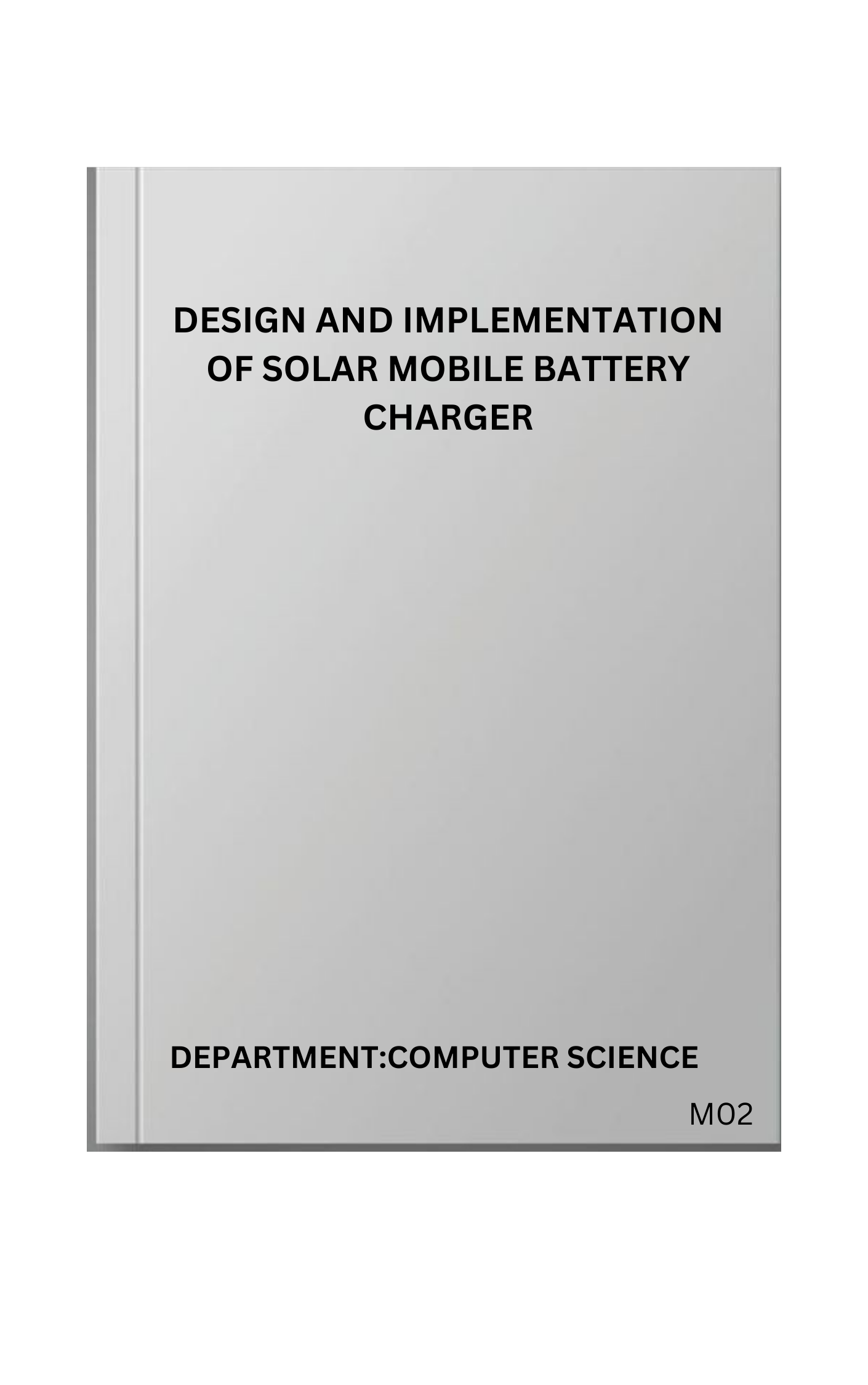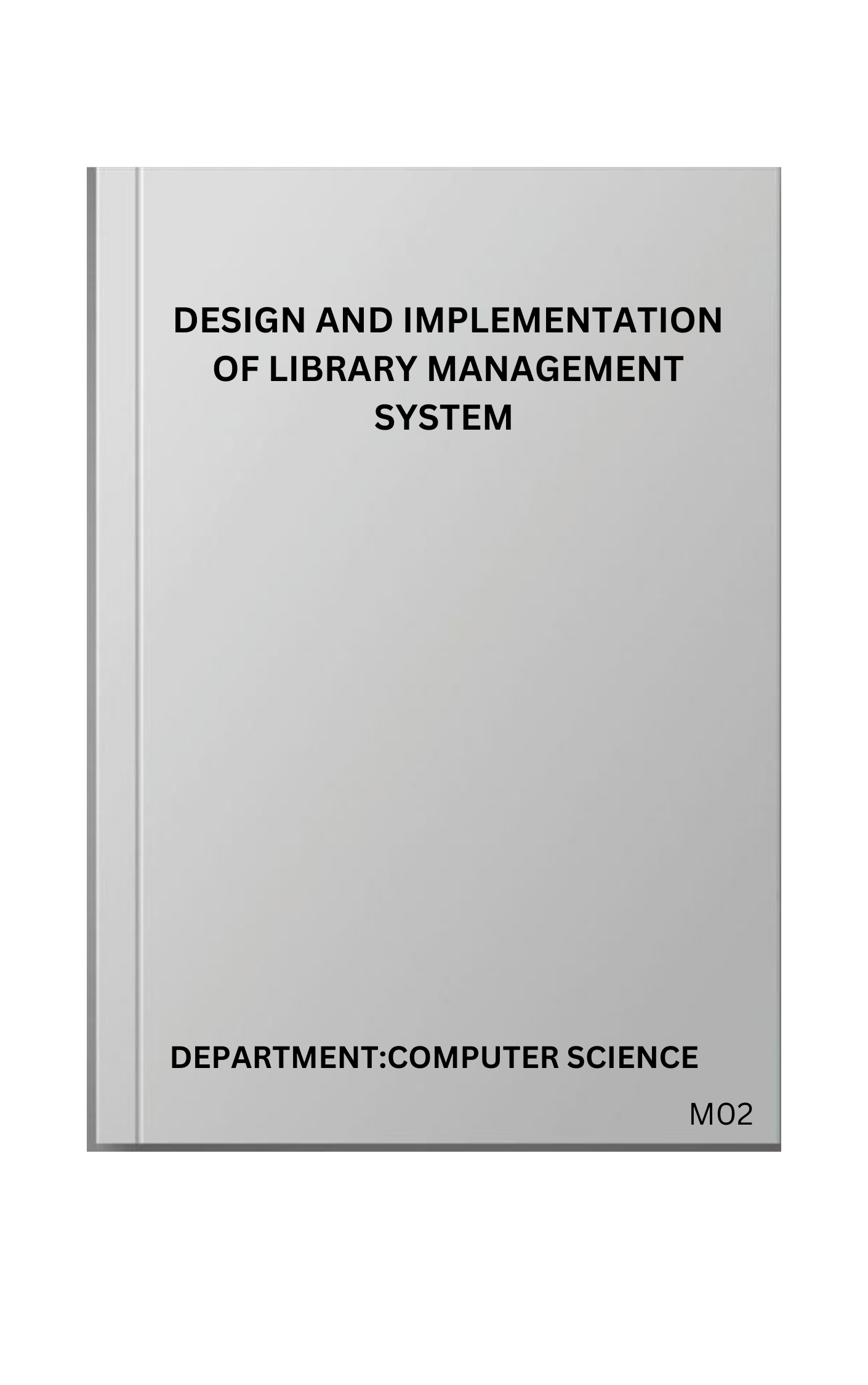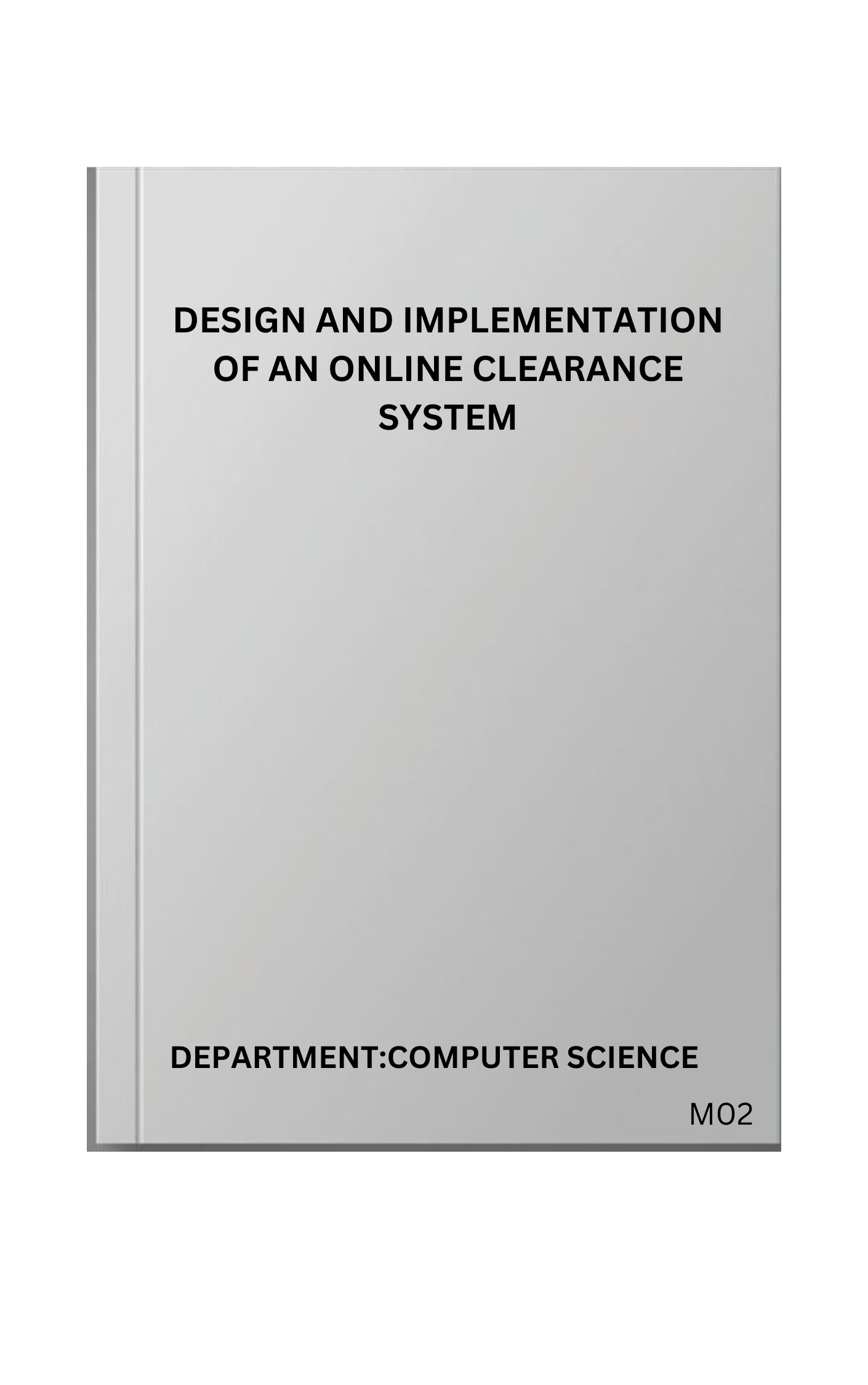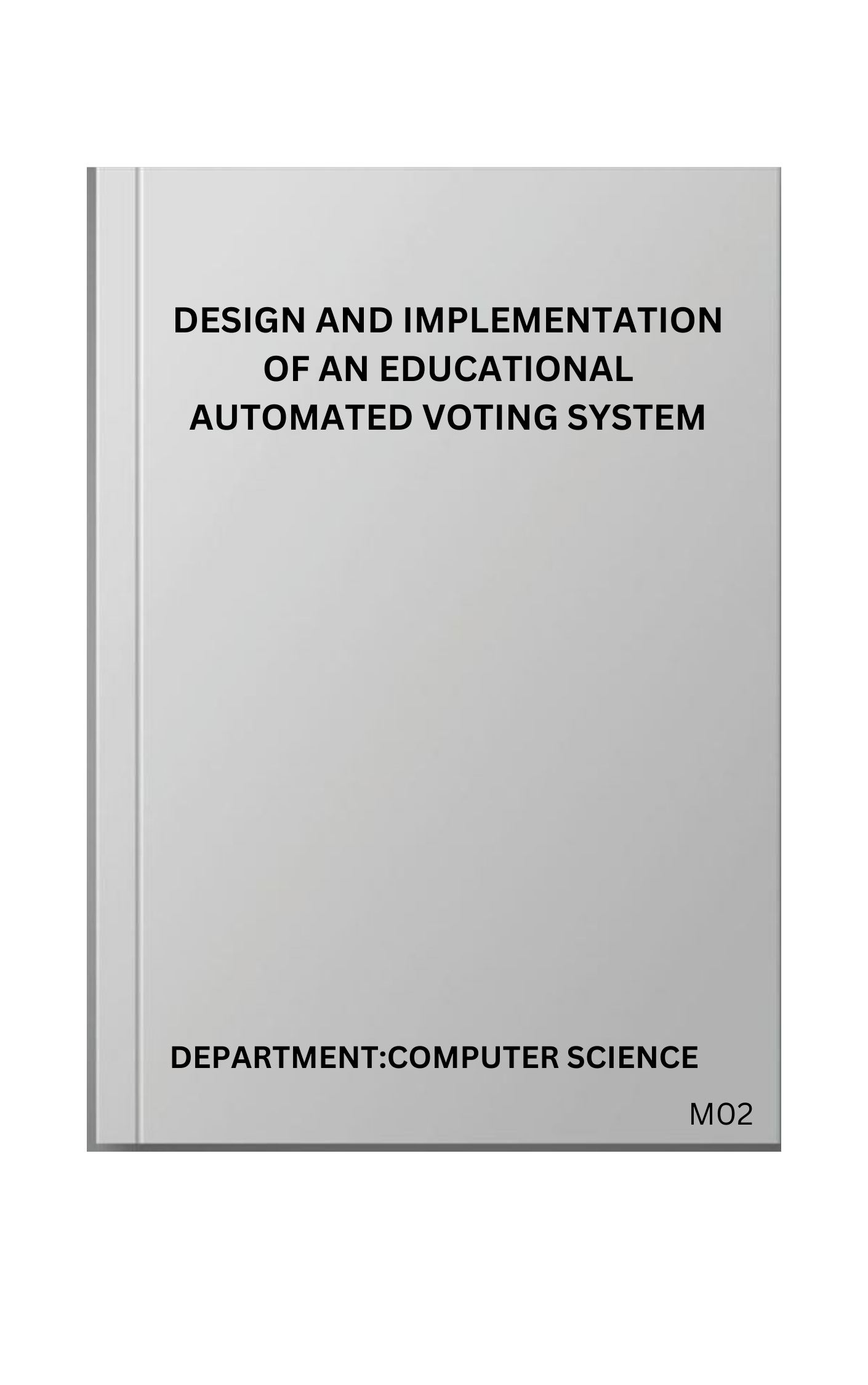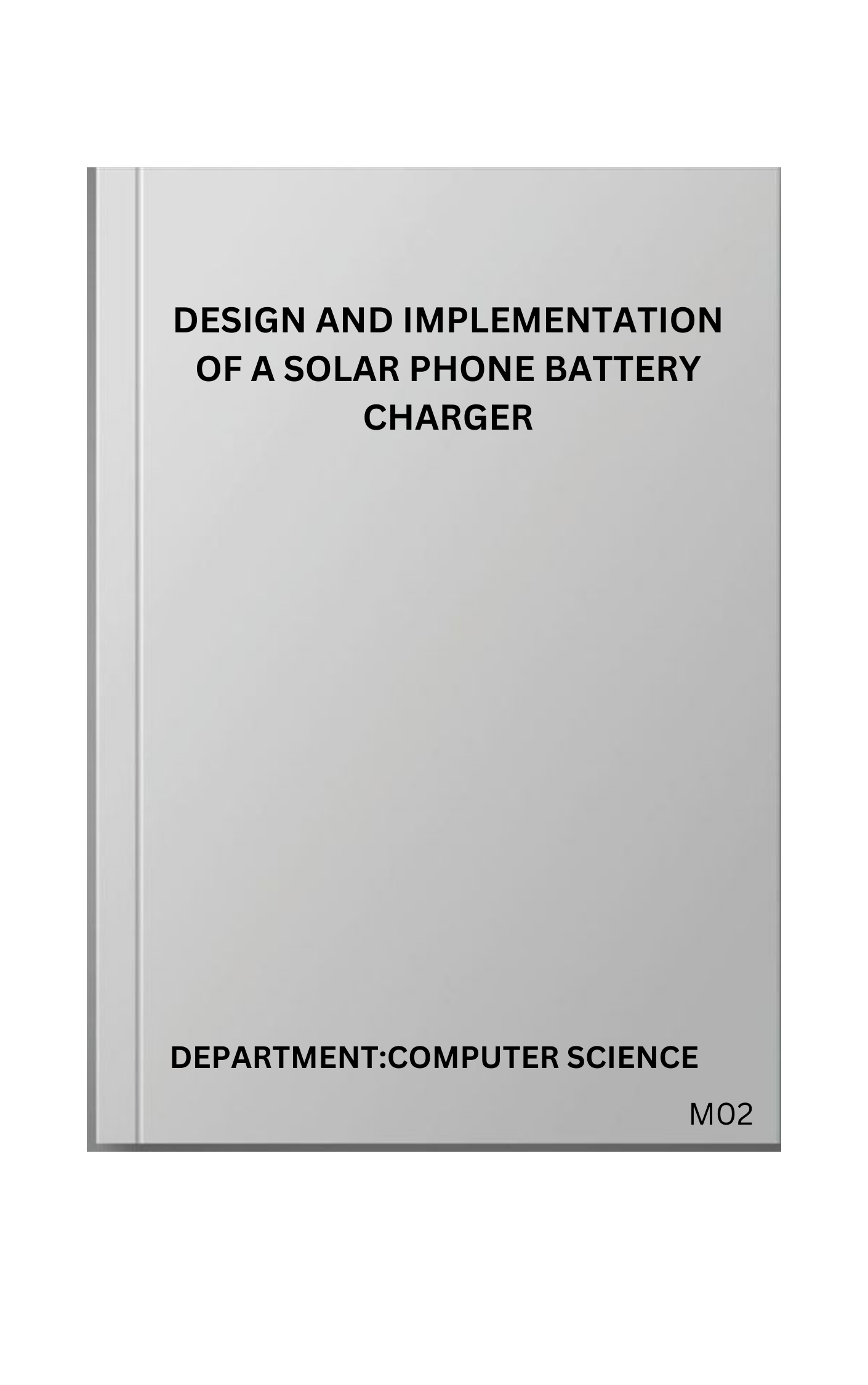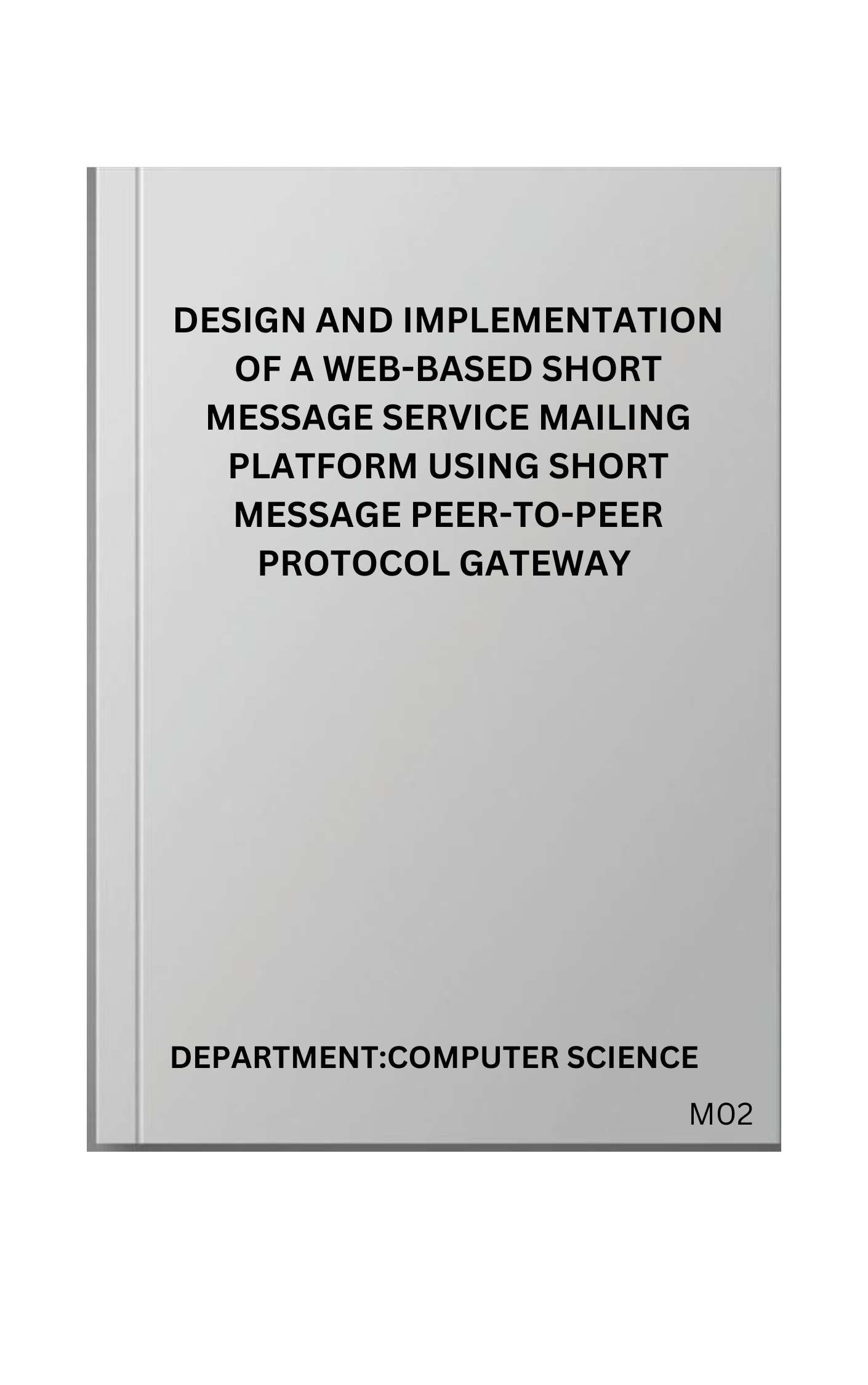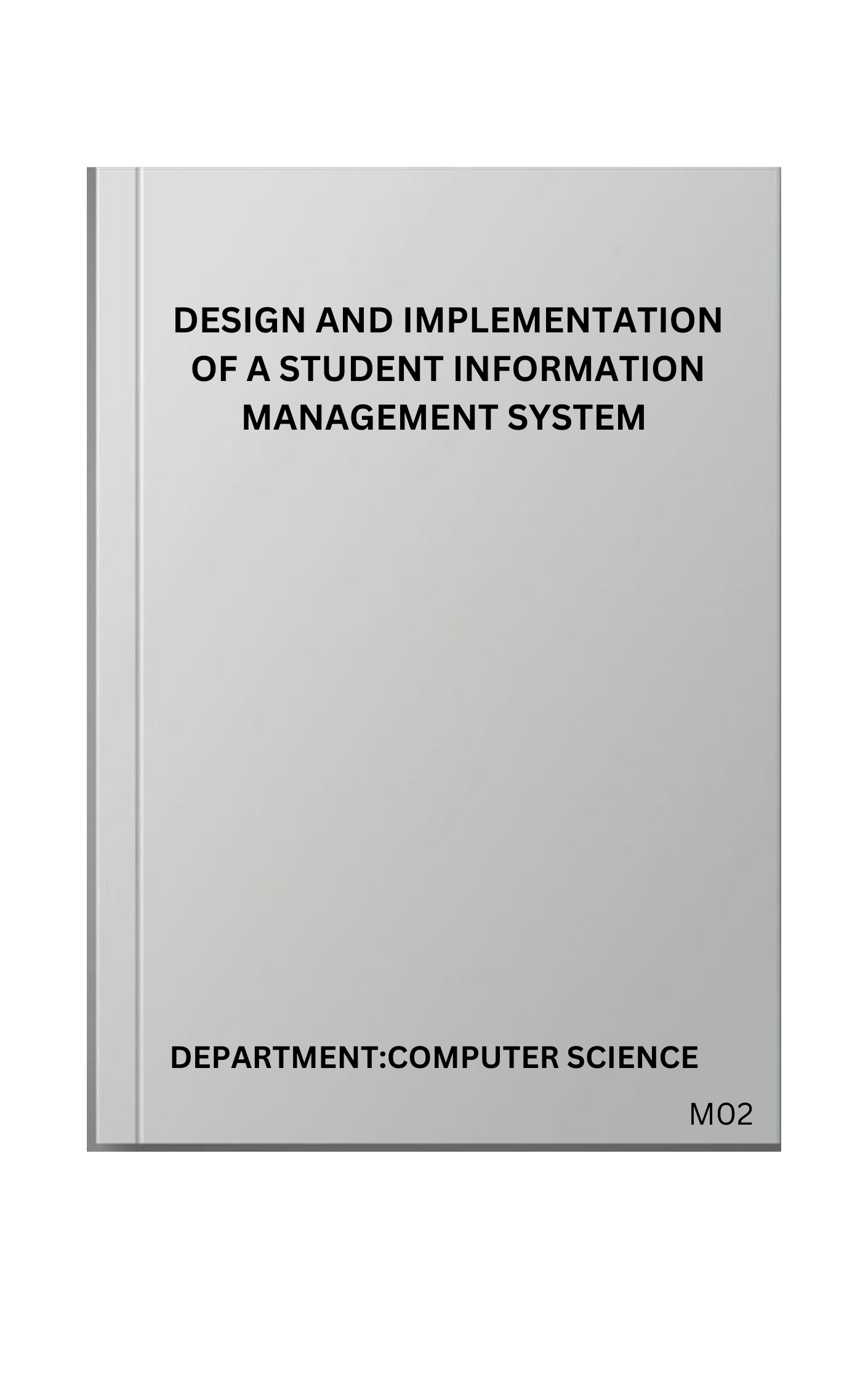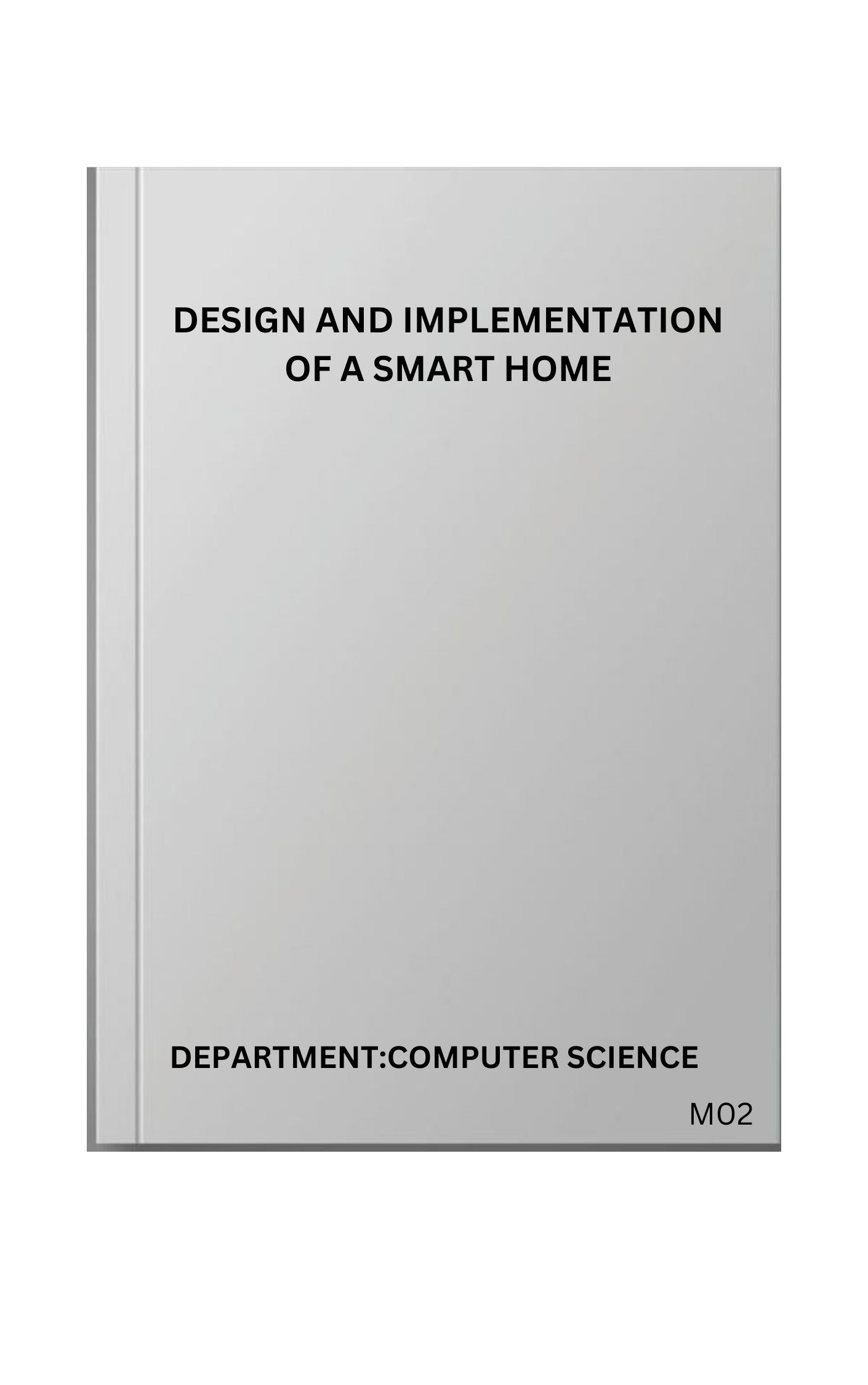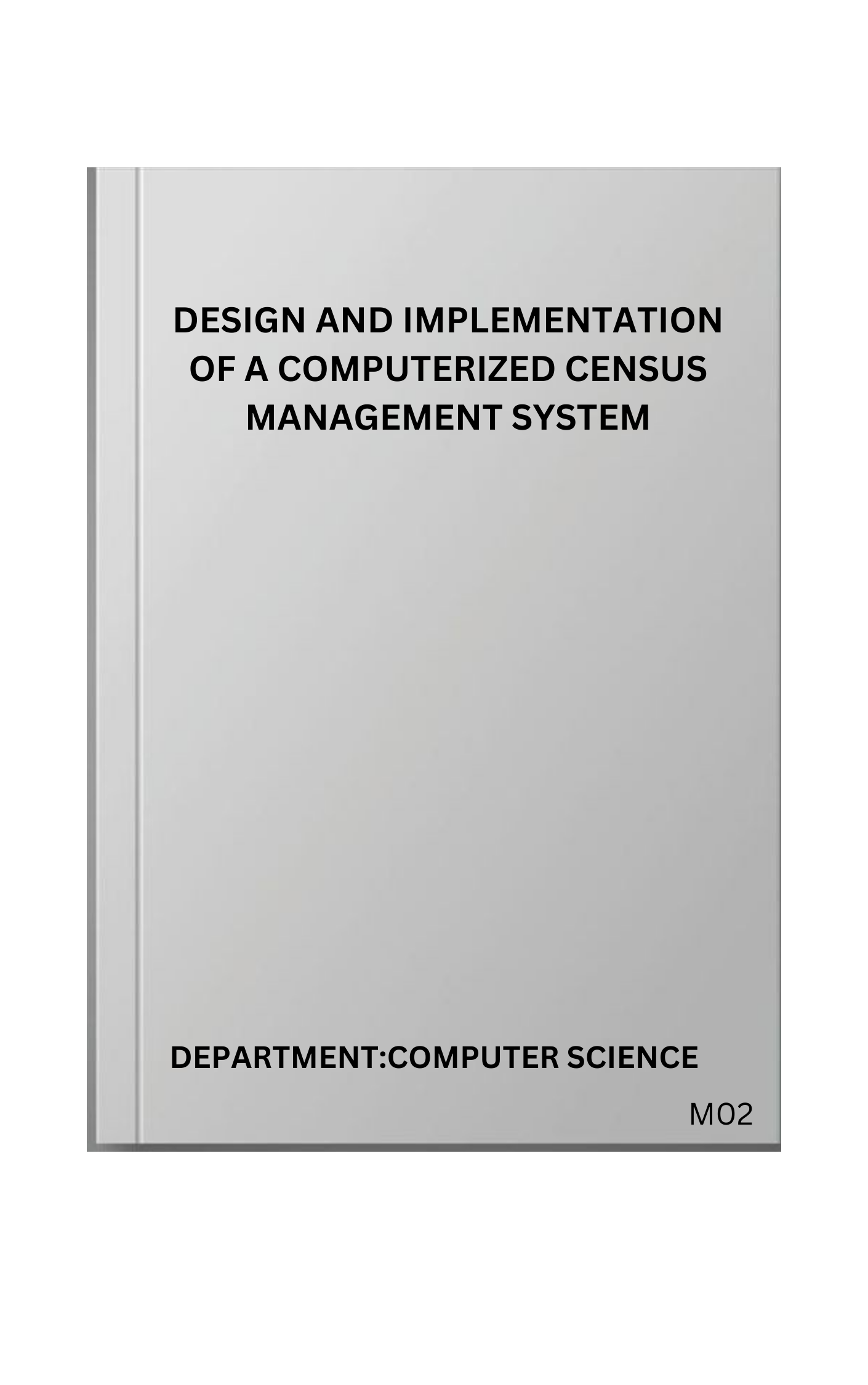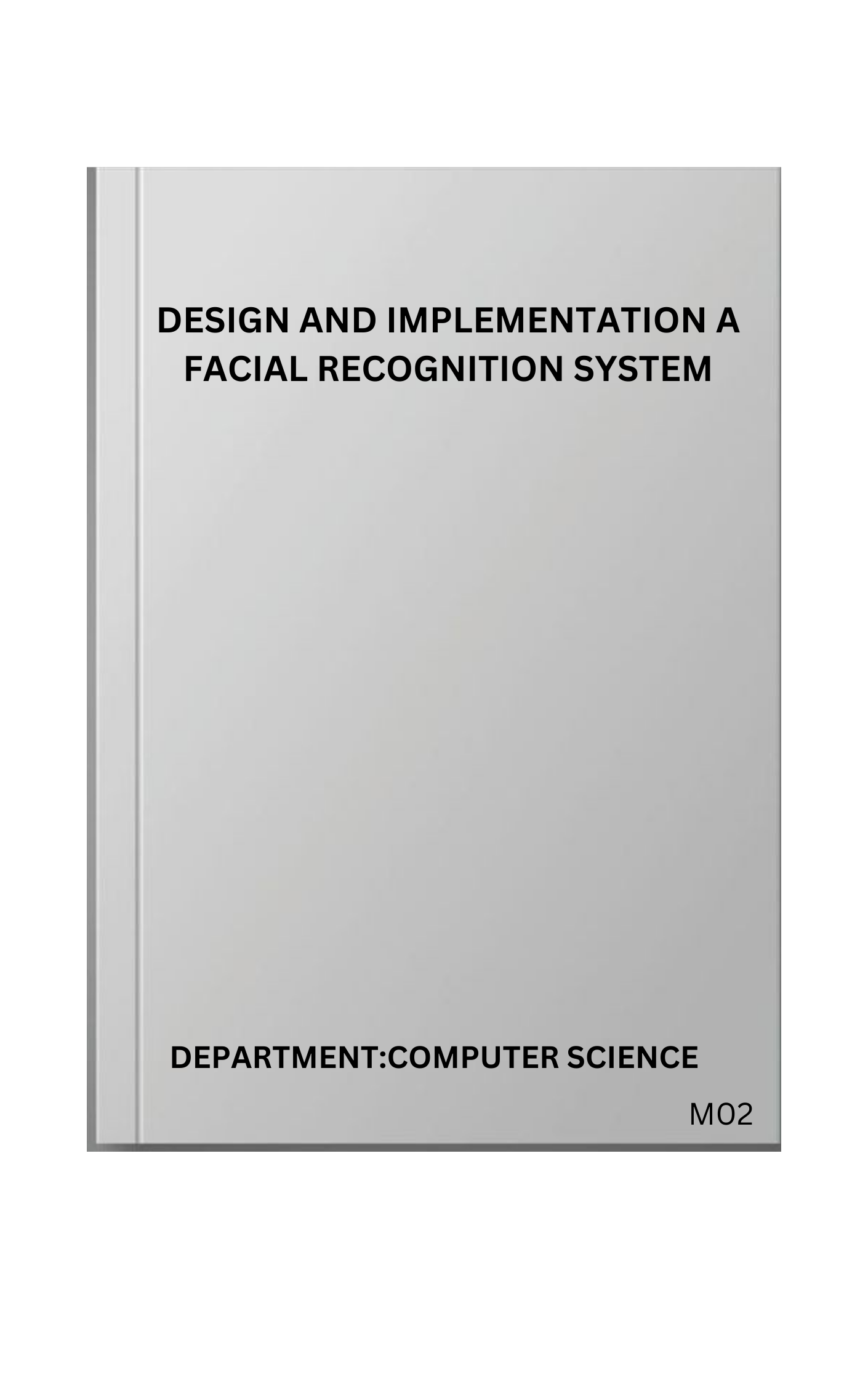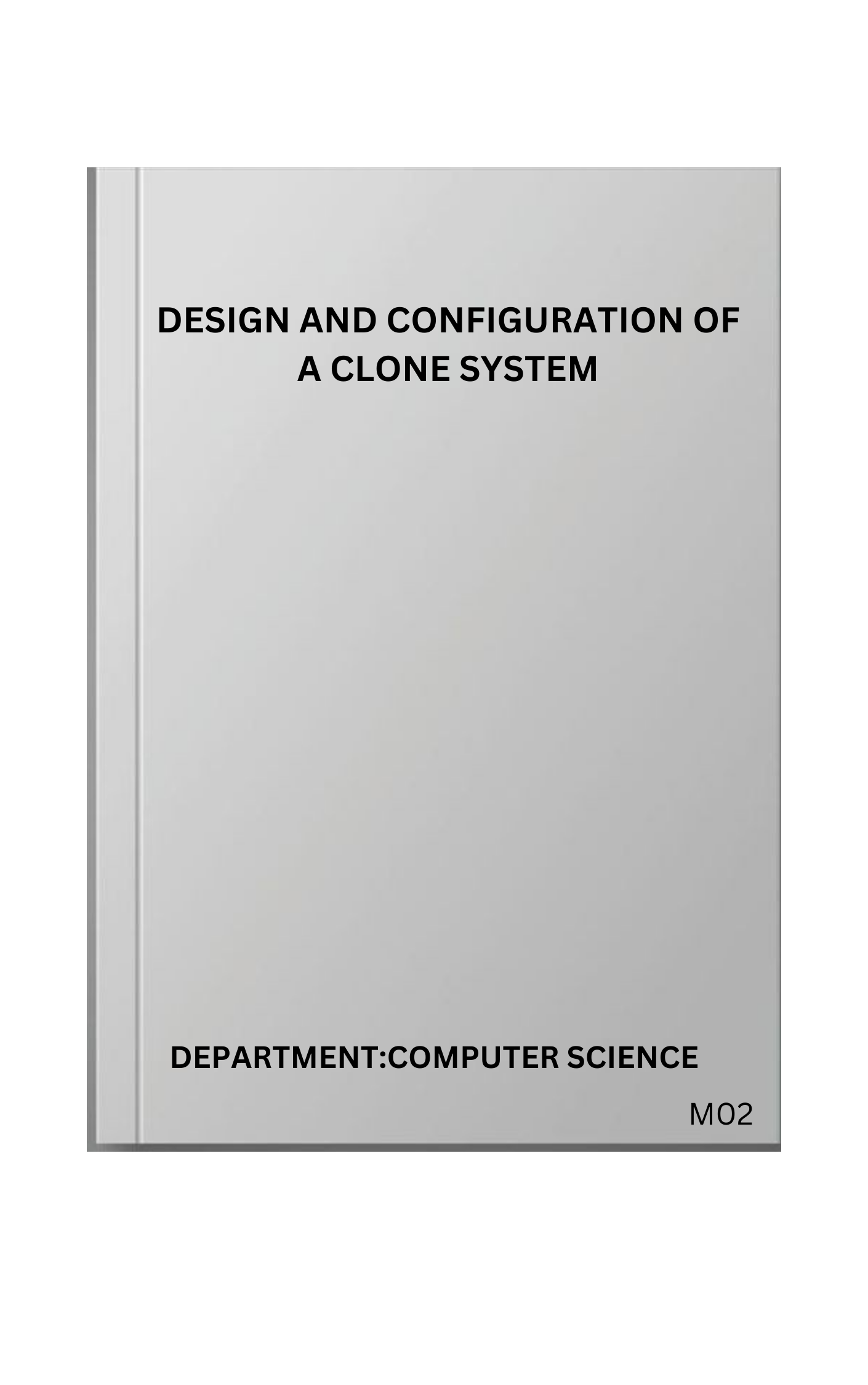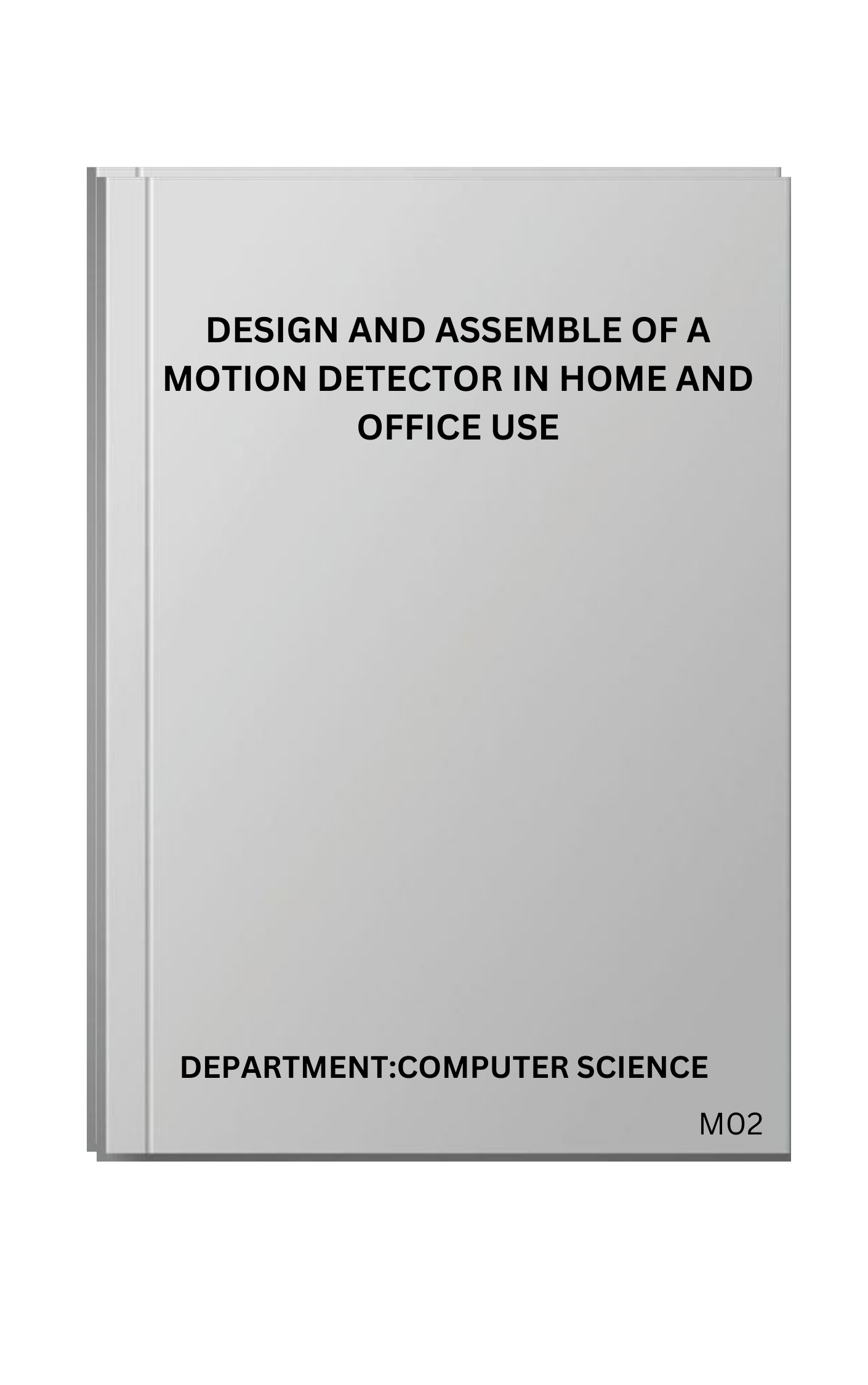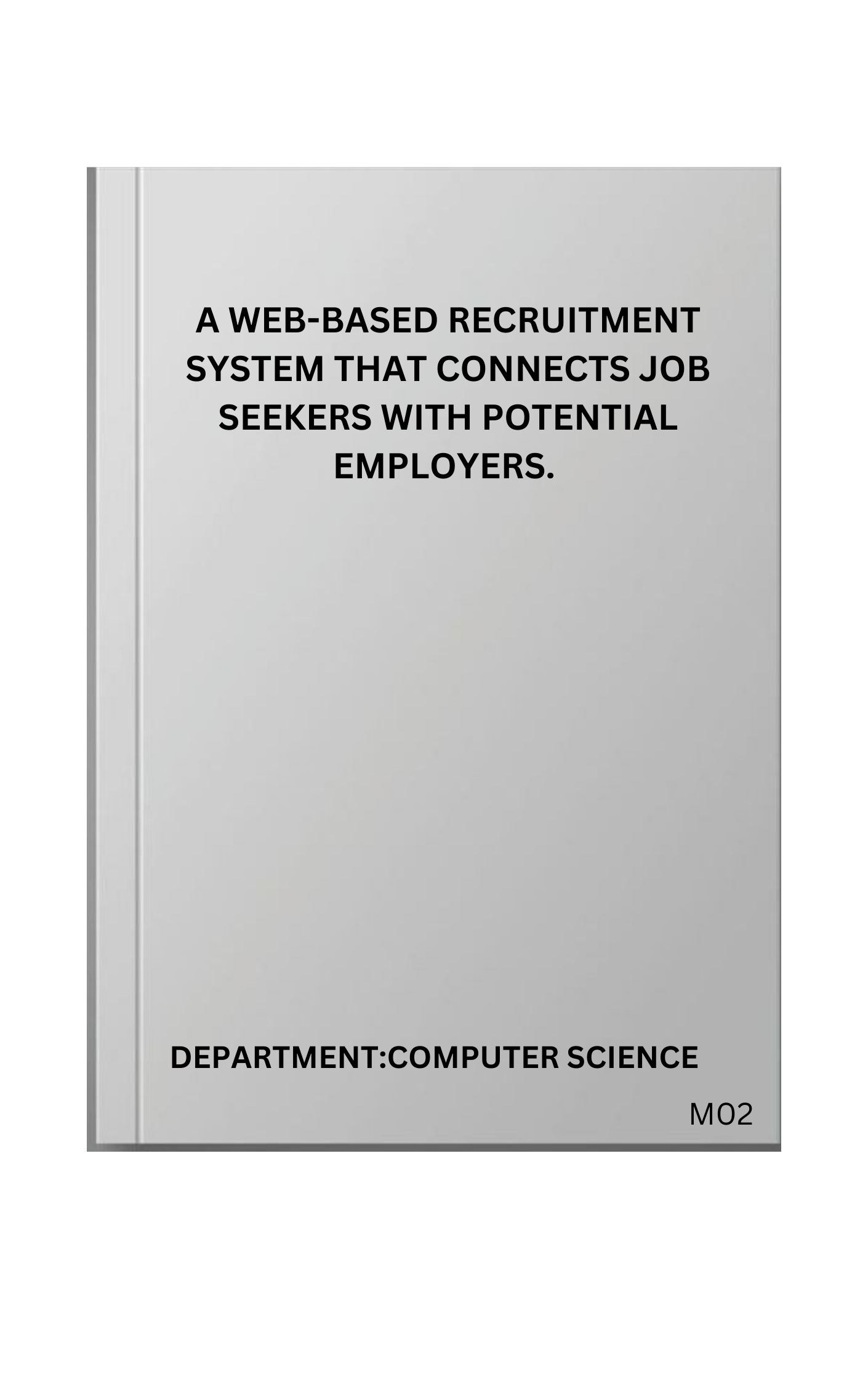CHAPTER ONE: INTRODUCTION
1.1Background to the Study
The relationship between reward systems and employee performance is a key factor in determining the success of small and medium scale enterprises (SMEs). Reward systems encompass both monetary and non-monetary incentives designed to motivate employees, enhance their performance, and drive organizational growth. Employee performance on the other hand refers to how well employees carry out their job responsibilities and contribute to achieving the organization's goals (Ogbu, Ewelike & Udeh, 2020). It encompasses various factors such as productivity, efficiency, quality of work, and adherence to deadlines. In small and medium scale enterprises (SMEs), employee performance is crucial as it directly impacts the business's growth, customer satisfaction, and overall competitiveness. In SMEs, especially in Nigeria and across Africa, these rewards are critical in fostering employee engagement, productivity, and overall job satisfaction. However, many SMEs face challenges in effectively implementing reward systems due to various constraints (Nuru & Hagen, 2023).
A reward system typically includes monetary rewards such as salary increments, performance bonuses, and medical benefits, as well as non-monetary rewards such as promotions, recognition, flexible working conditions, and opportunities for personal development. Monetary rewards directly enhance employees' financial well-being and are often linked to immediate performance improvements. Non-monetary rewards, on the other hand, cater to employees' emotional and psychological needs, promoting long-term loyalty, job satisfaction, and a sense of belonging (Vincent, 2023).
Globally, numerous studies underscore the critical role that reward systems play in boosting employee engagement and productivity. Reward systems that are effectively designed and implemented enhance motivation by recognizing employees’ contributions and aligning individual performance with organizational goals. For instance, effective reward systems are associated with increased commitment and job satisfaction, as employees feel valued and recognized for their efforts, which fosters a stronger connection to the company’s success (Kuvaas, Buch, Weibel, Dysvik, & Nerstad, 2017). In highly competitive business environments, aligning reward structures with performance goals becomes especially important, as it encourages accountability and drives organizational success. Companies that set clear performance expectations and reward employees based on their achievements tend to perform better overall, as these rewards create a direct link between effort and reward. (Kuvaas et al., 2017).
In Africa, the situation varies. Many SMEs struggle to implement competitive reward systems due to financial constraints and lack of formalized human resource structures. As a result, employee retention and engagement in African SMEs often suffer, with high turnover rates and low job satisfaction. The challenges are particularly pronounced in Nigeria, where economic instability, high inflation, and regulatory issues affect the ability of SMEs to offer competitive salaries and benefits (Sara & Rashad, 2019).
In Nigeria, SMEs contribute significantly to the economy by providing employment and driving innovation. However, one of the major problems they face is the development of an effective reward system. SMEs in regions like Uvwie, Delta State, face issues such as limited access to capital, rising operational costs, and inadequate infrastructure, which hinder their ability to offer robust reward packages. As a result, many employees in SMEs are often underpaid, receive limited benefits, and have fewer opportunities for advancement compared to those in larger organizations. This negatively impacts employee morale, engagement, and productivity (Reuben, Grace & Michael, 2018).
Salary Increment and Employee Engagement: In many SMEs, salary increments are rare due to tight financial margins. This can lead to disengaged employees who feel undervalued, reducing their commitment to their work. Regular salary reviews and adjustments are essential in keeping employees motivated, but the financial capacity of SMEs often limits their ability to do so. Medical Benefits and Productivity: Offering medical benefits is another challenge for SMEs. In larger organizations, health insurance is a standard part of the reward system. However, many SMEs cannot afford to provide comprehensive medical benefits to their employees, which can negatively affect their productivity. Without adequate healthcare, employees may face frequent absences or decreased work performance due to health issues (Sara, et al., 2019).
Performance Bonuses and Morale: While performance bonuses can significantly boost employee morale, many SMEs do not have structured performance evaluation systems in place. Inconsistent or absent performance bonuses can lead to a lack of motivation among employees, as they may not feel that their hard work is being recognized or rewarded. Promotion and Quality of Work: Promotion opportunities are often limited in SMEs due to their small organizational structures (Sara, et al., 2019). Employees may find it difficult to advance in their careers, leading to stagnation and a decline in the quality of work. Promotions serve as both recognition and incentive, encouraging employees to improve their performance. However, when SMEs fail to provide clear paths for career growth, employee output can suffer.
1.2Statement of the Problem
The performance of employees in small and medium scale enterprises (SMEs) in Uvwie, Delta State, is essential to the success of these businesses.
However, one of the key challenges they face is the development of an effective reward system that enhances employee engagement, productivity, morale, and the quality of work. SMEs often struggle with limited financial resources and organizational structures, resulting in insufficient salary increments, medical benefits, performance bonuses, and promotion opportunities. These inadequacies have a negative impact on employee performance indicators, such as engagement, productivity, morale, and work quality (Okwuise, et al., 2023). The lack of regular salary increments reduces employee engagement, as workers feel undervalued and less motivated to fully commit to their tasks. Additionally, the absence of medical benefits affects employees' health, leading to frequent absences and lower productivity. Without performance bonuses, employee morale suffers, and they feel unappreciated, which diminishes their motivation and overall output. Lastly, the limited opportunities for promotion within SMEs result in job stagnation, causing employees to produce lower-quality work due to a lack of career advancement incentives (Anitha, 2020).
As such this research work is being carried out to explore the impact of various reward components on employee performance in selected SMEs in Uvwie and its environs.
1.3 Research Questions
The research questions are as follows
1.Does an increase in salary enhance employee engagement in small and medium-sized enterprises?
2.Do medical benefits enhance employee productivity in small and medium-sized enterprises?
3.Does the provision of performance bonuses improve employee morale in small and medium-sized enterprises?
4.Does promotion affect the quality of work of employees in small and medium-sized enterprises?
PAY TO GET COMPLETE PROJECT

